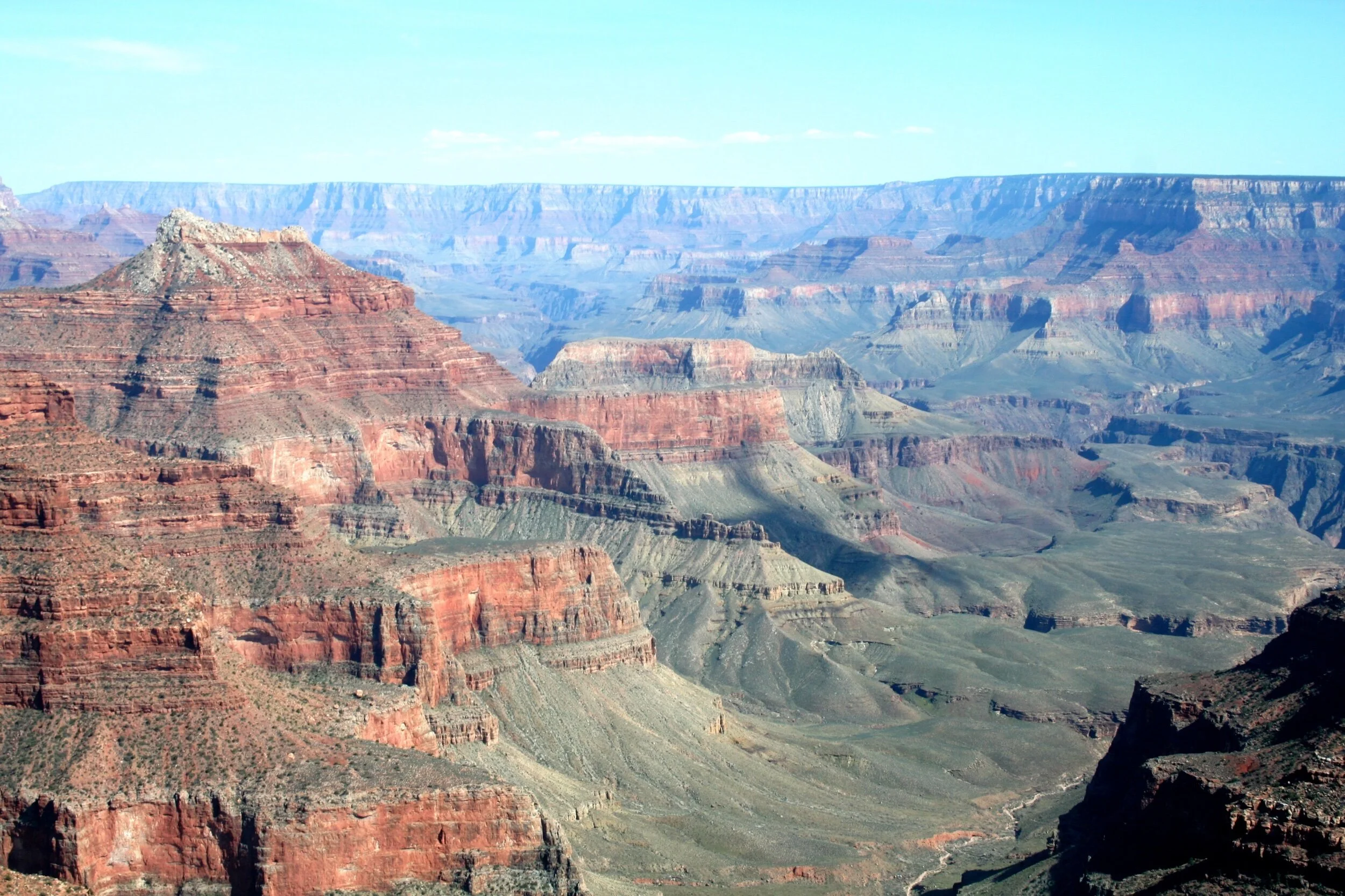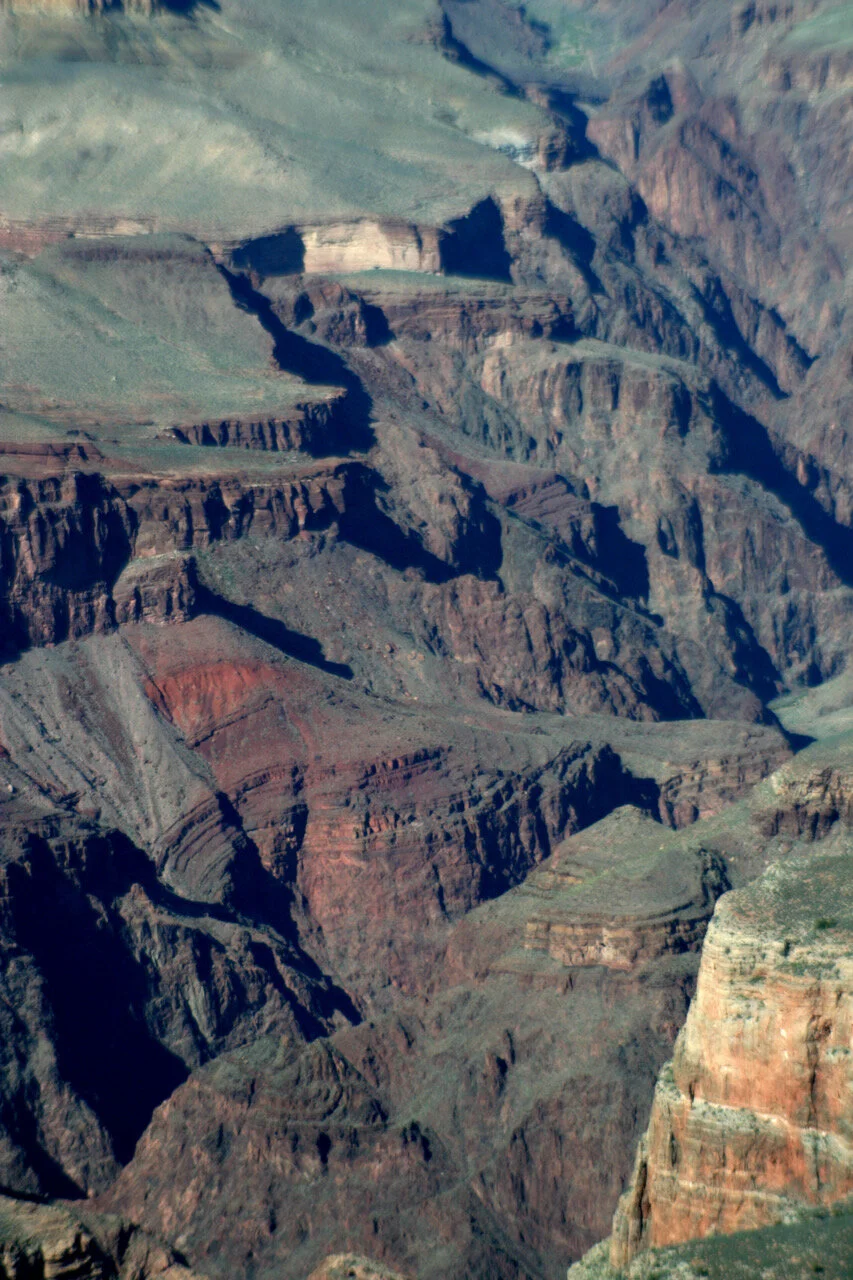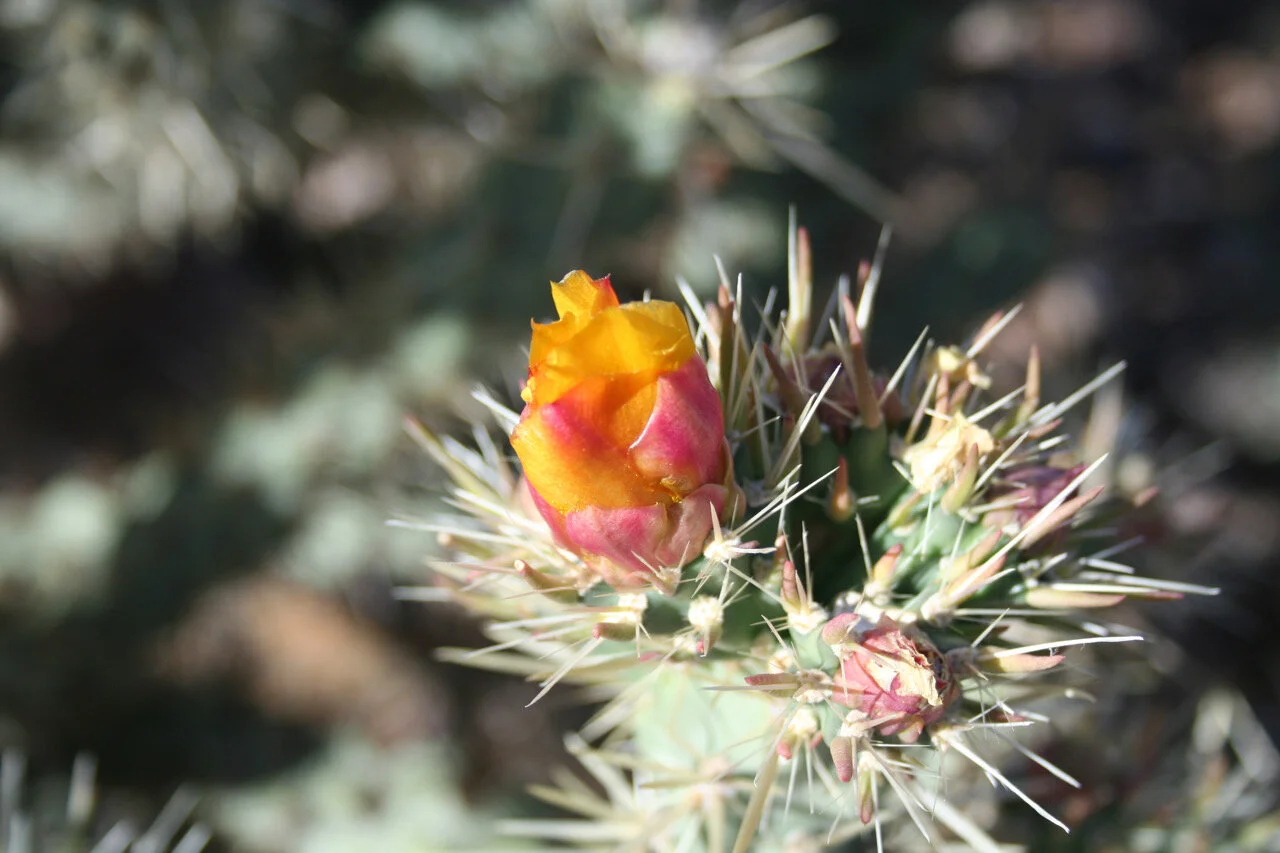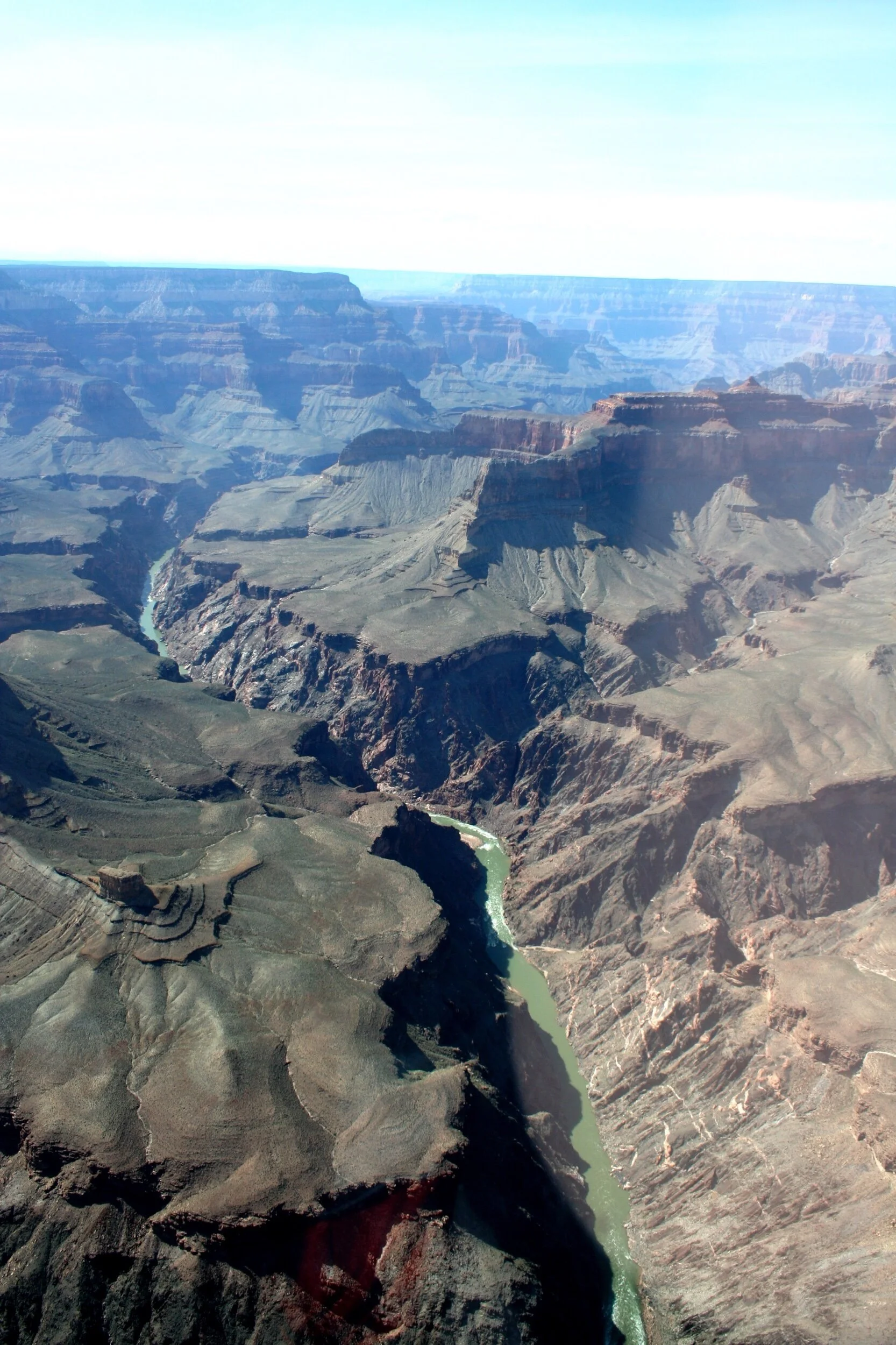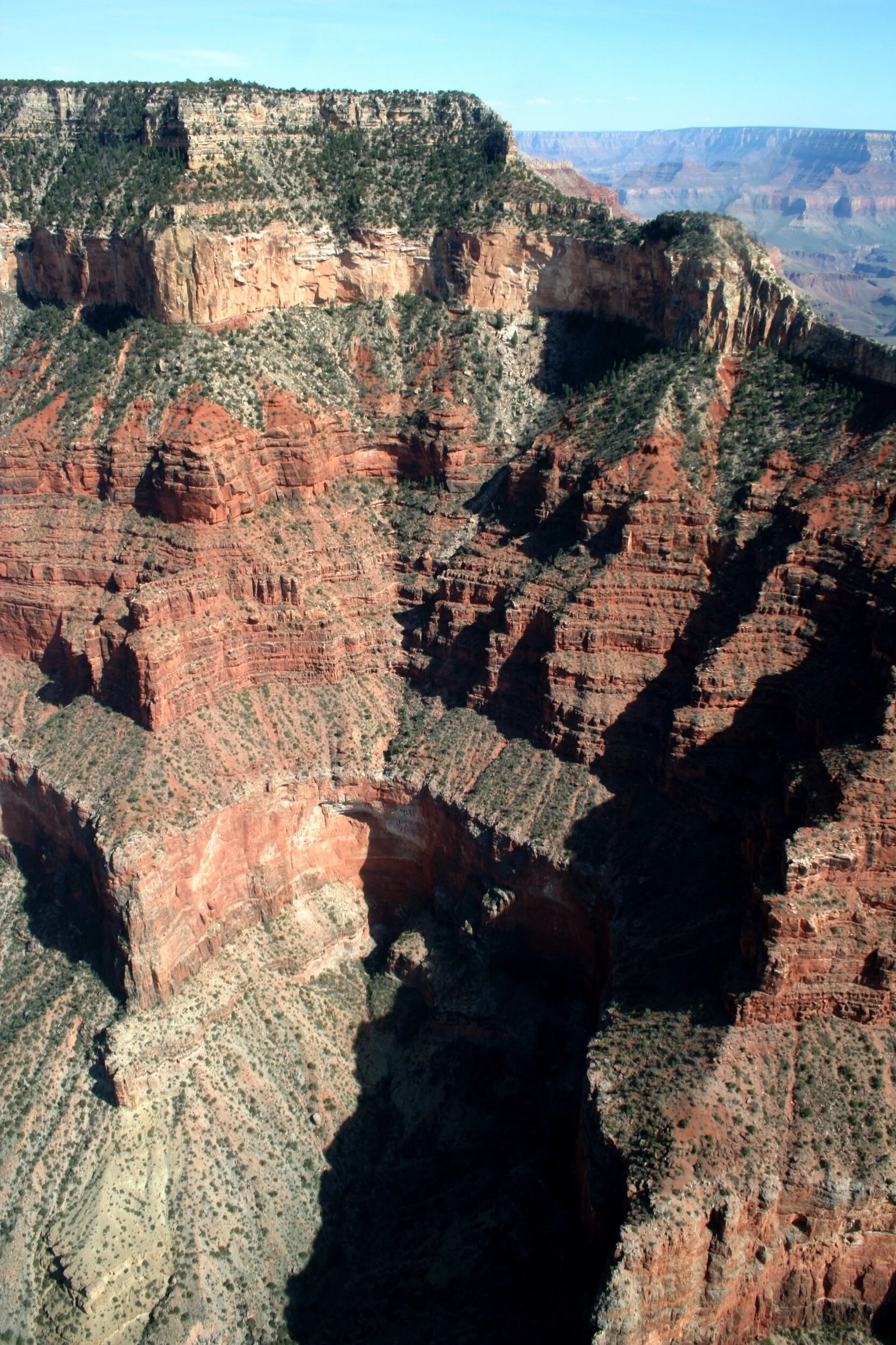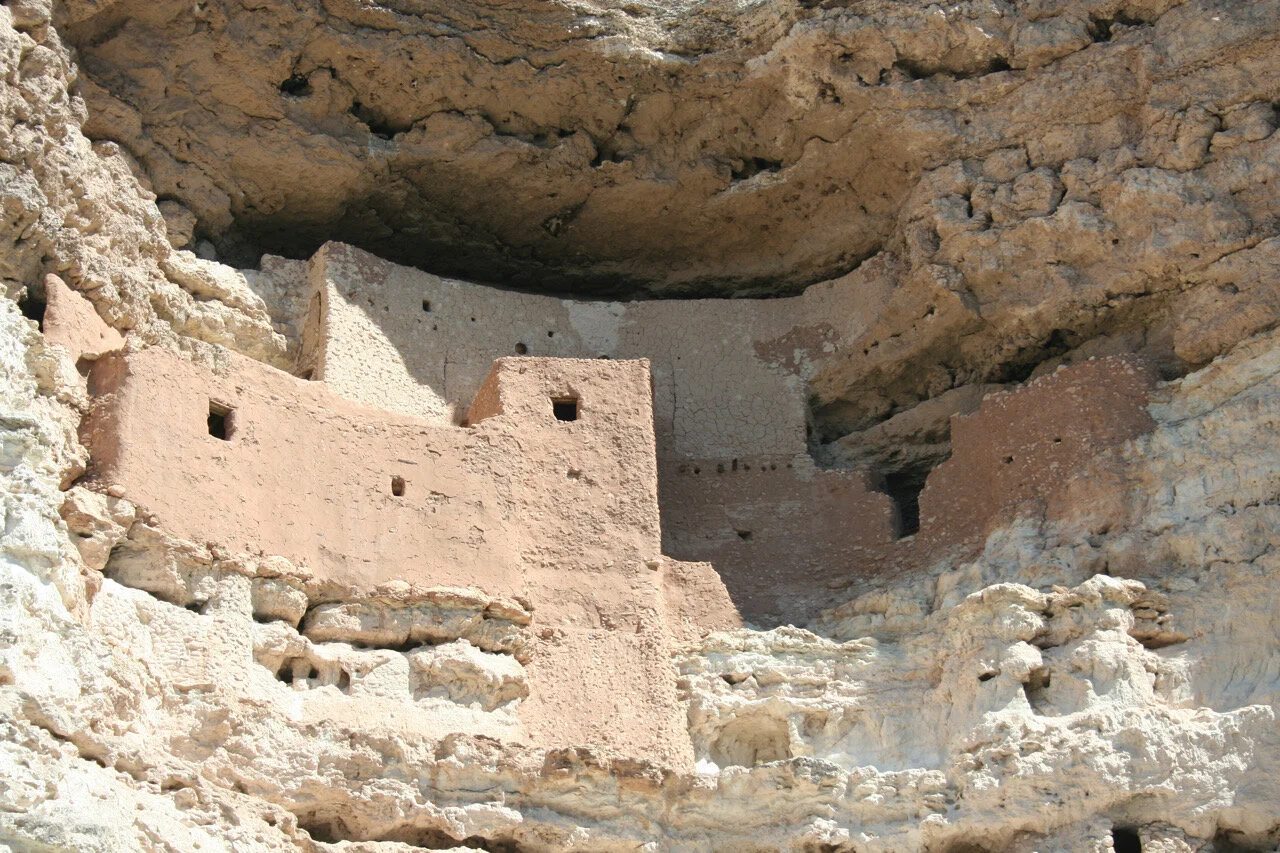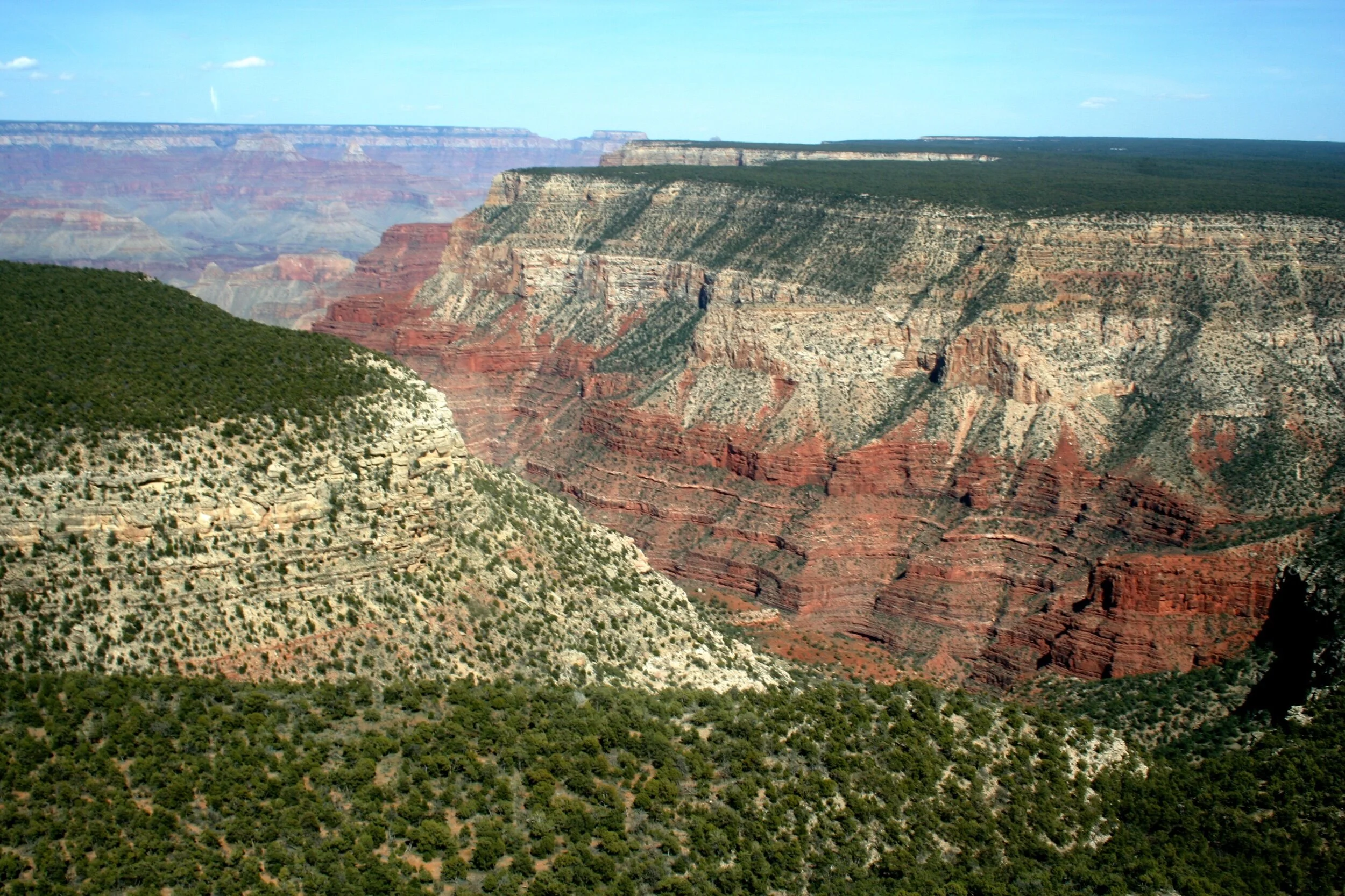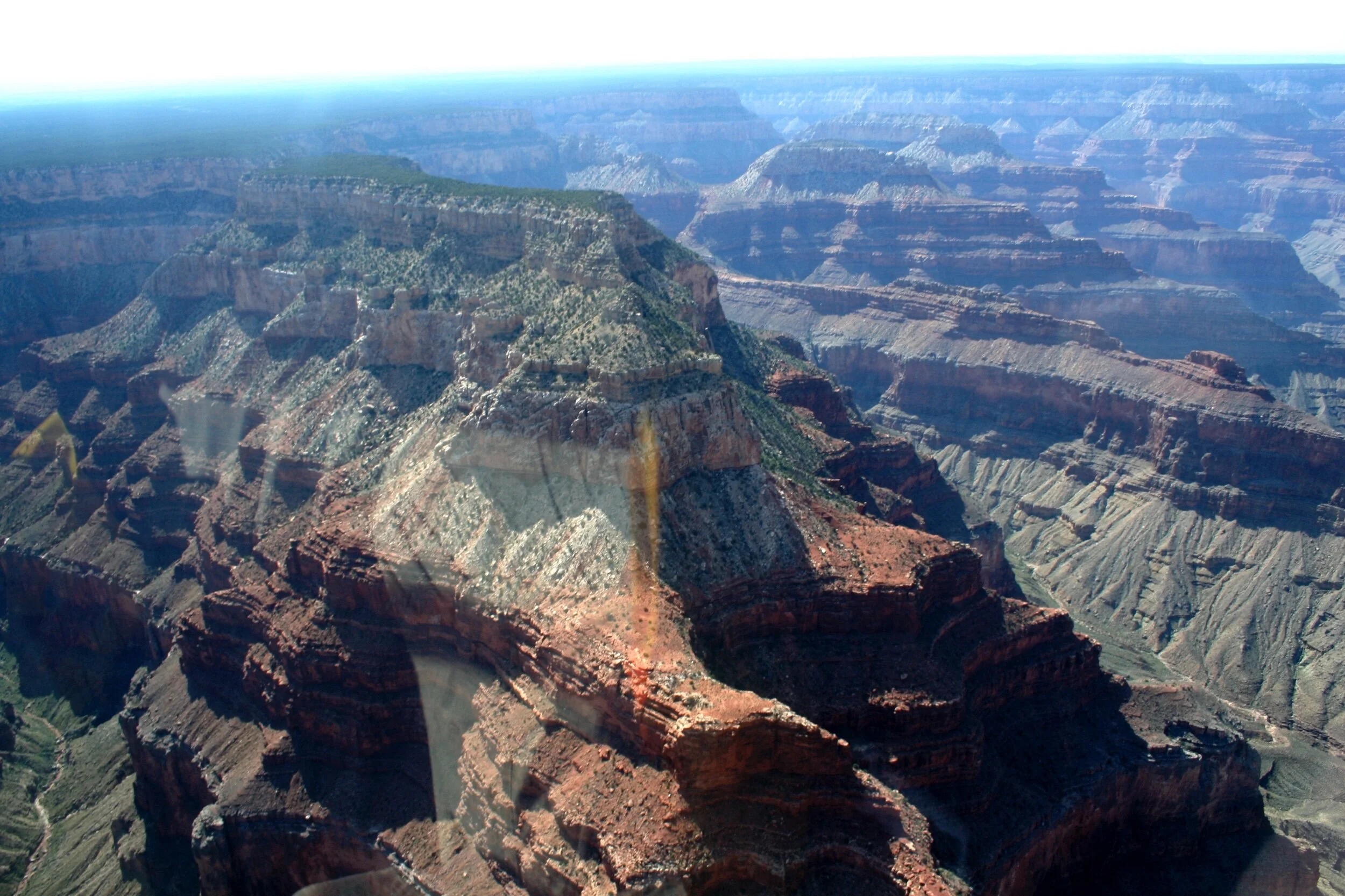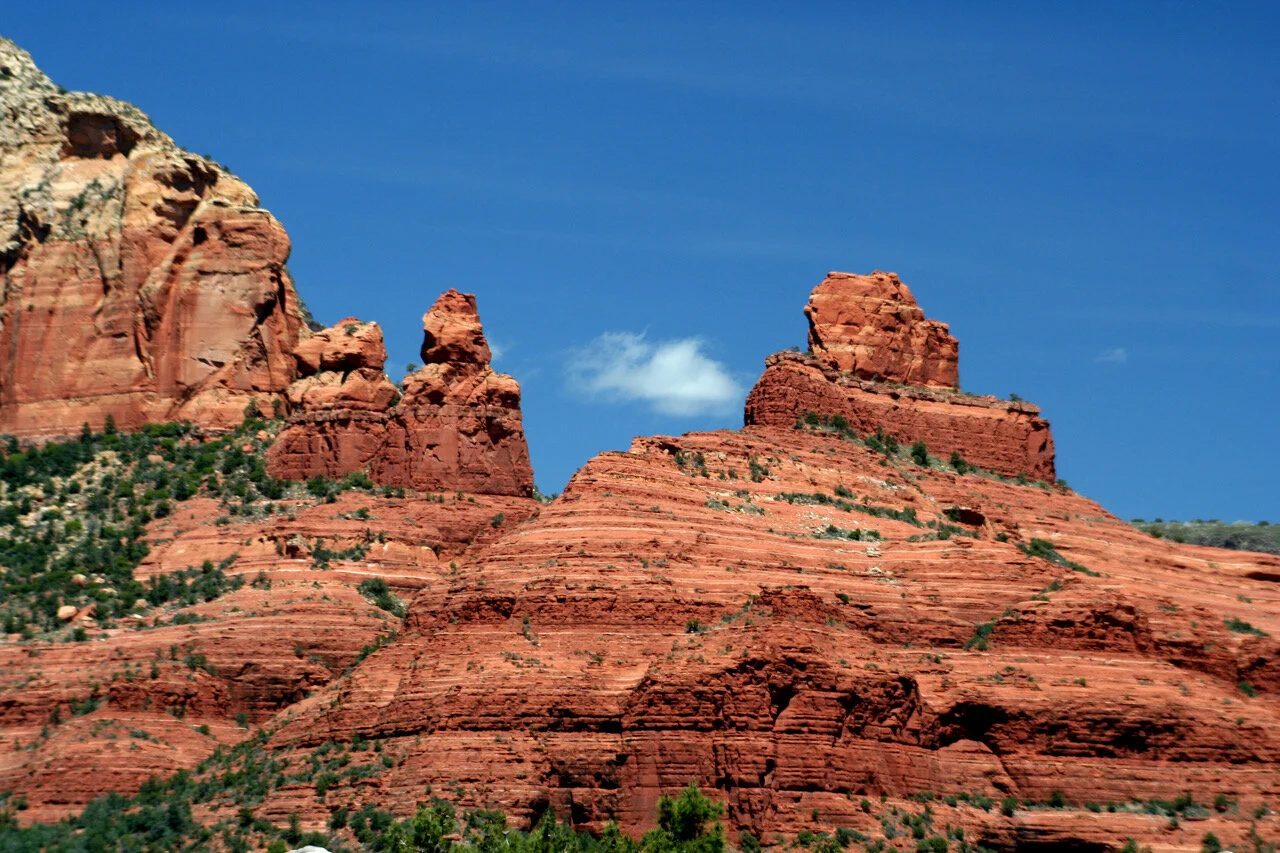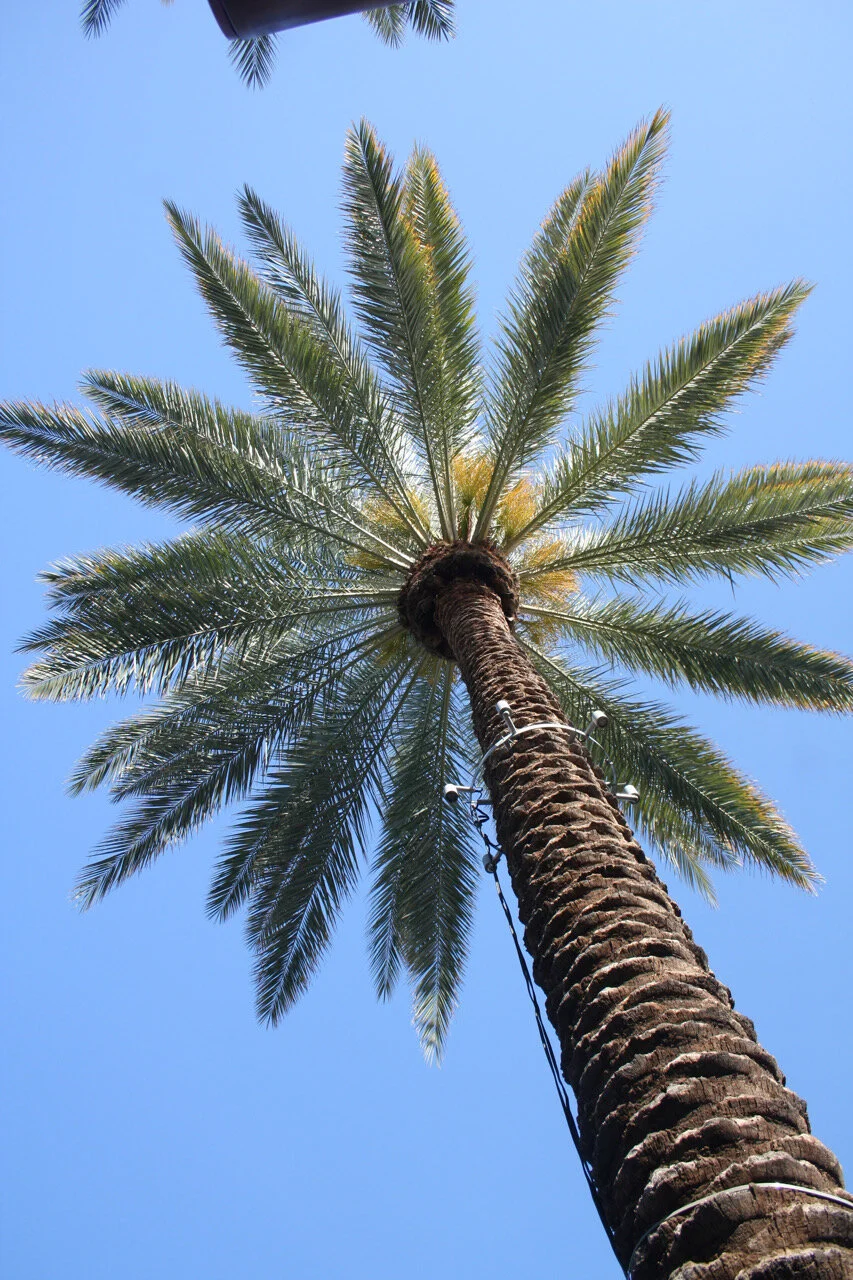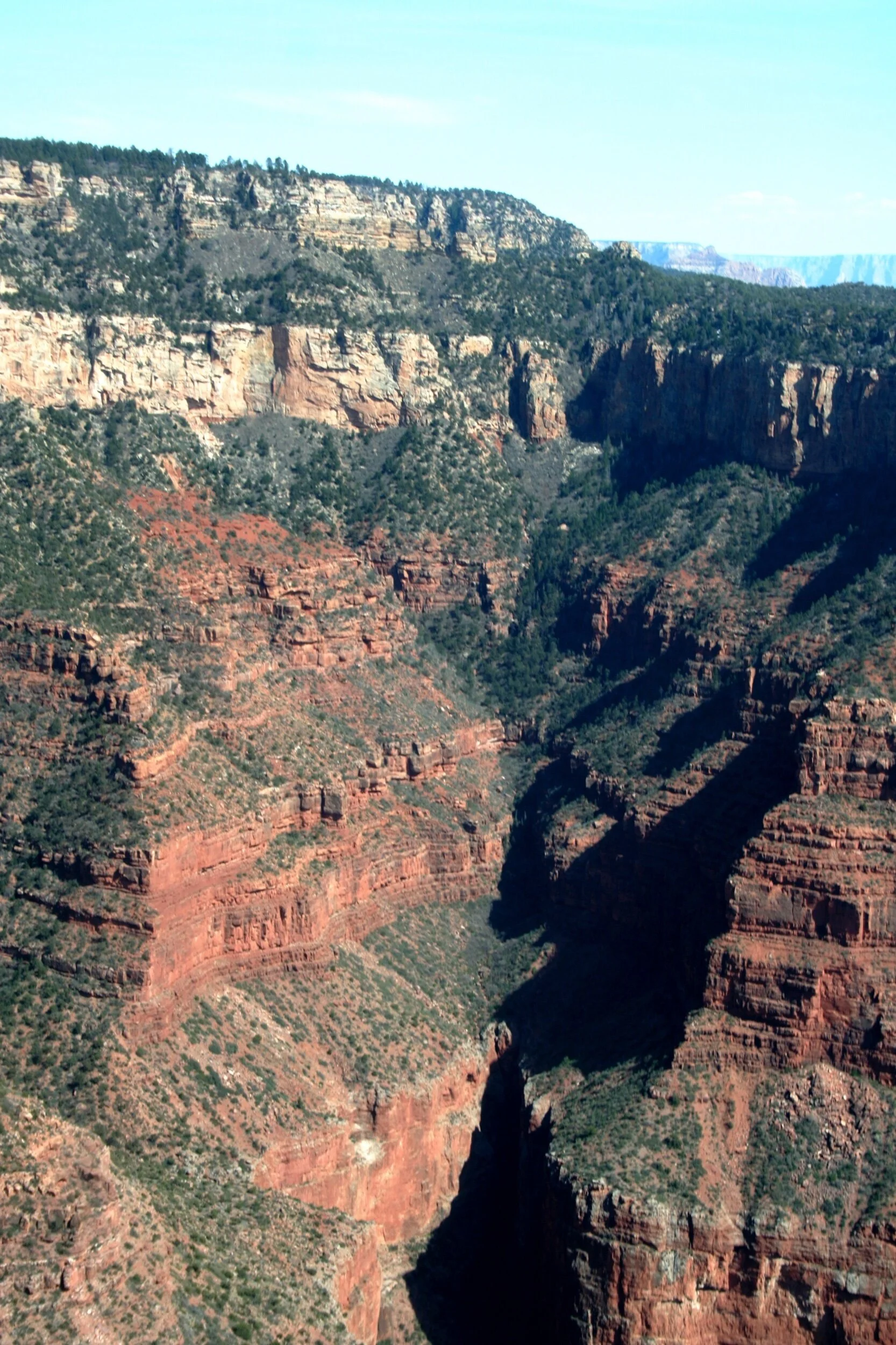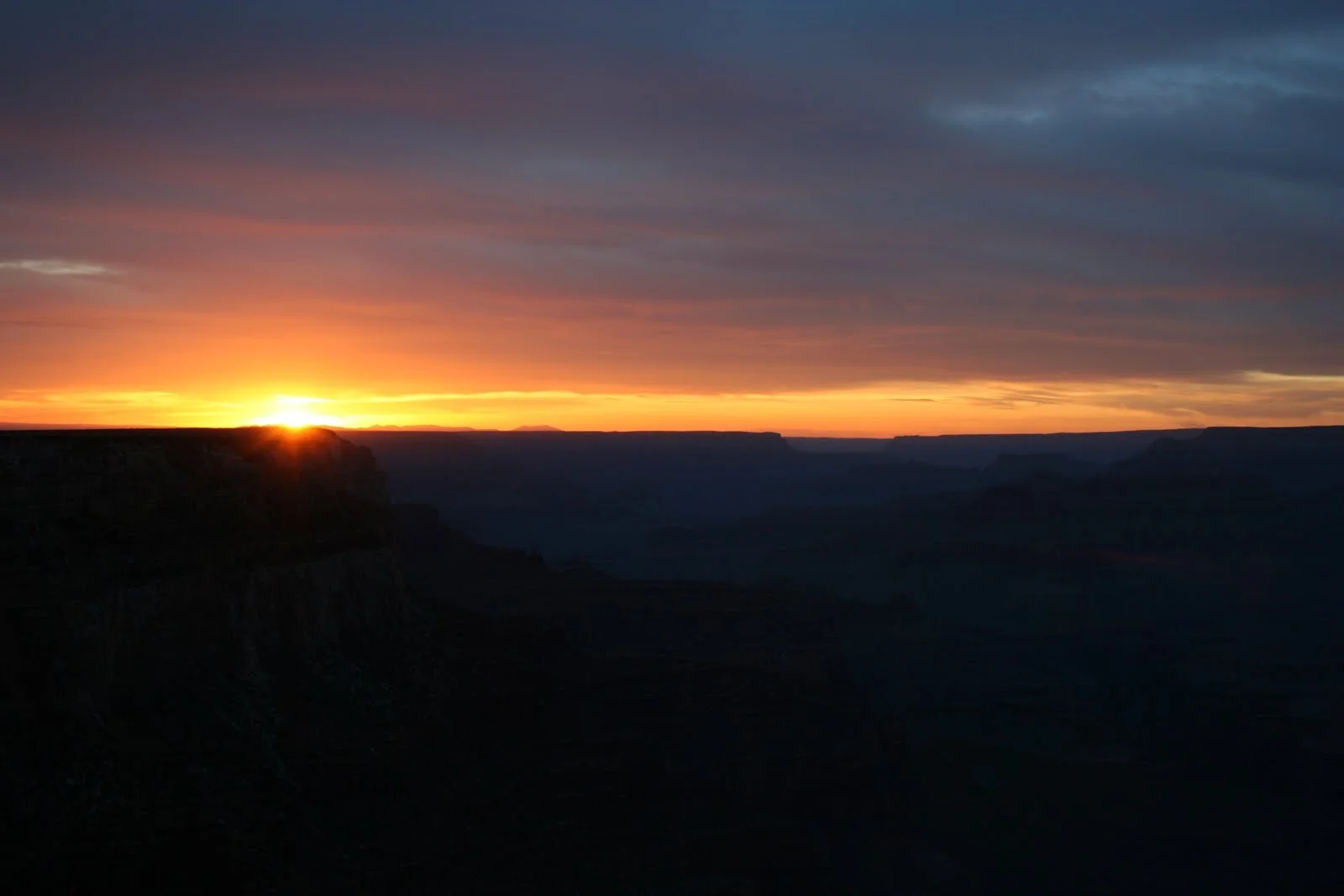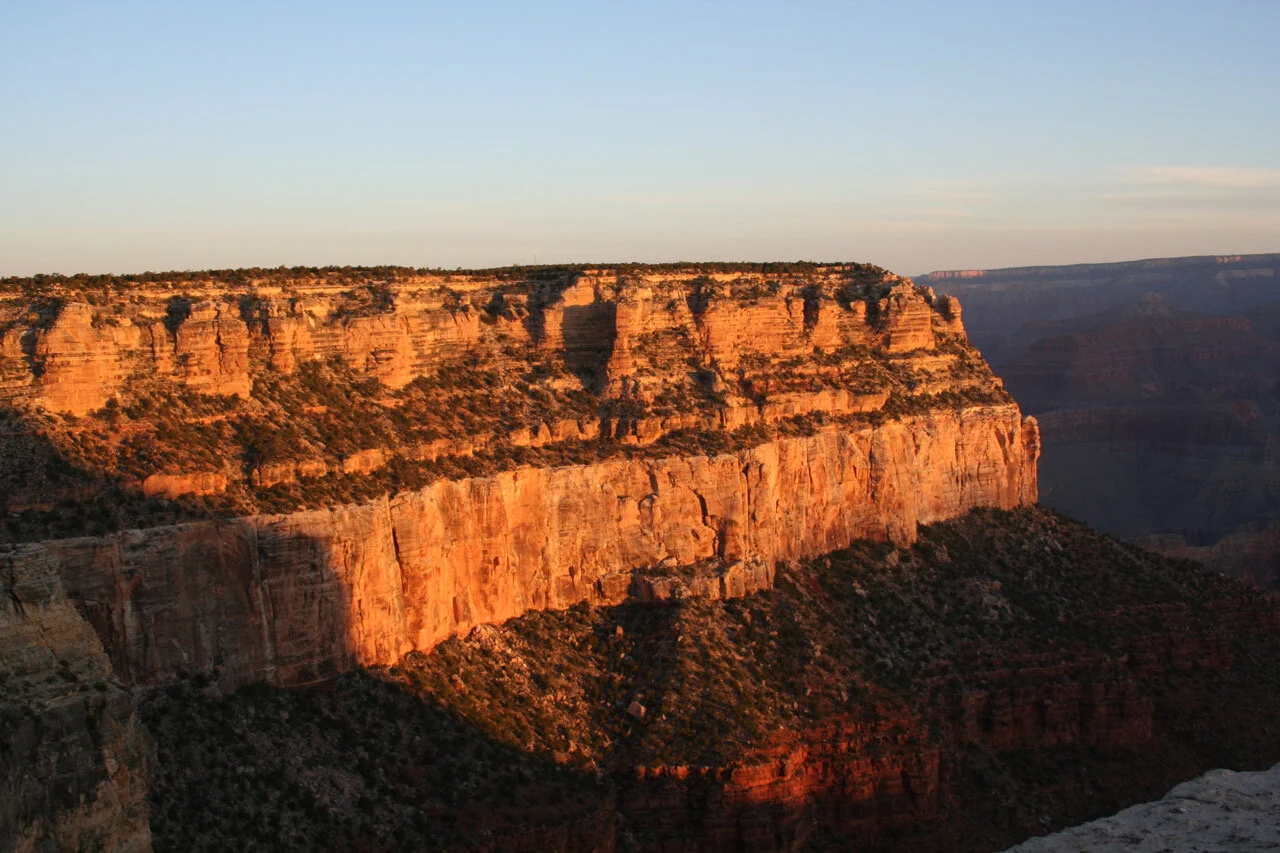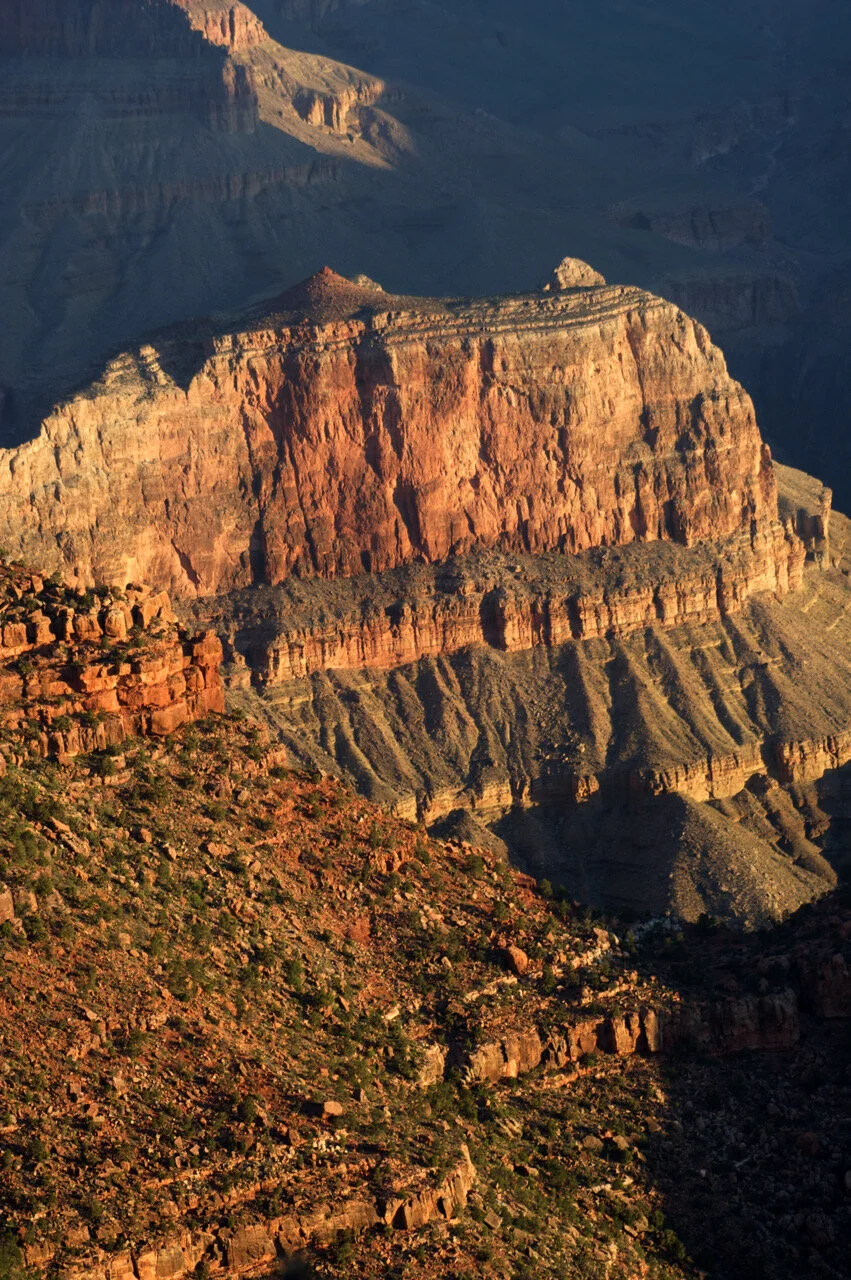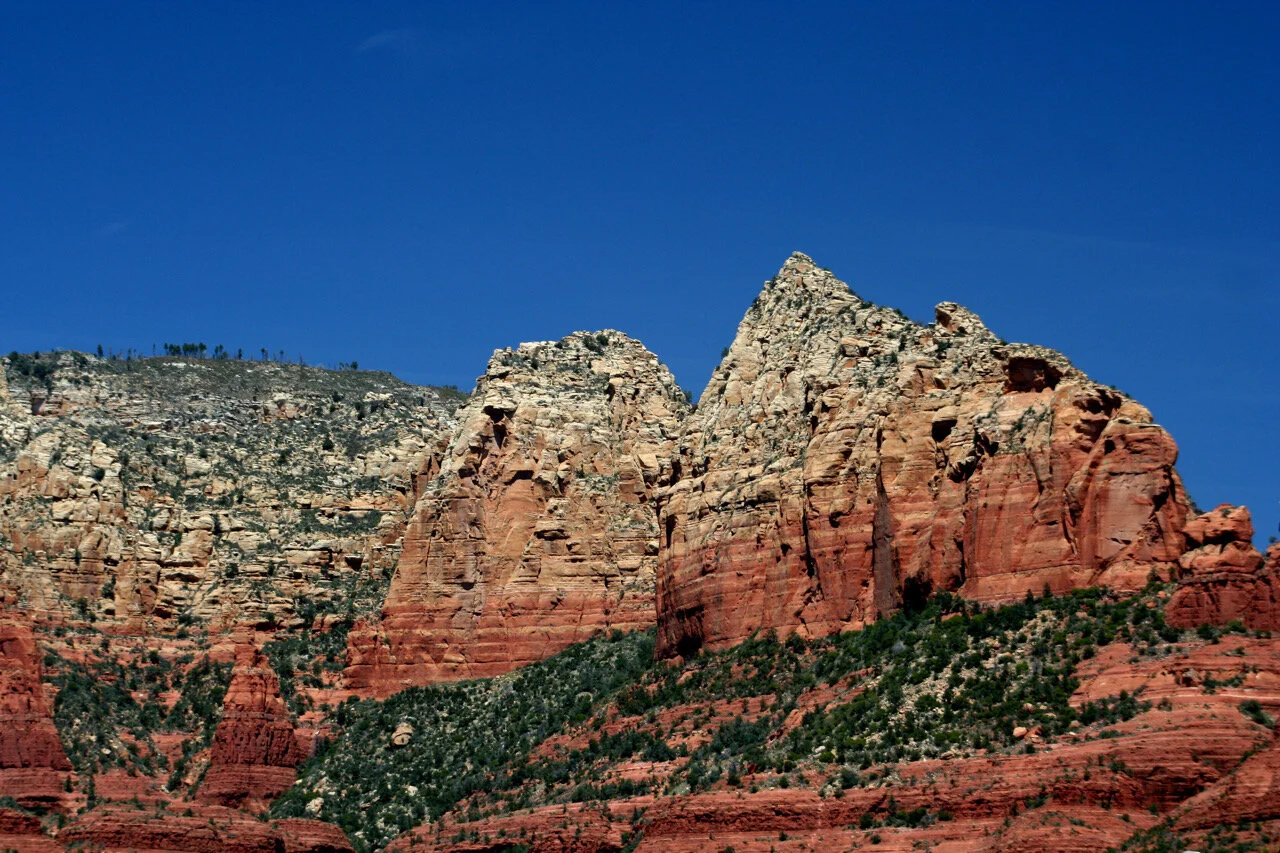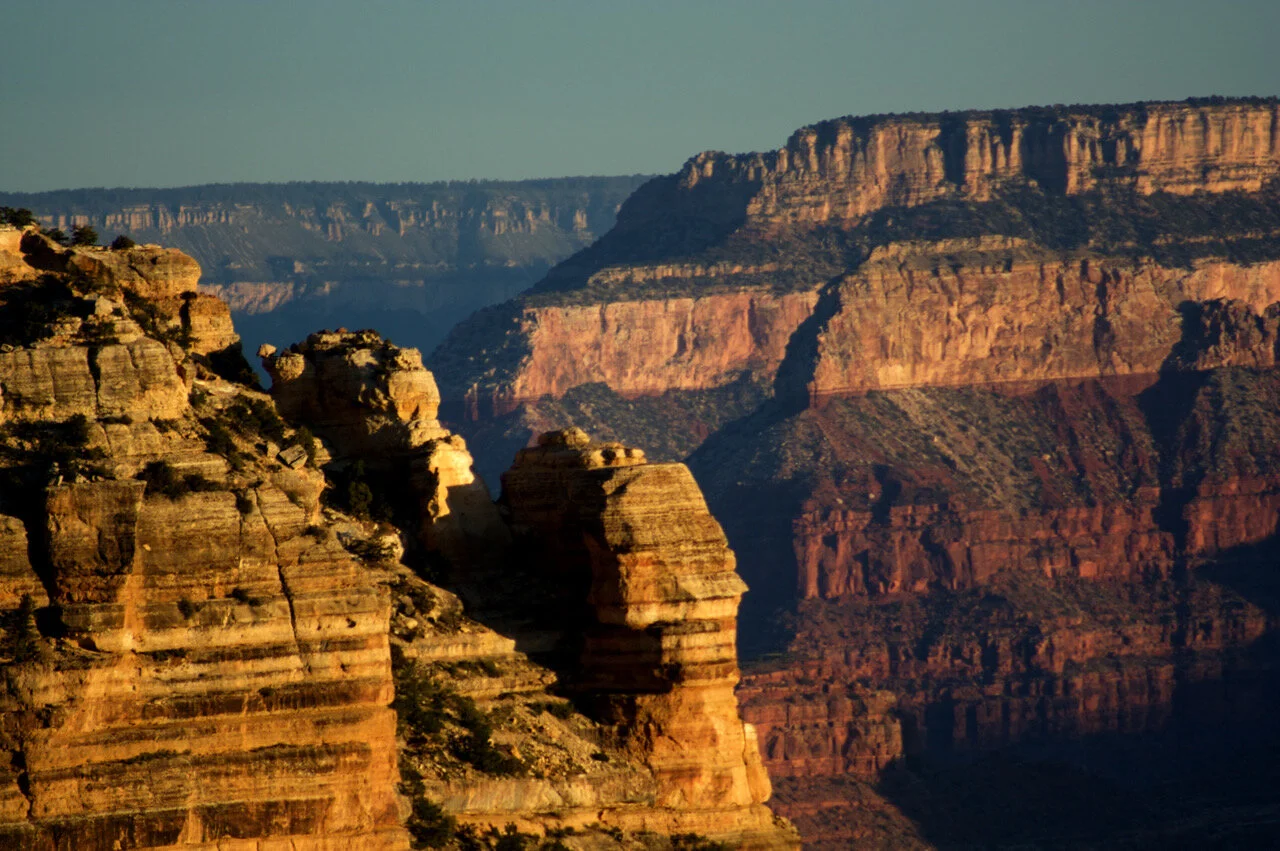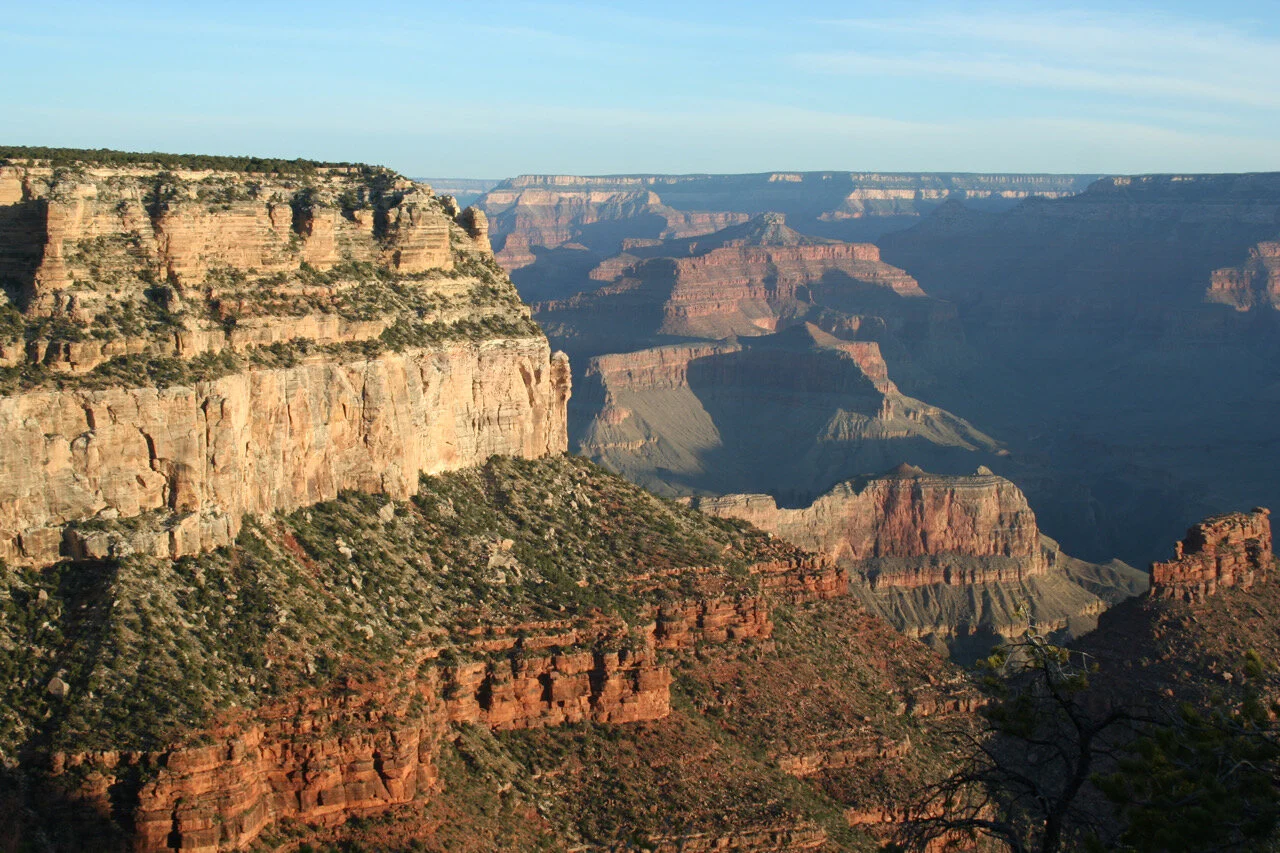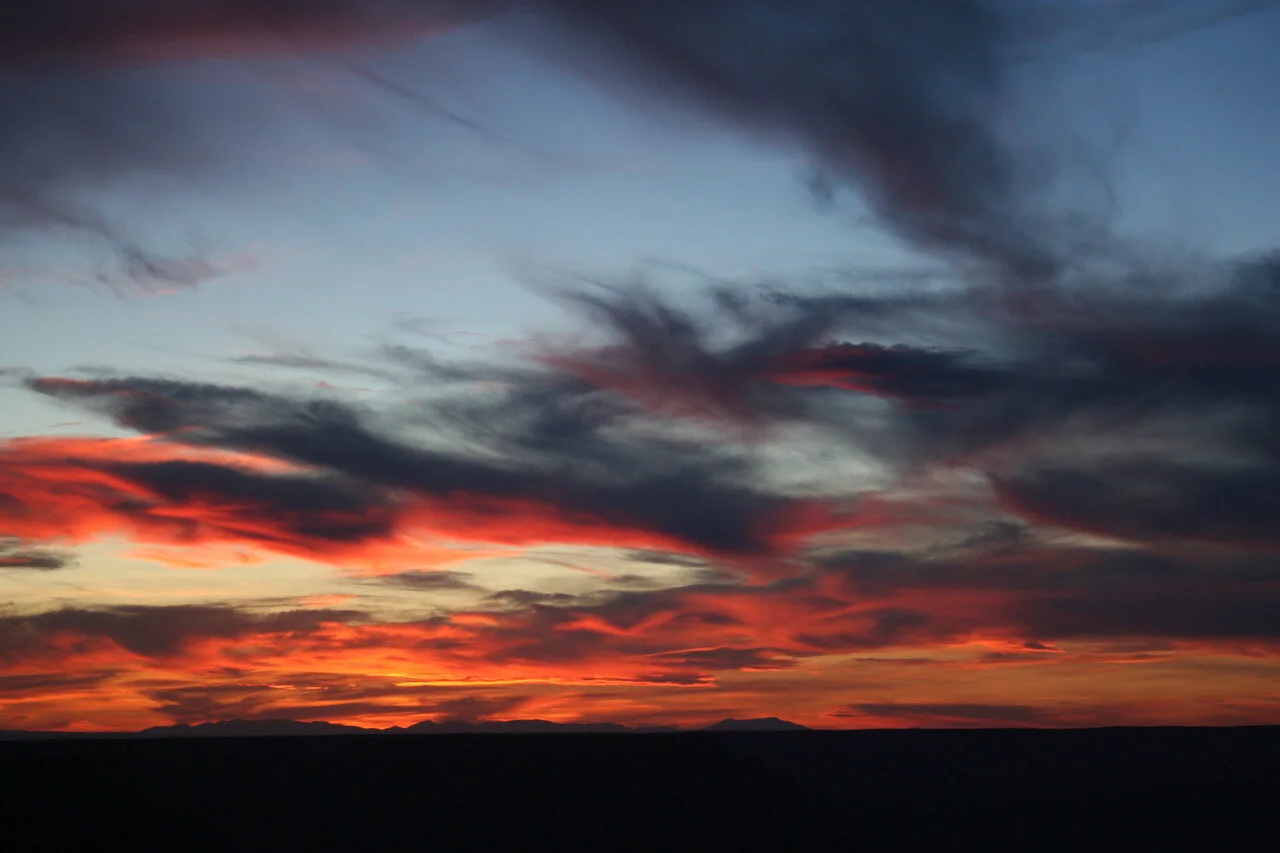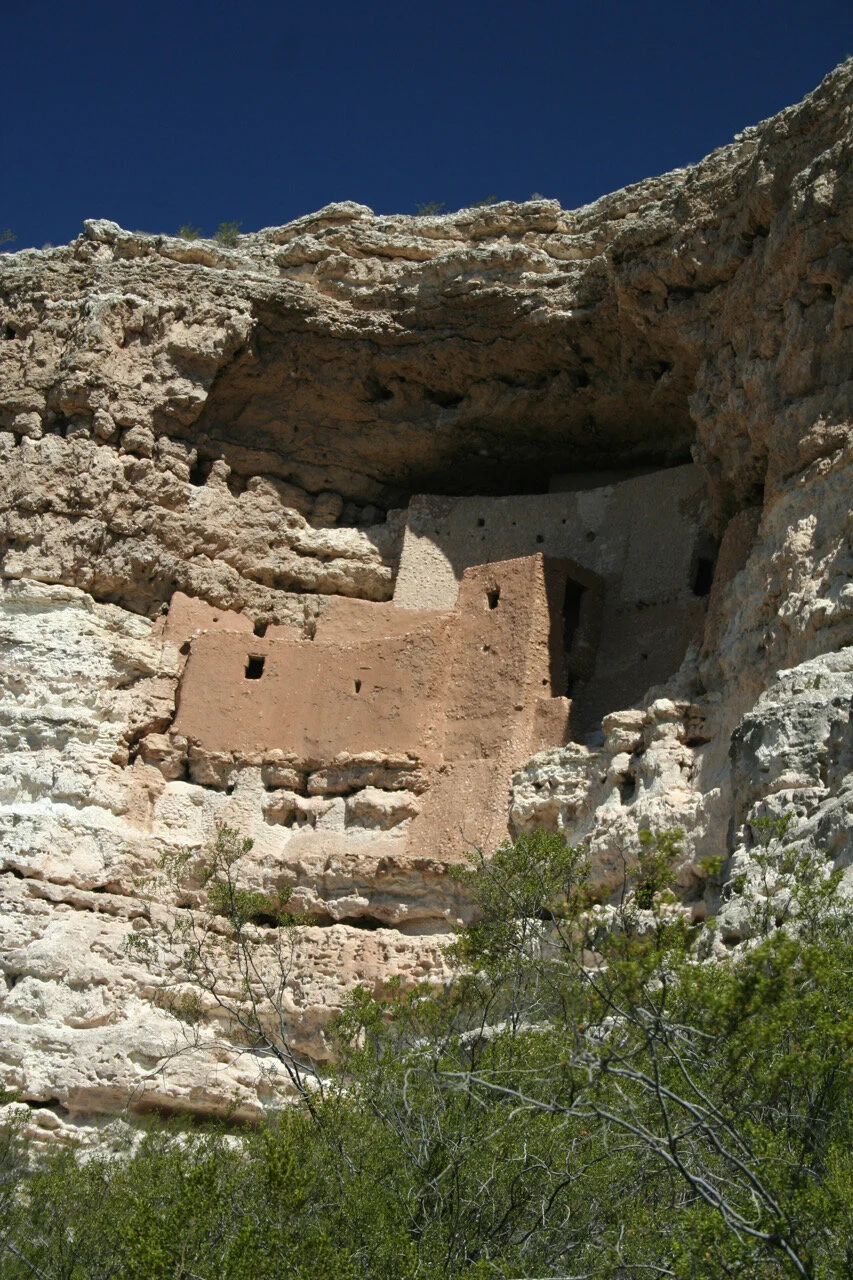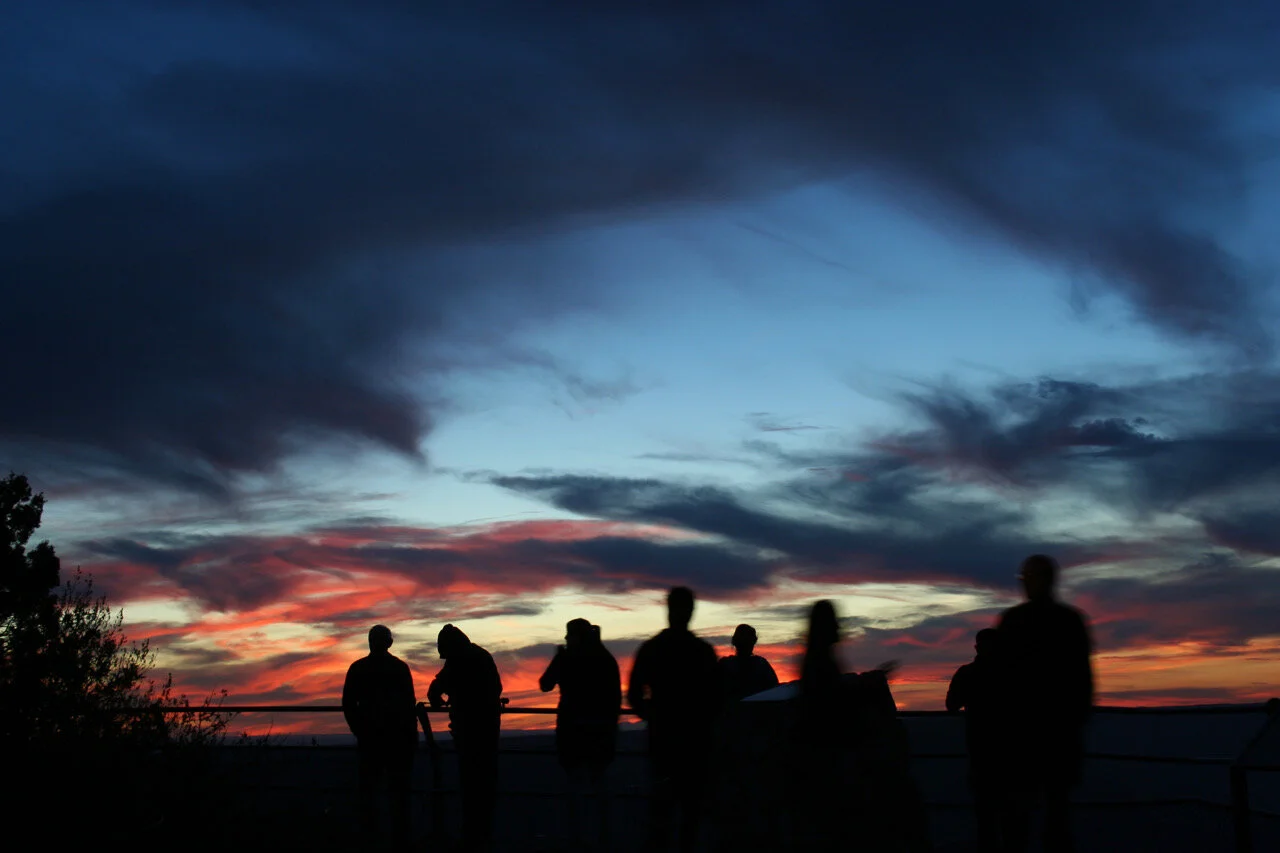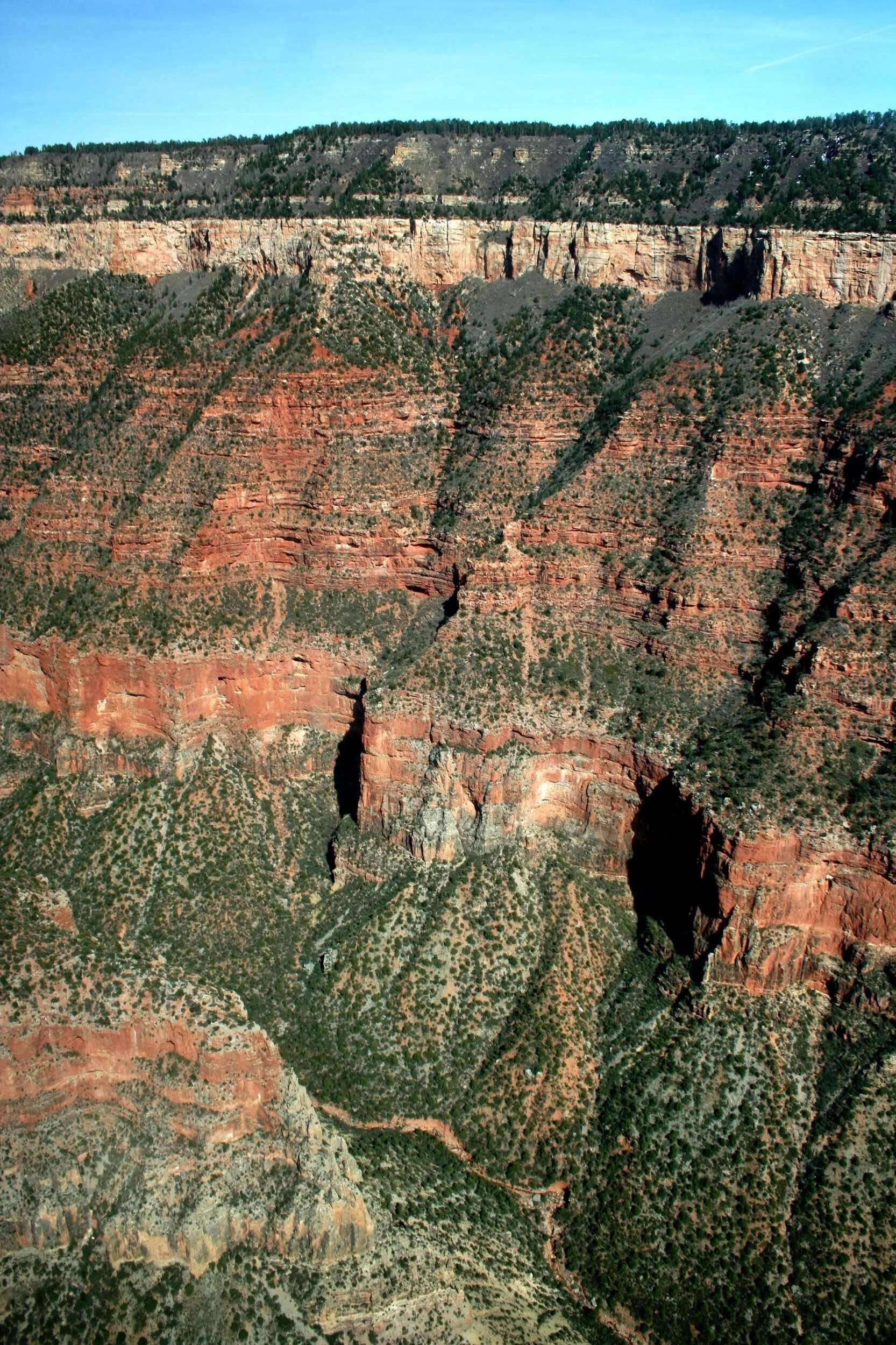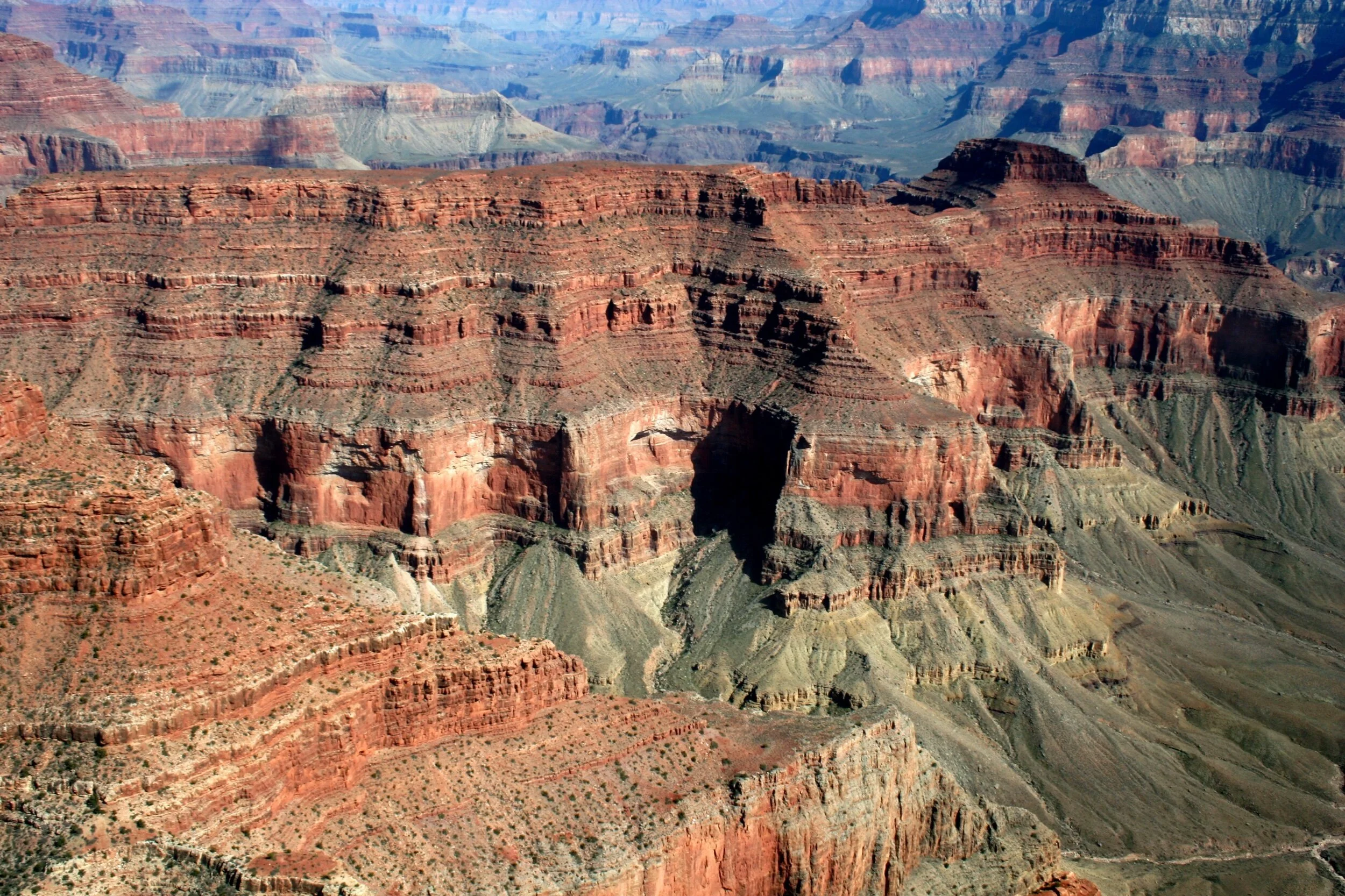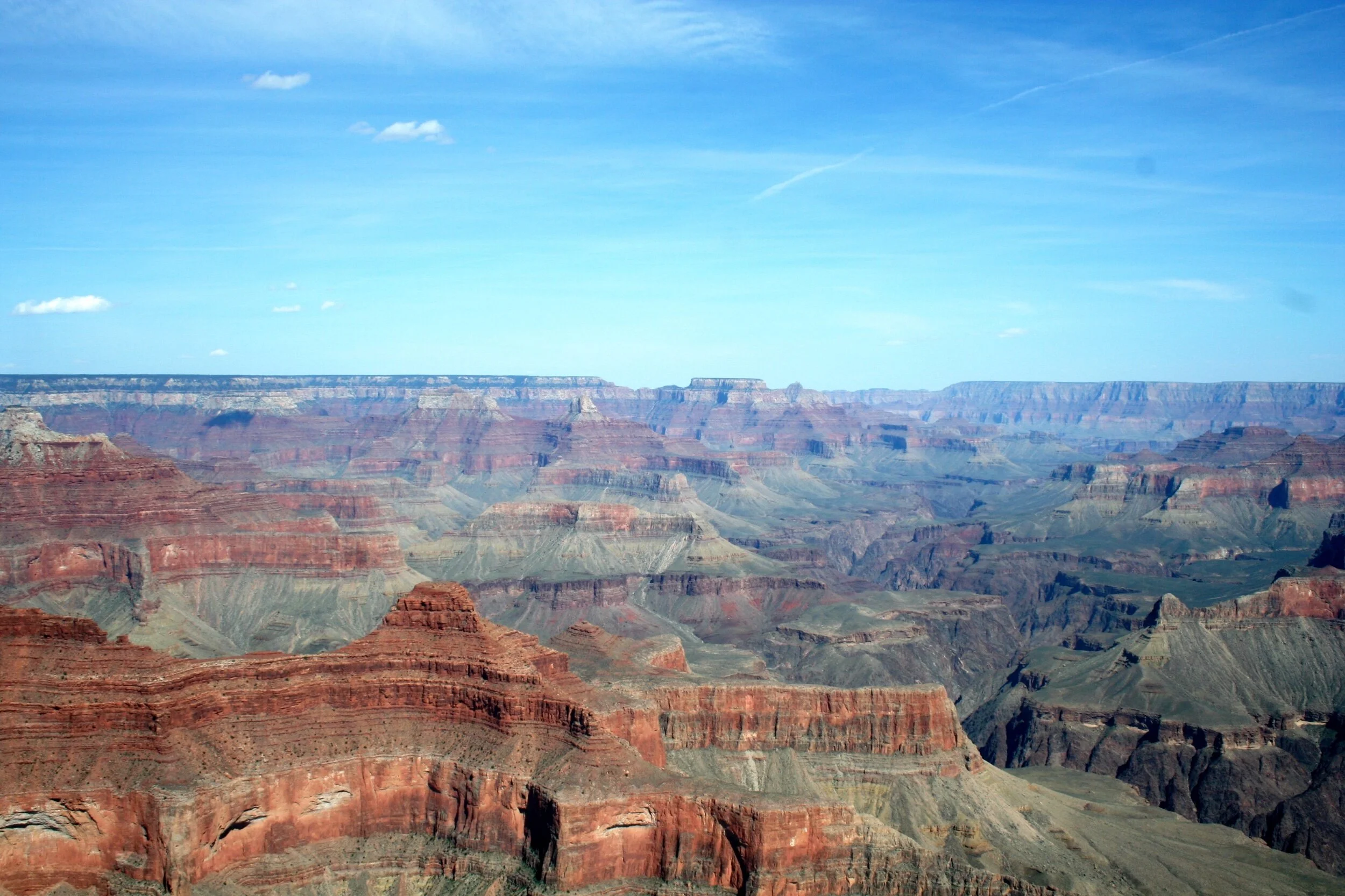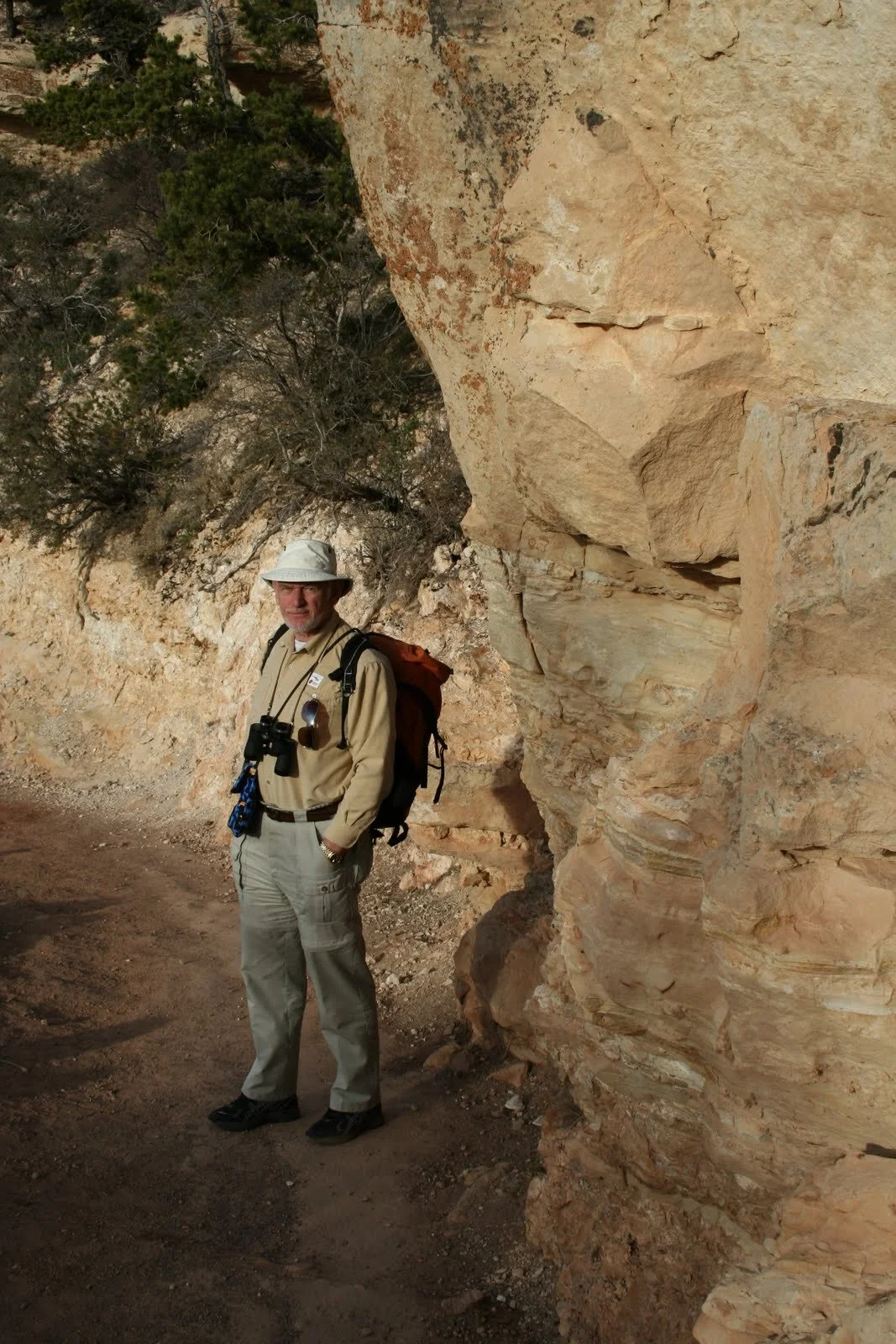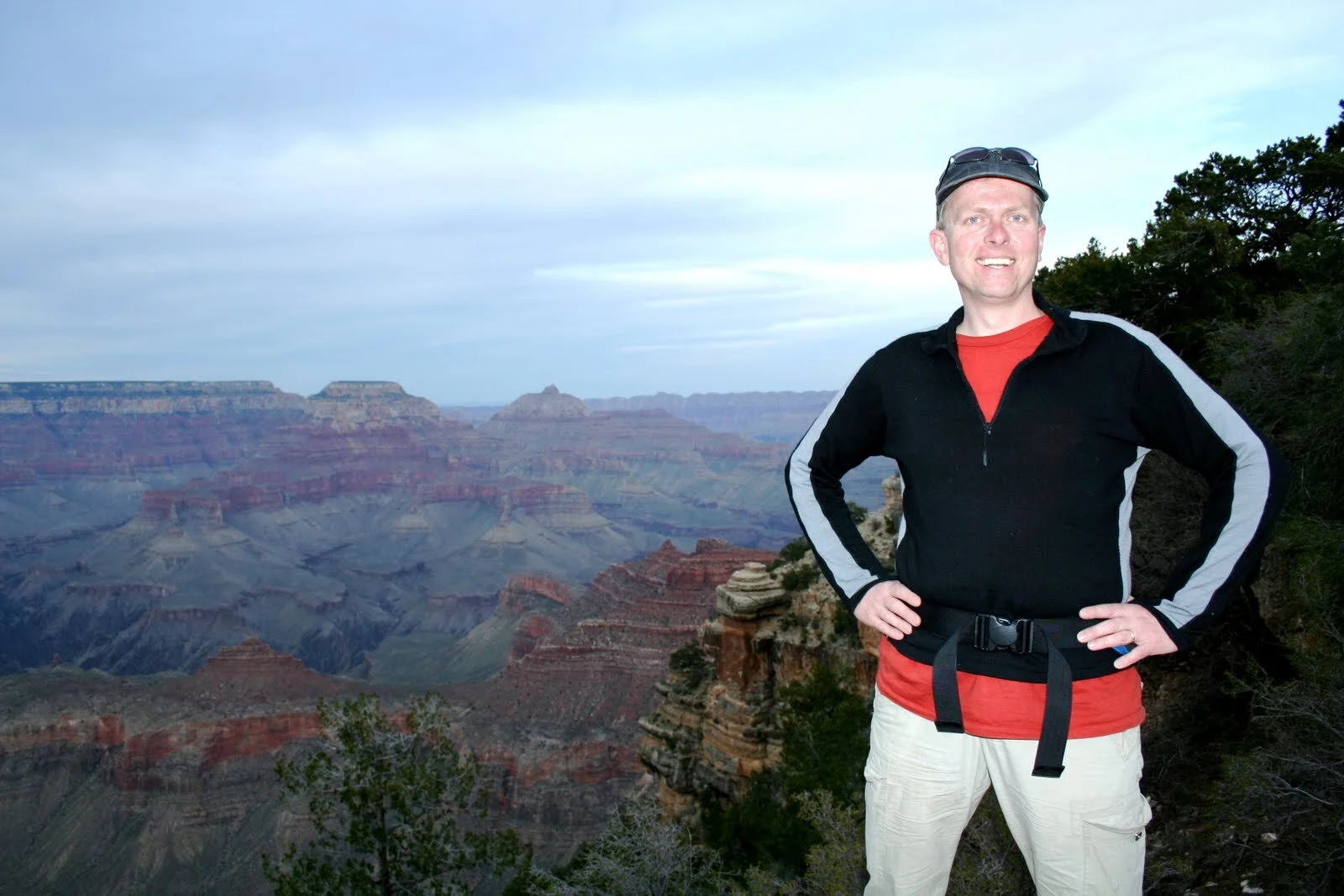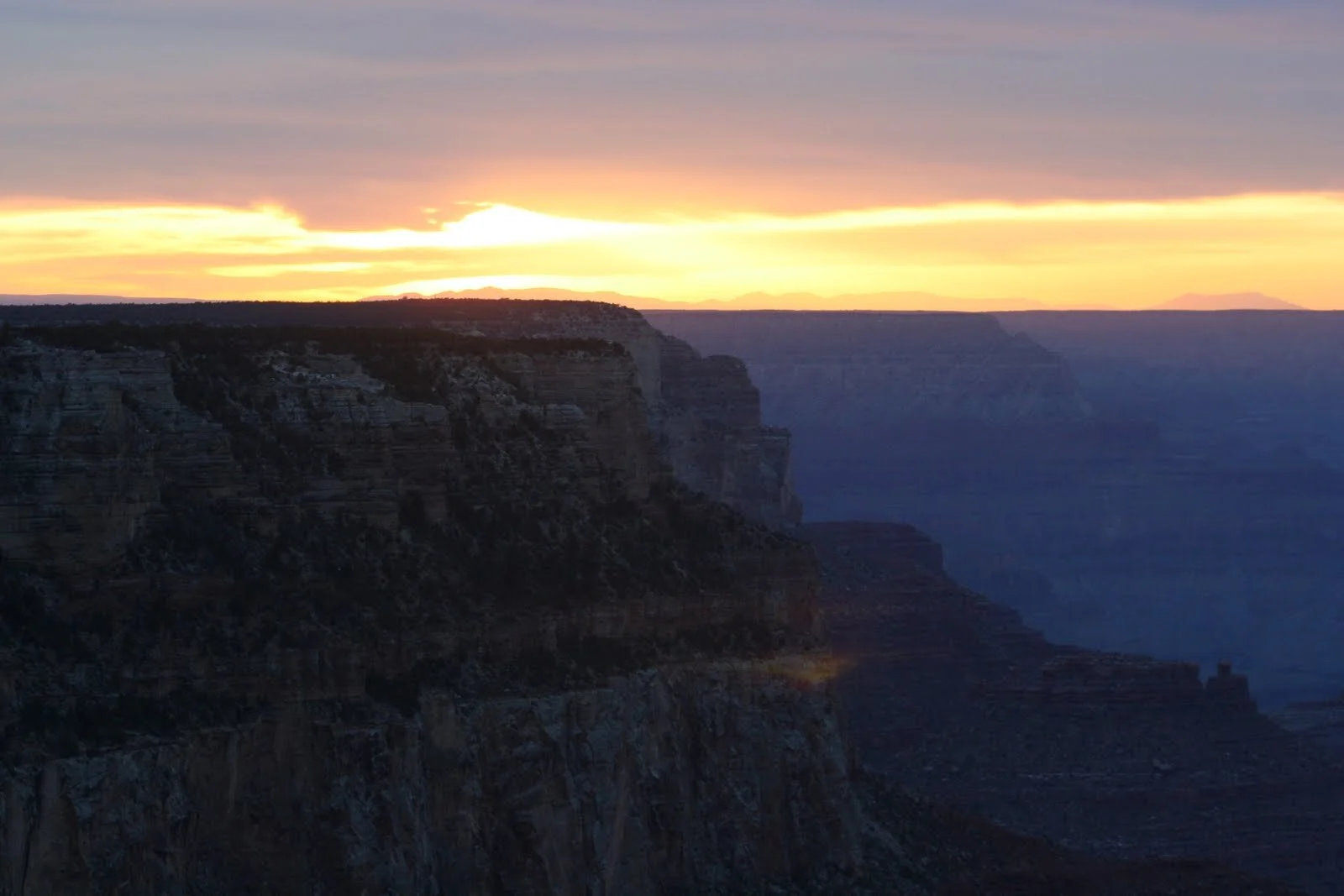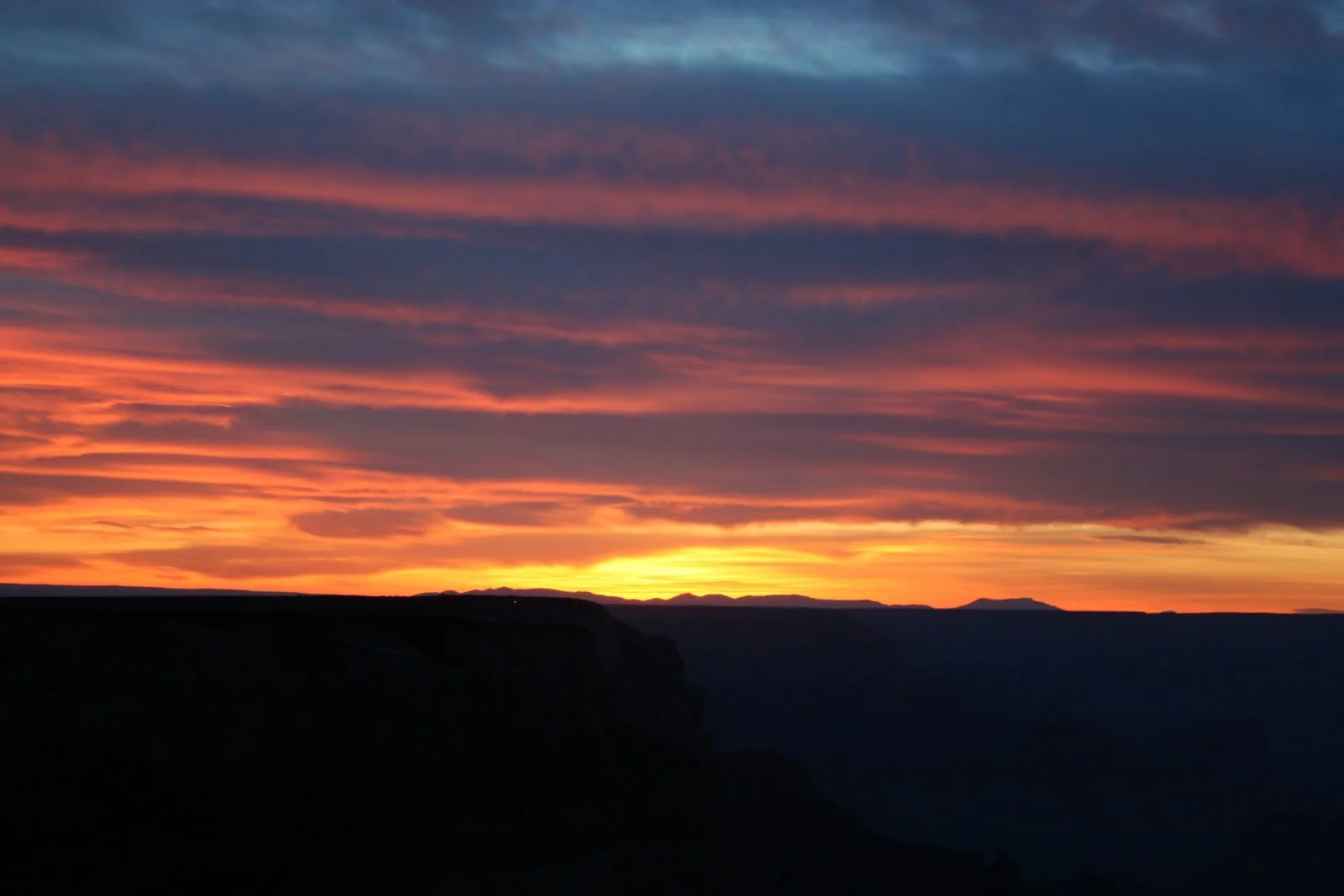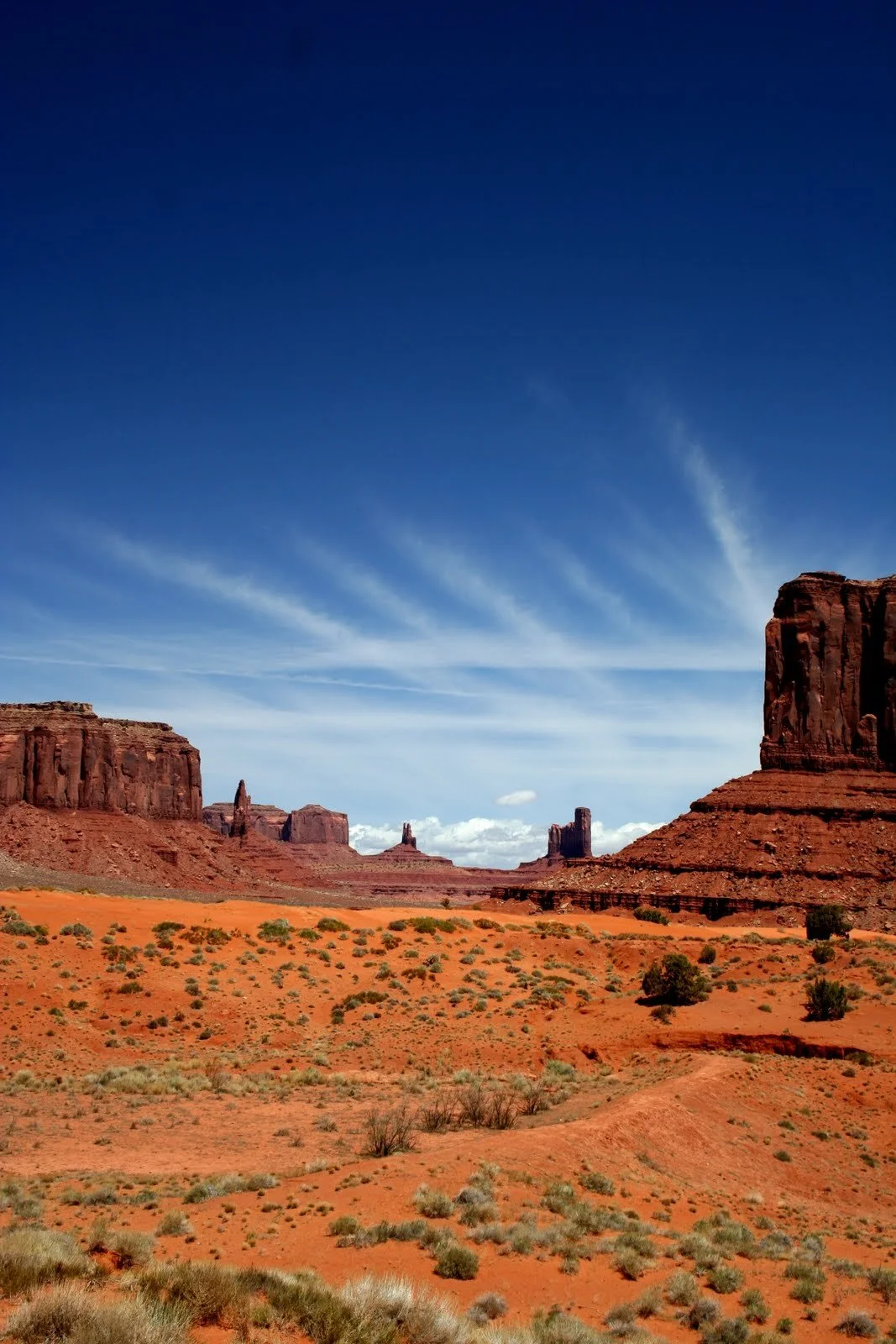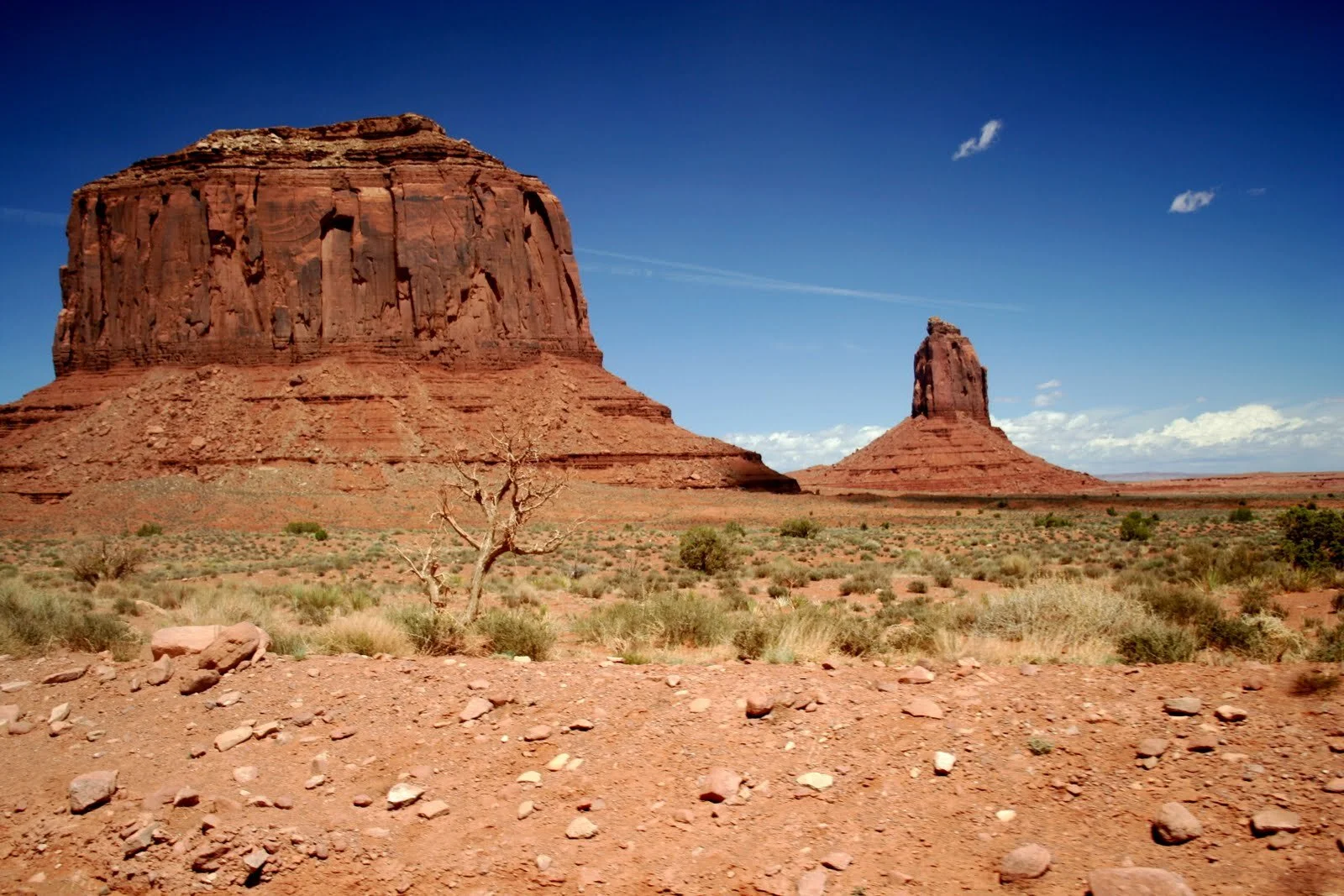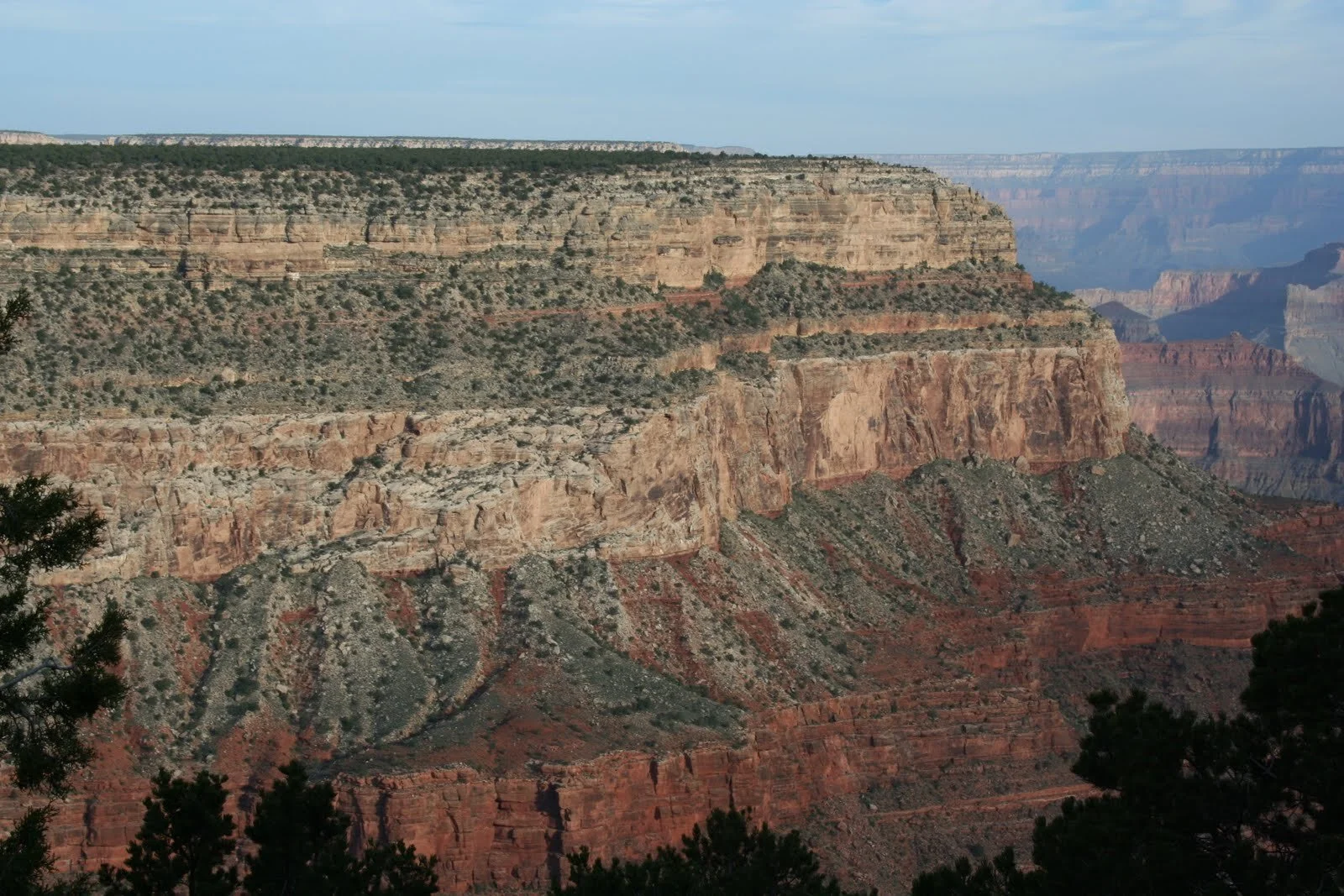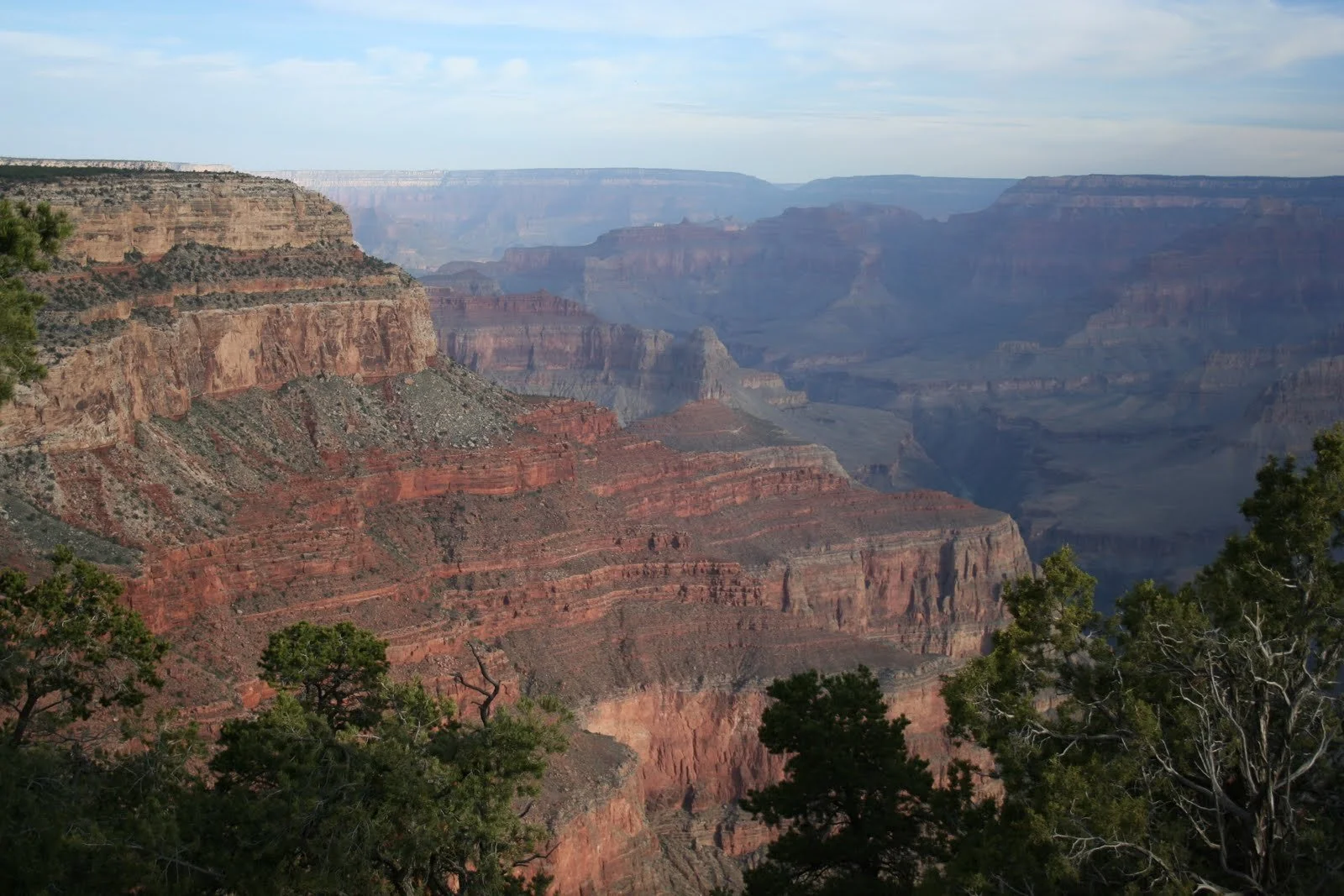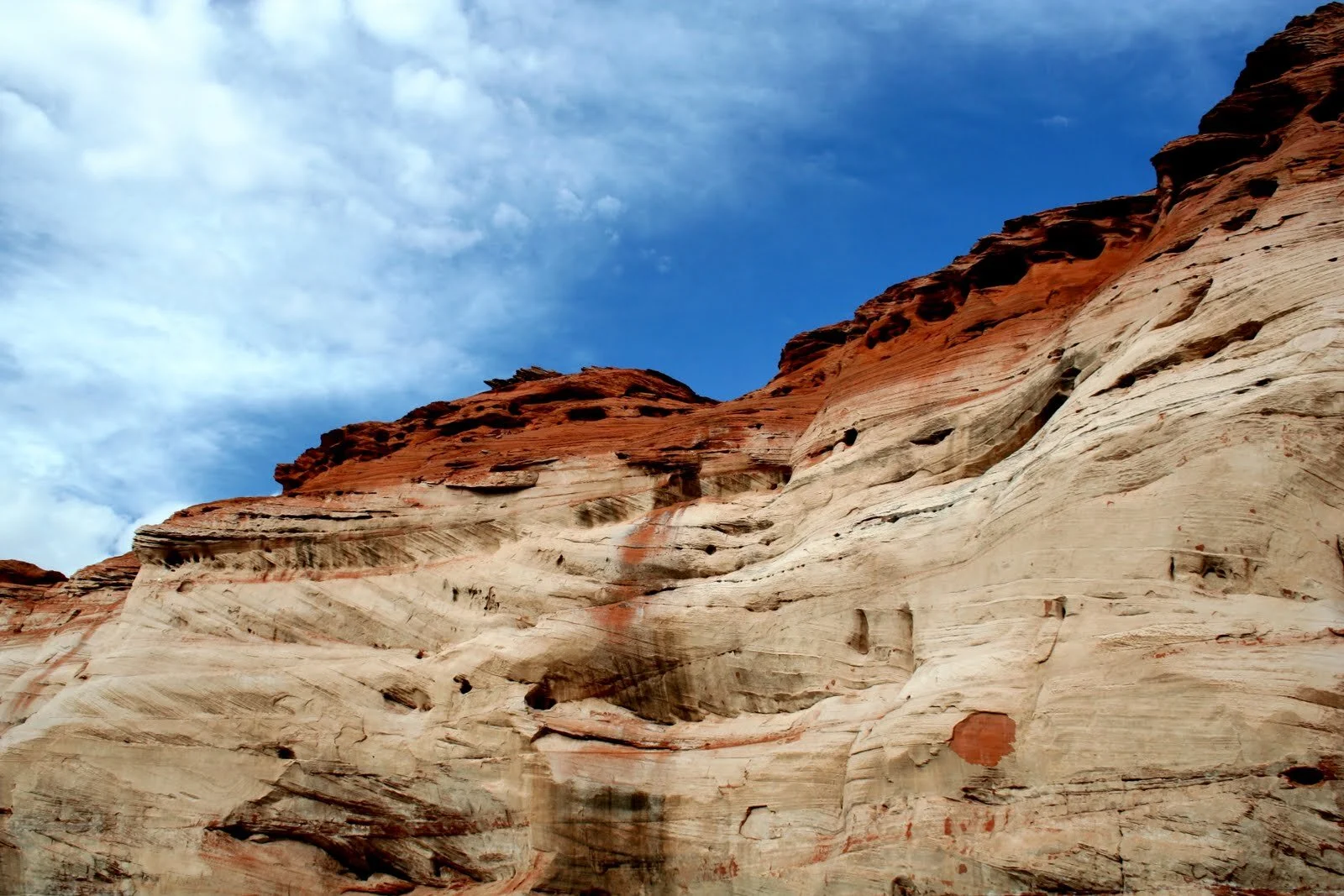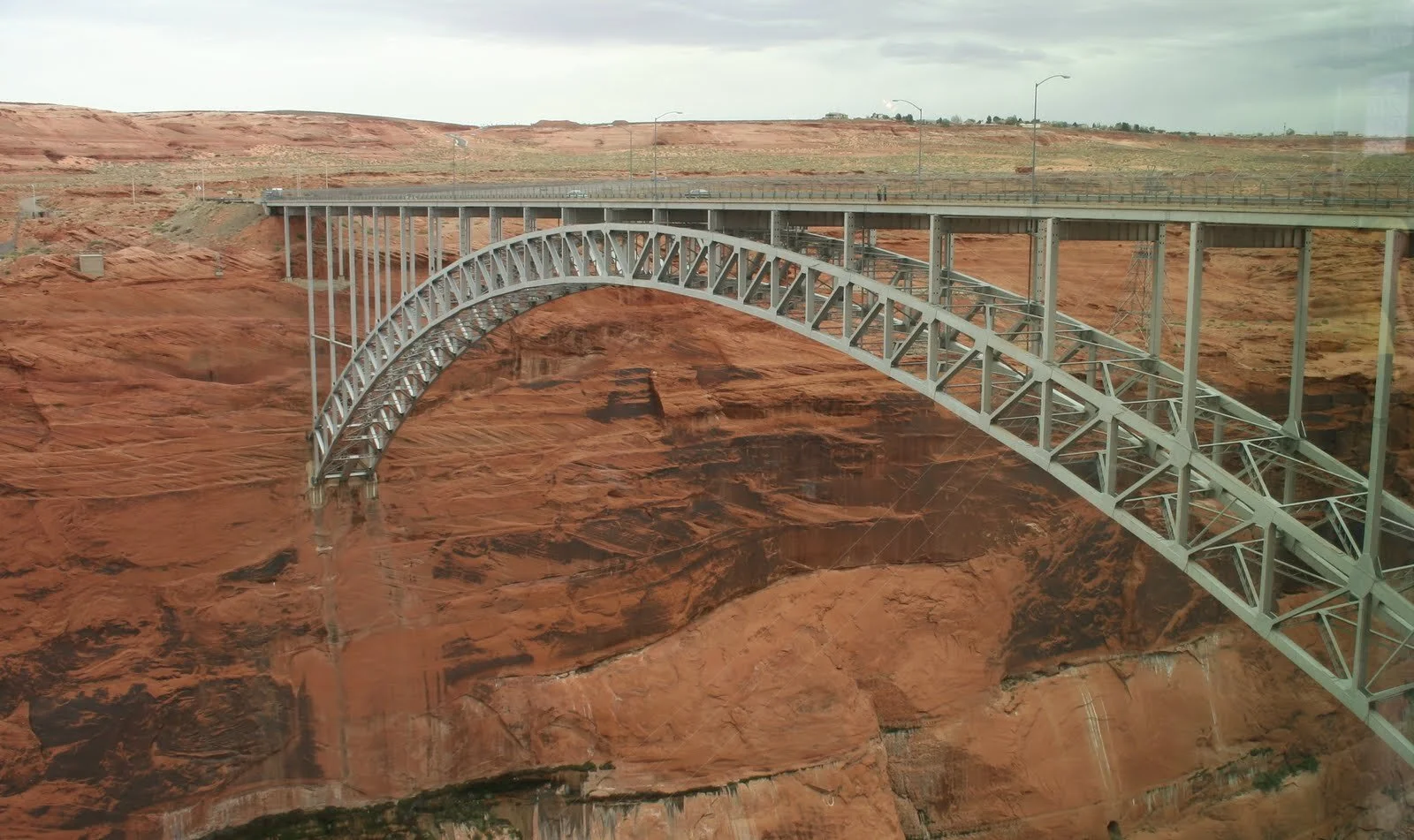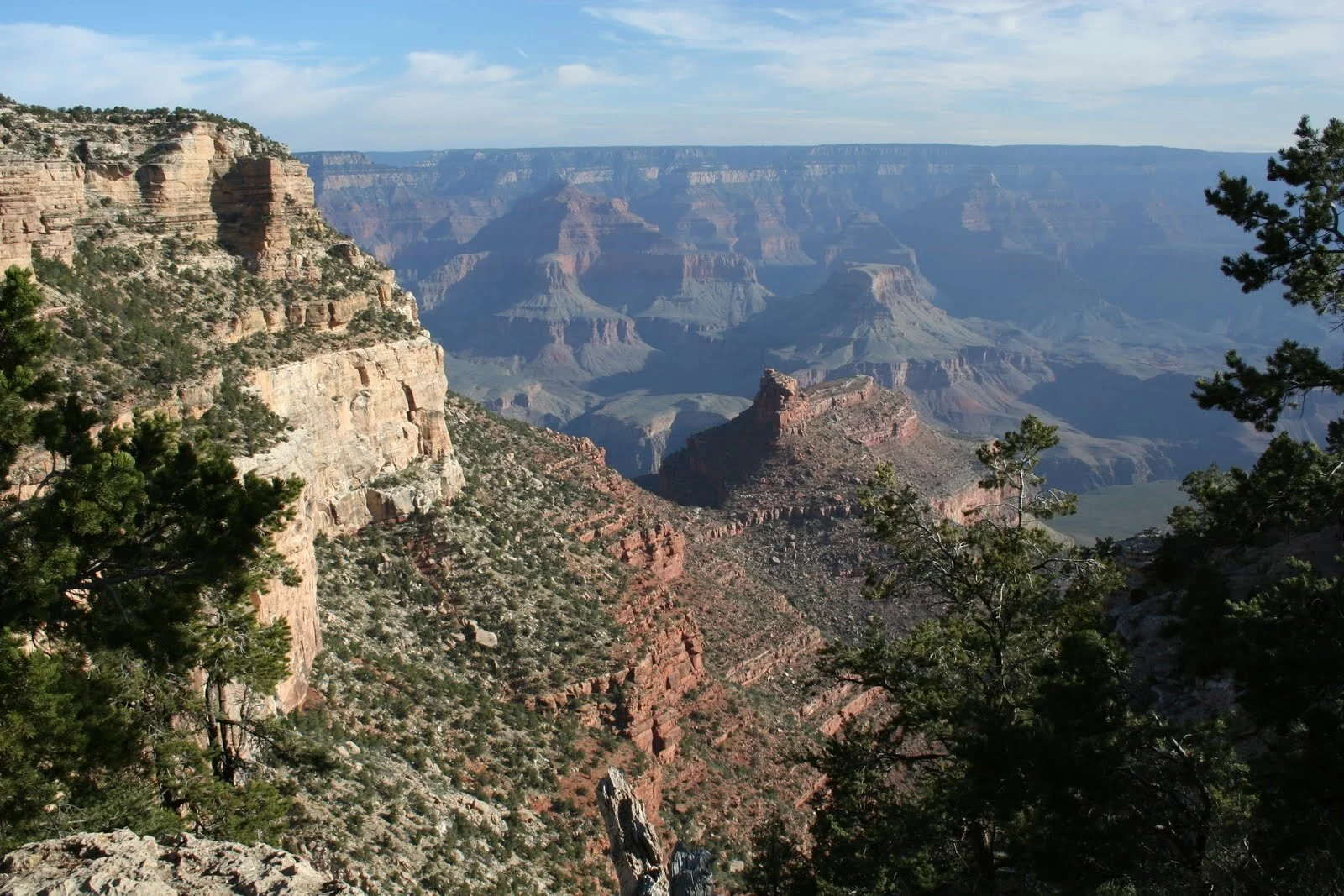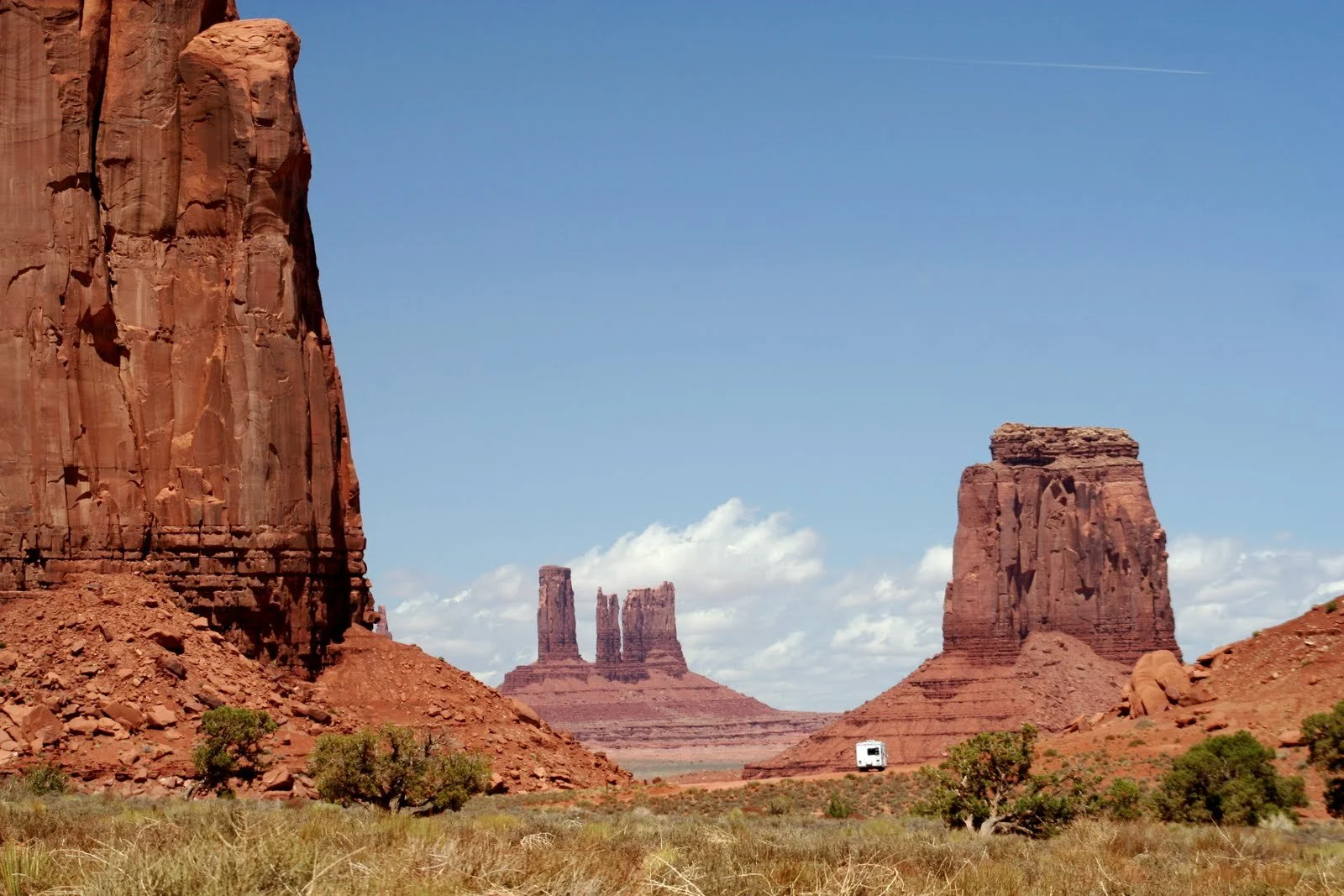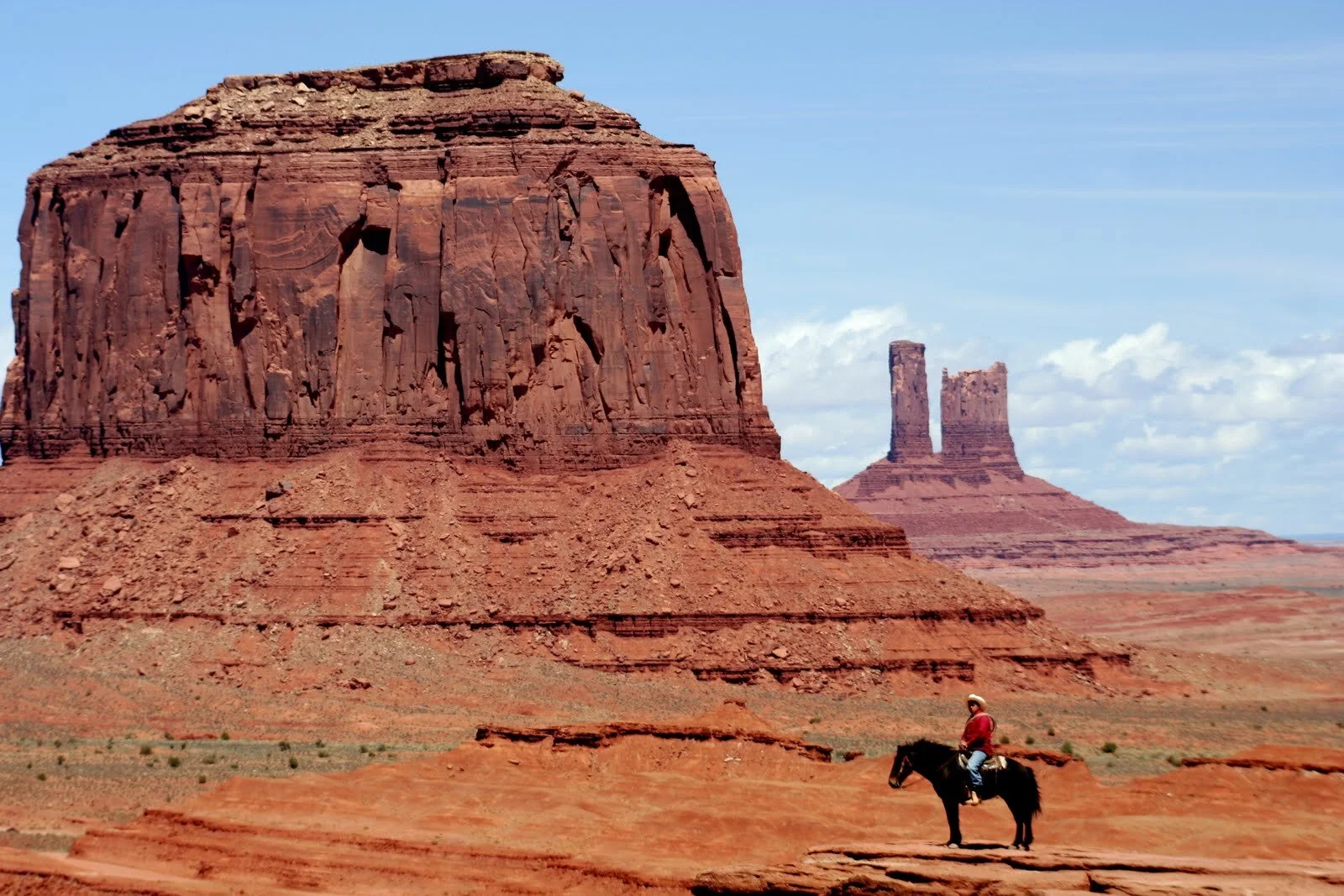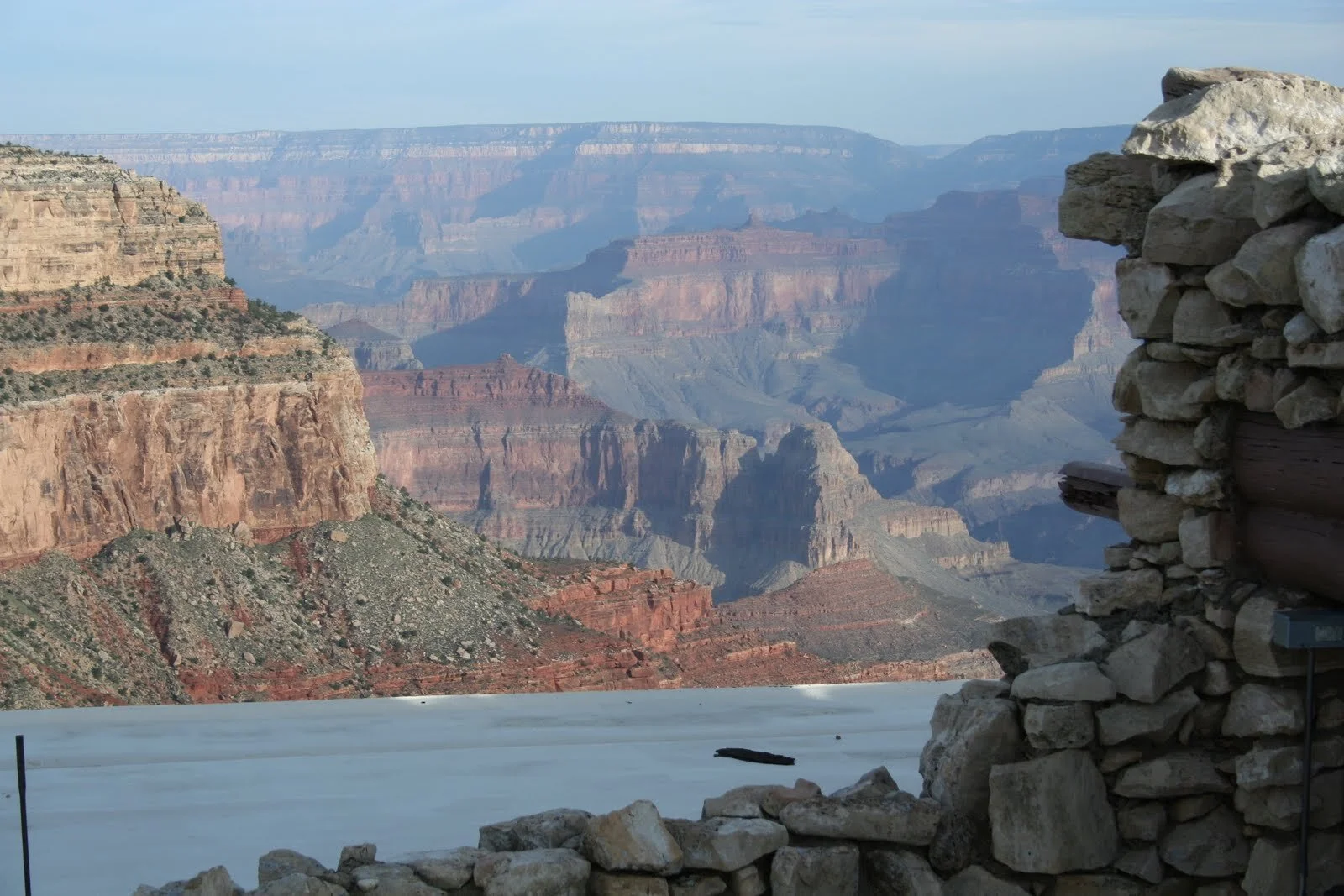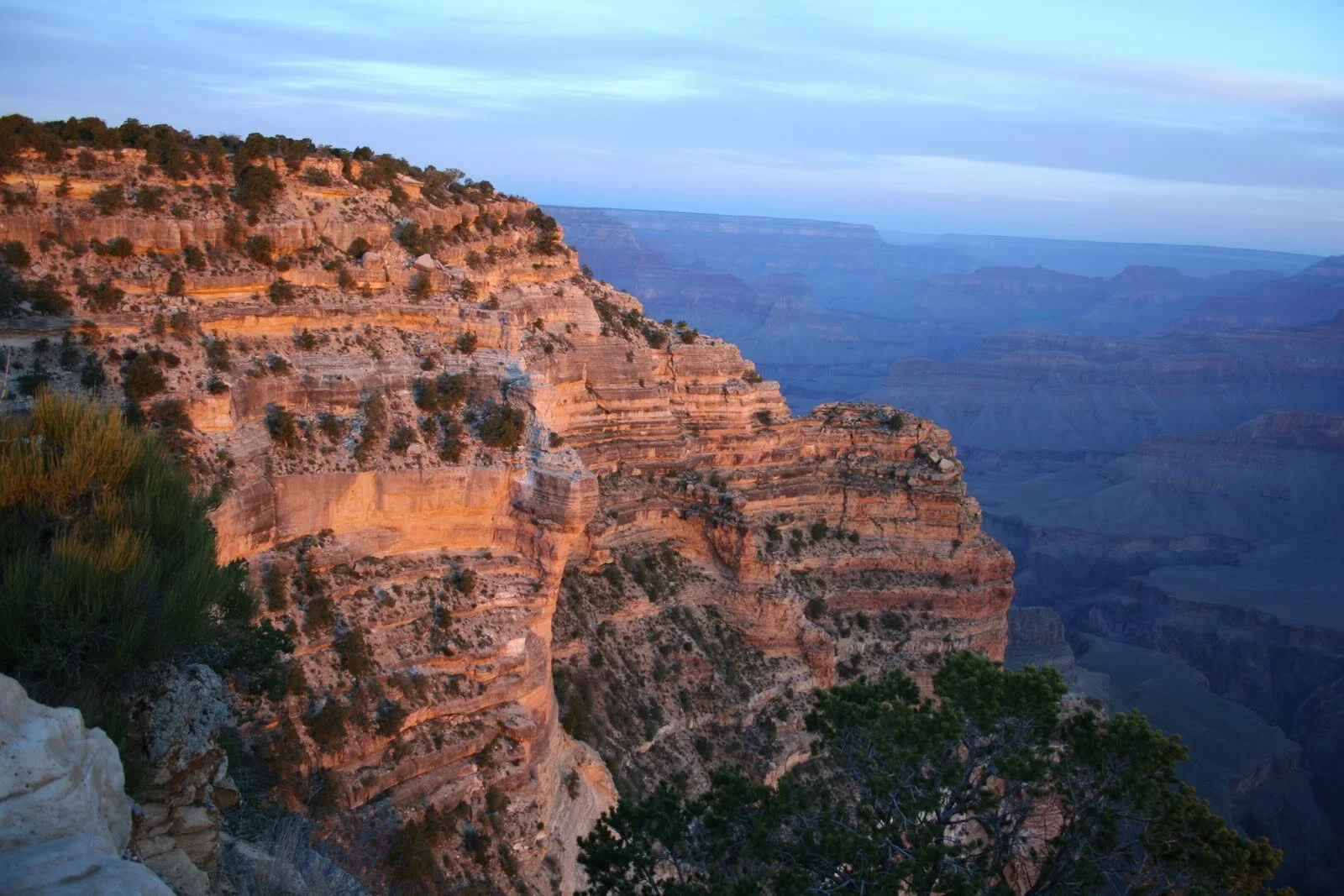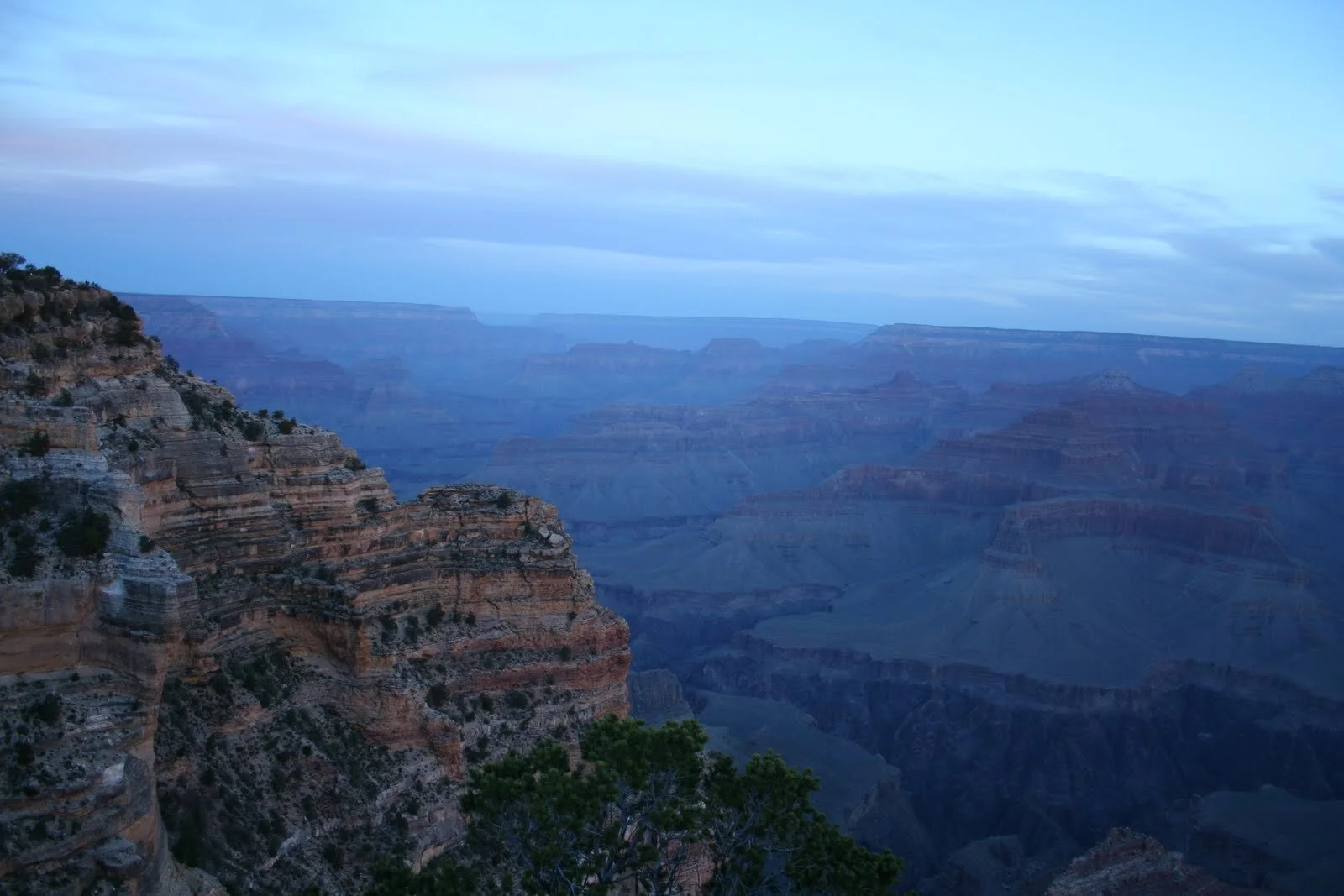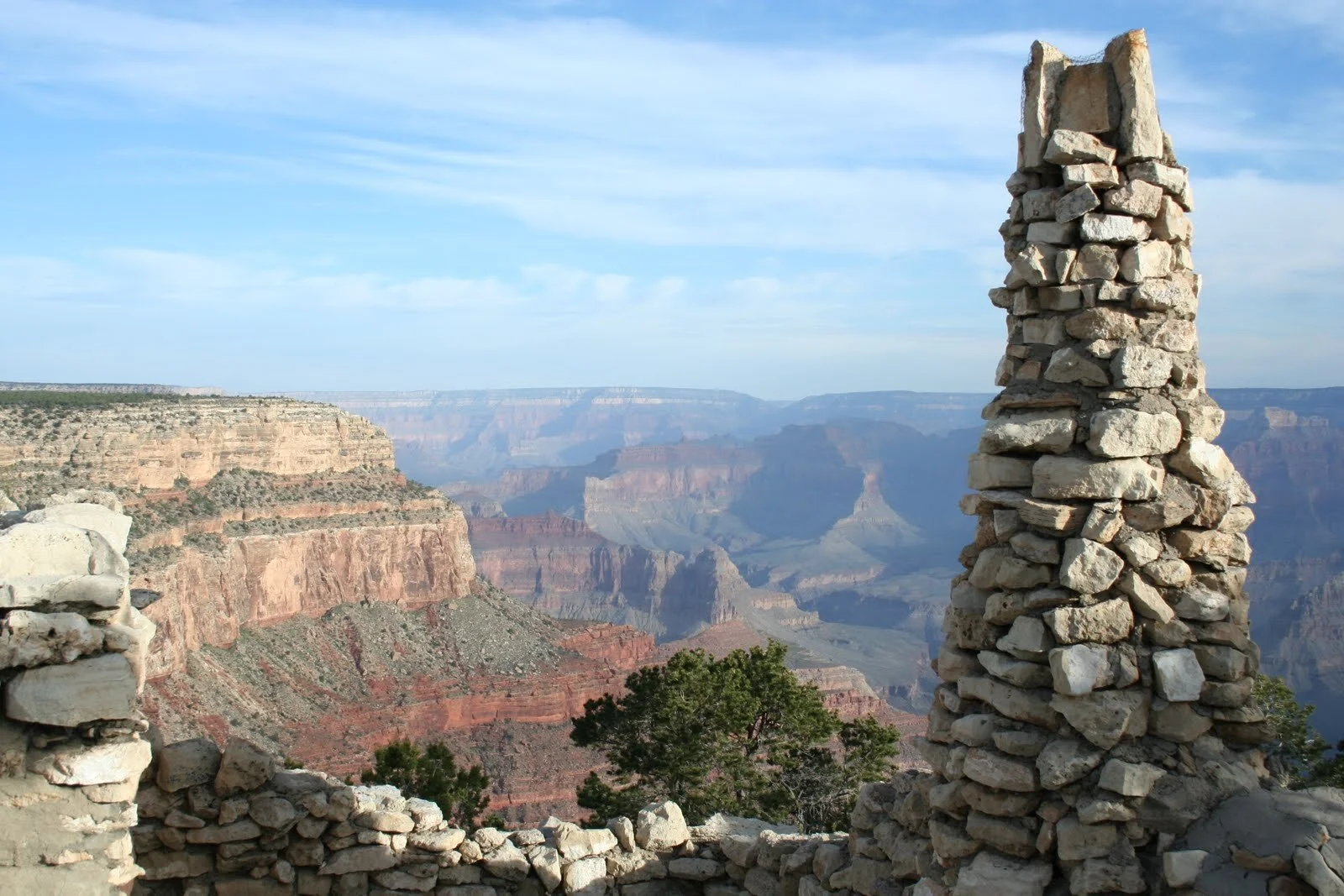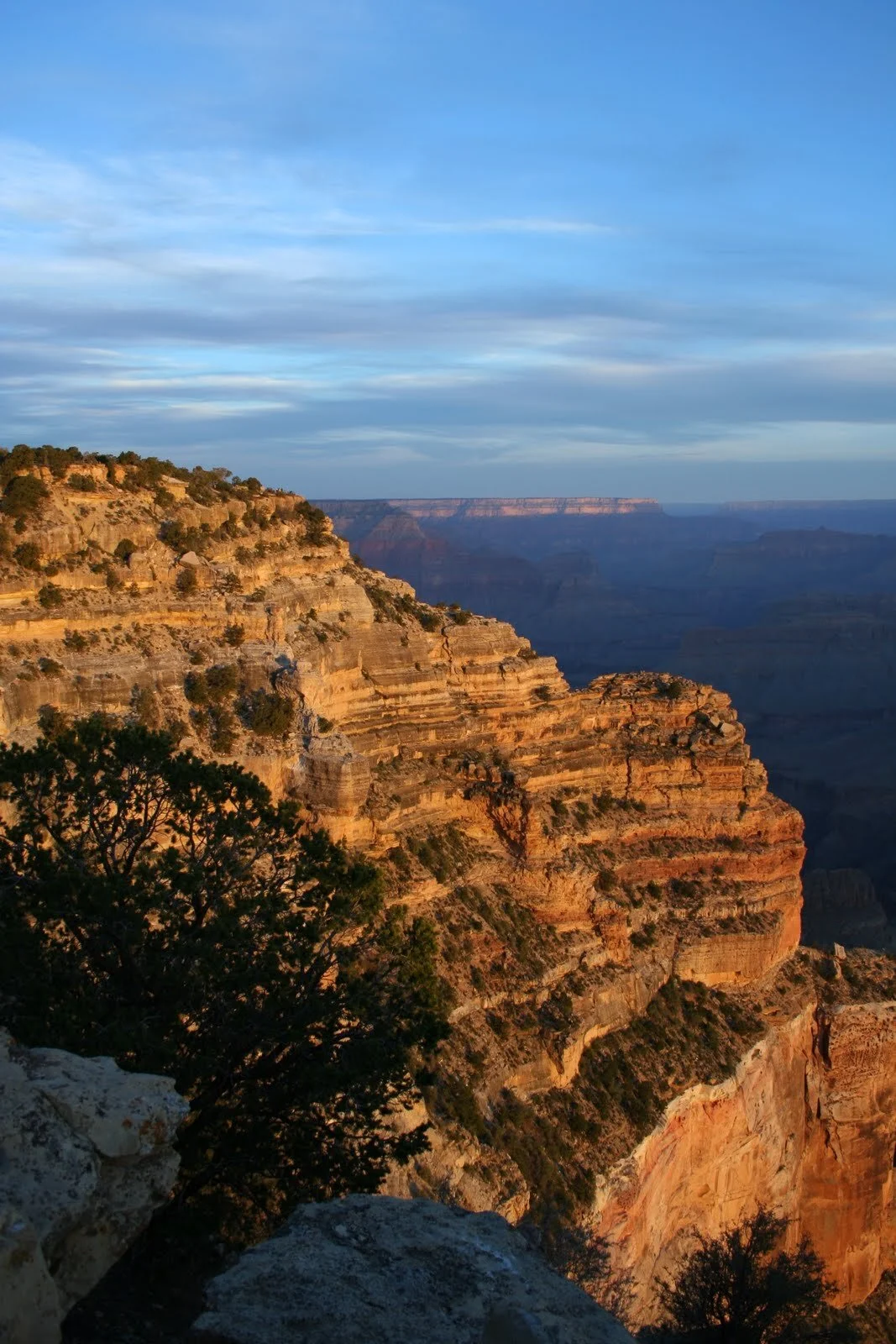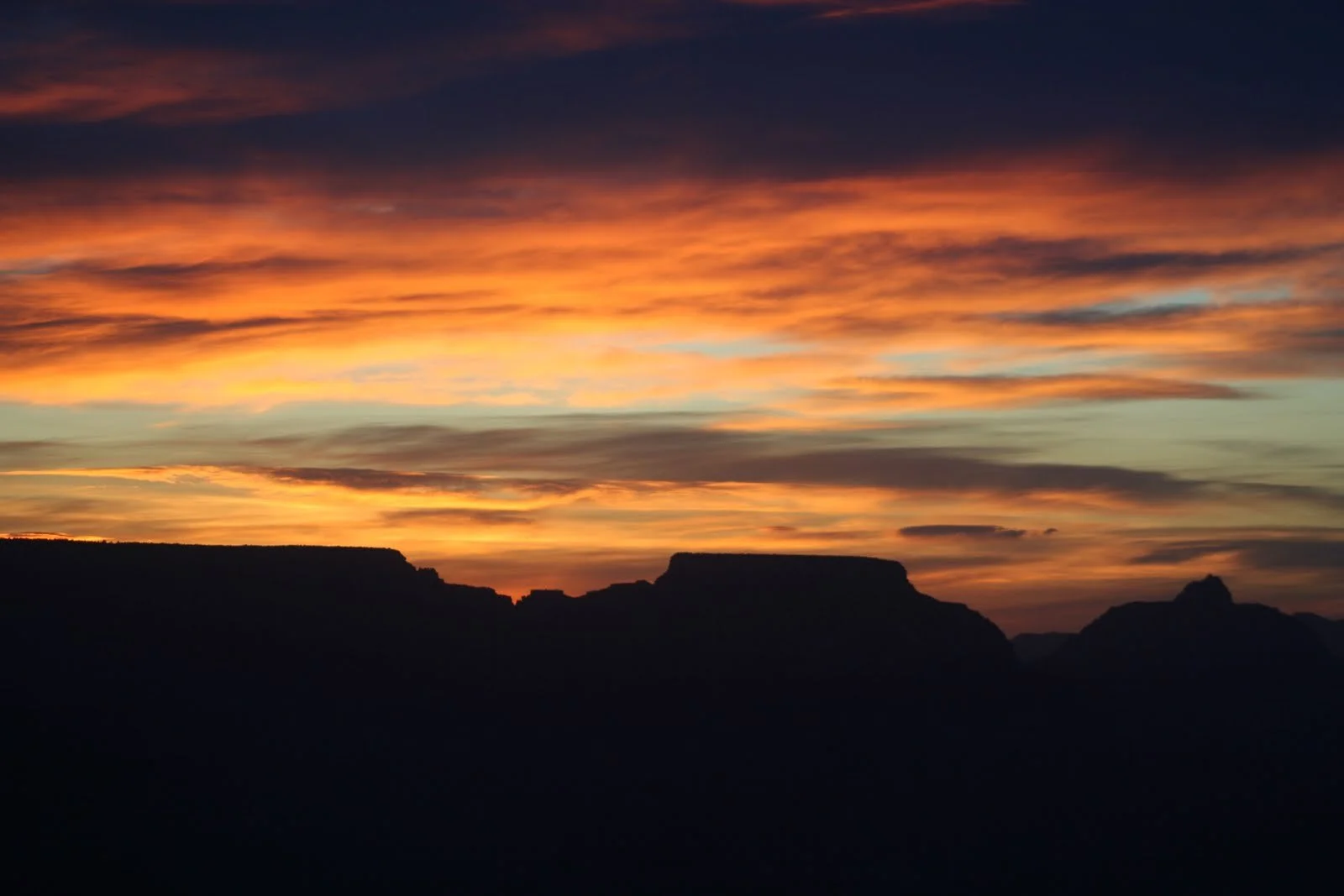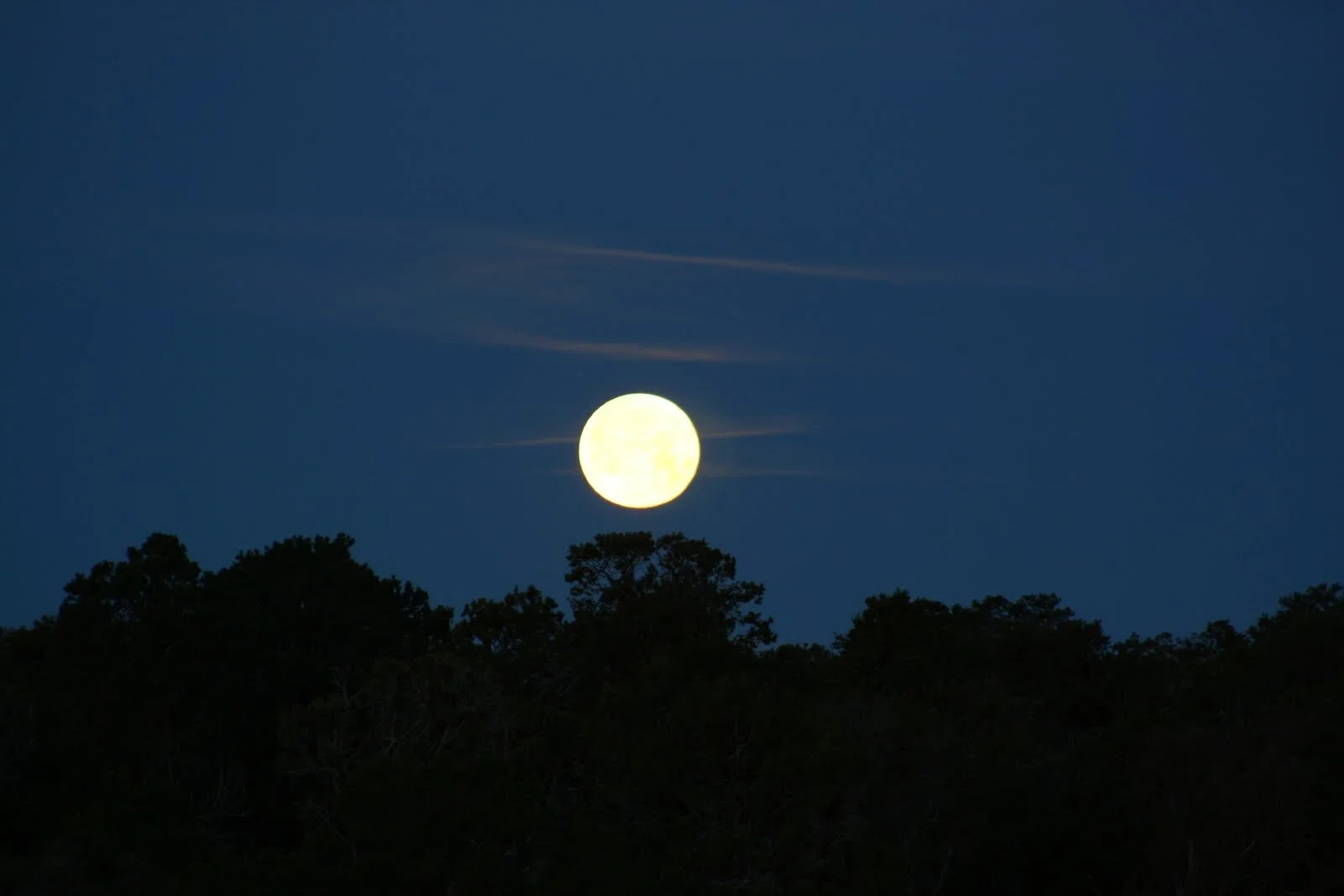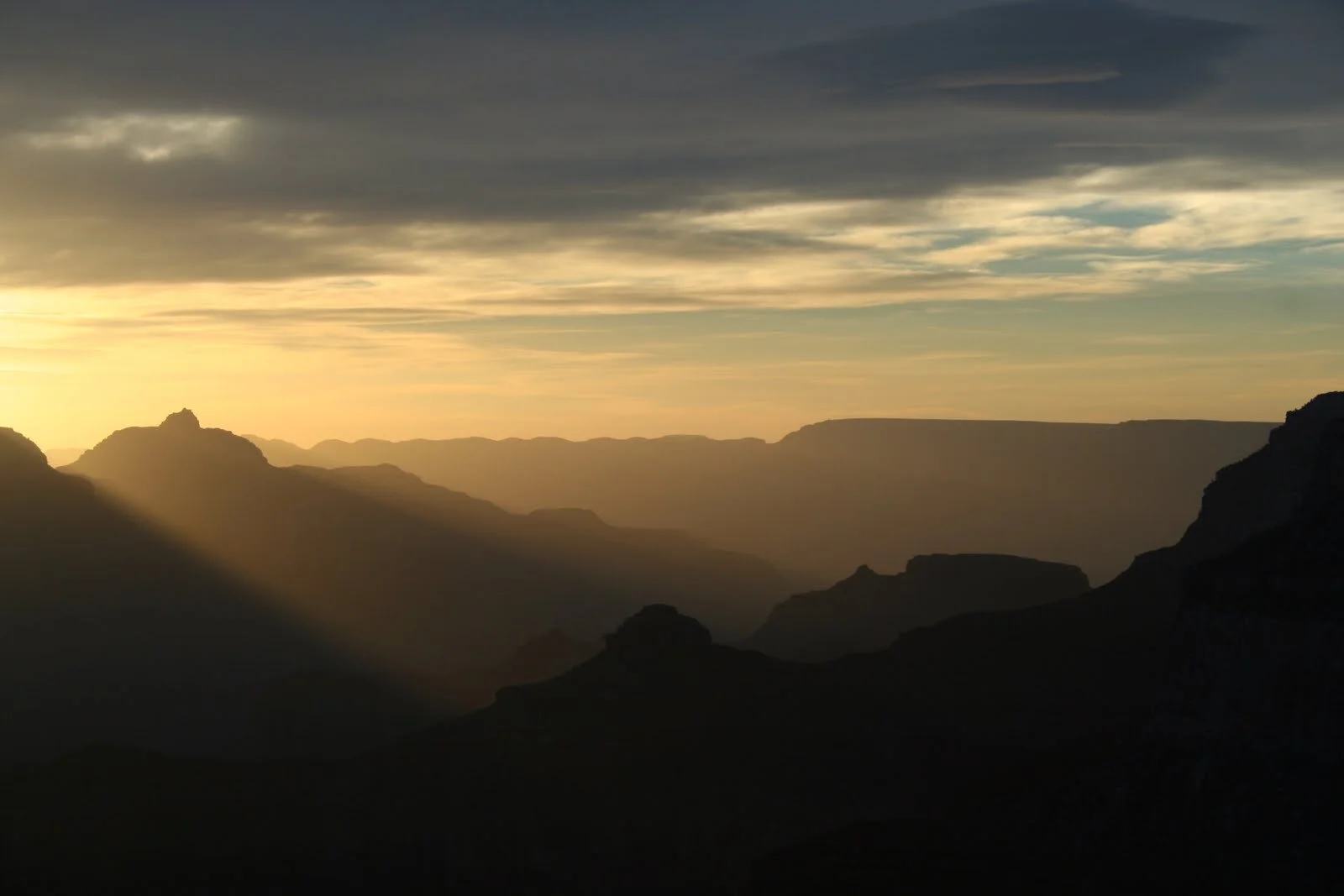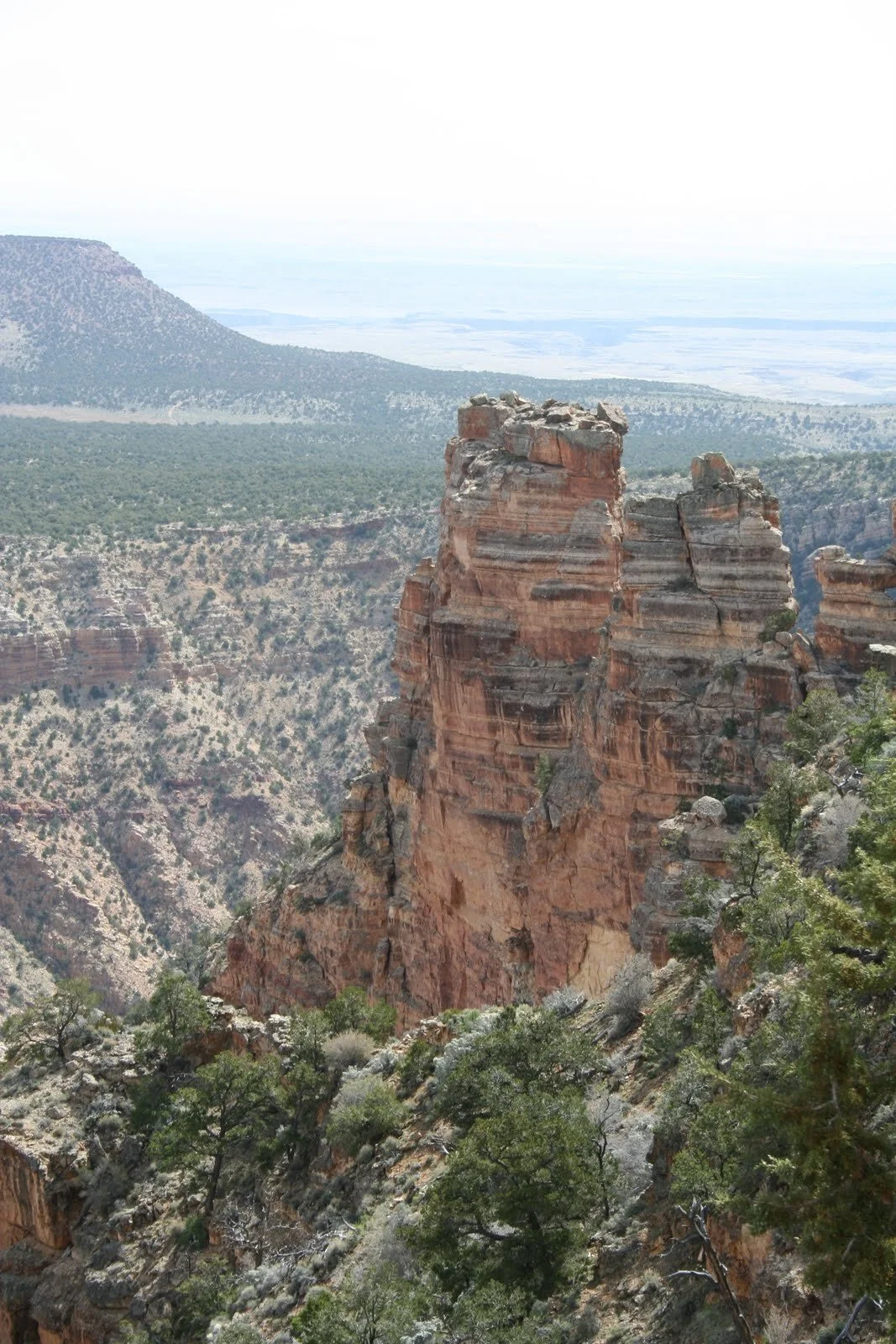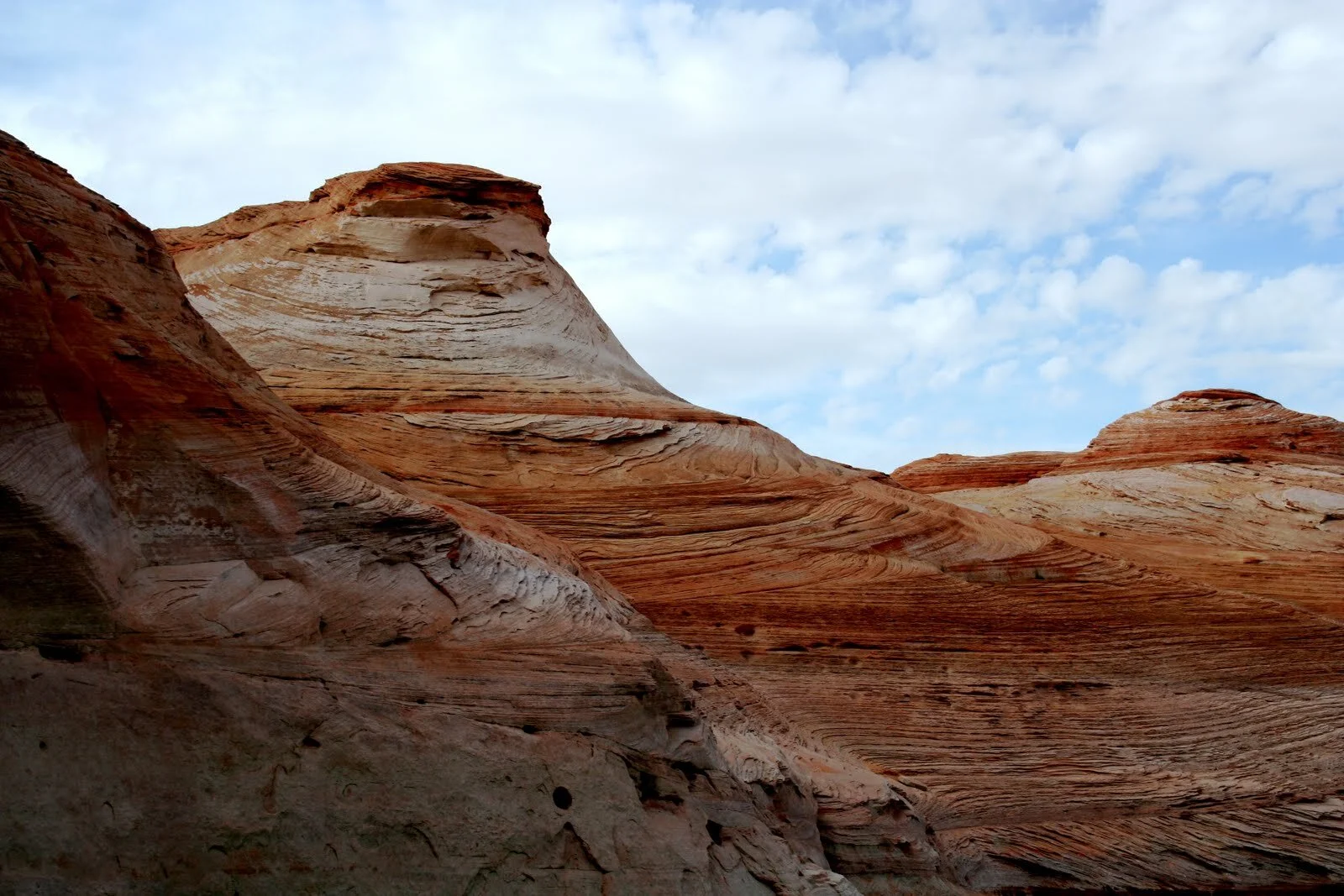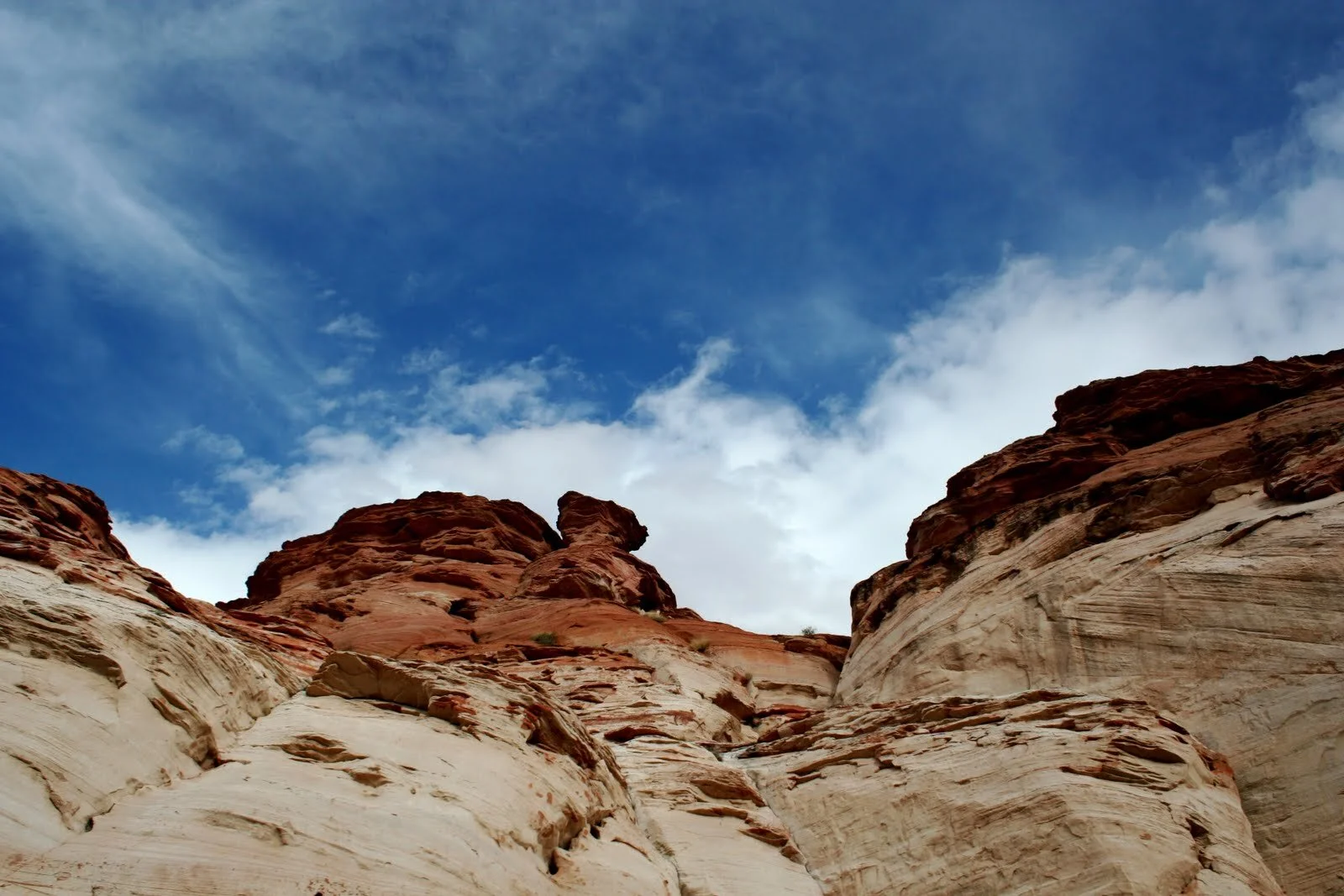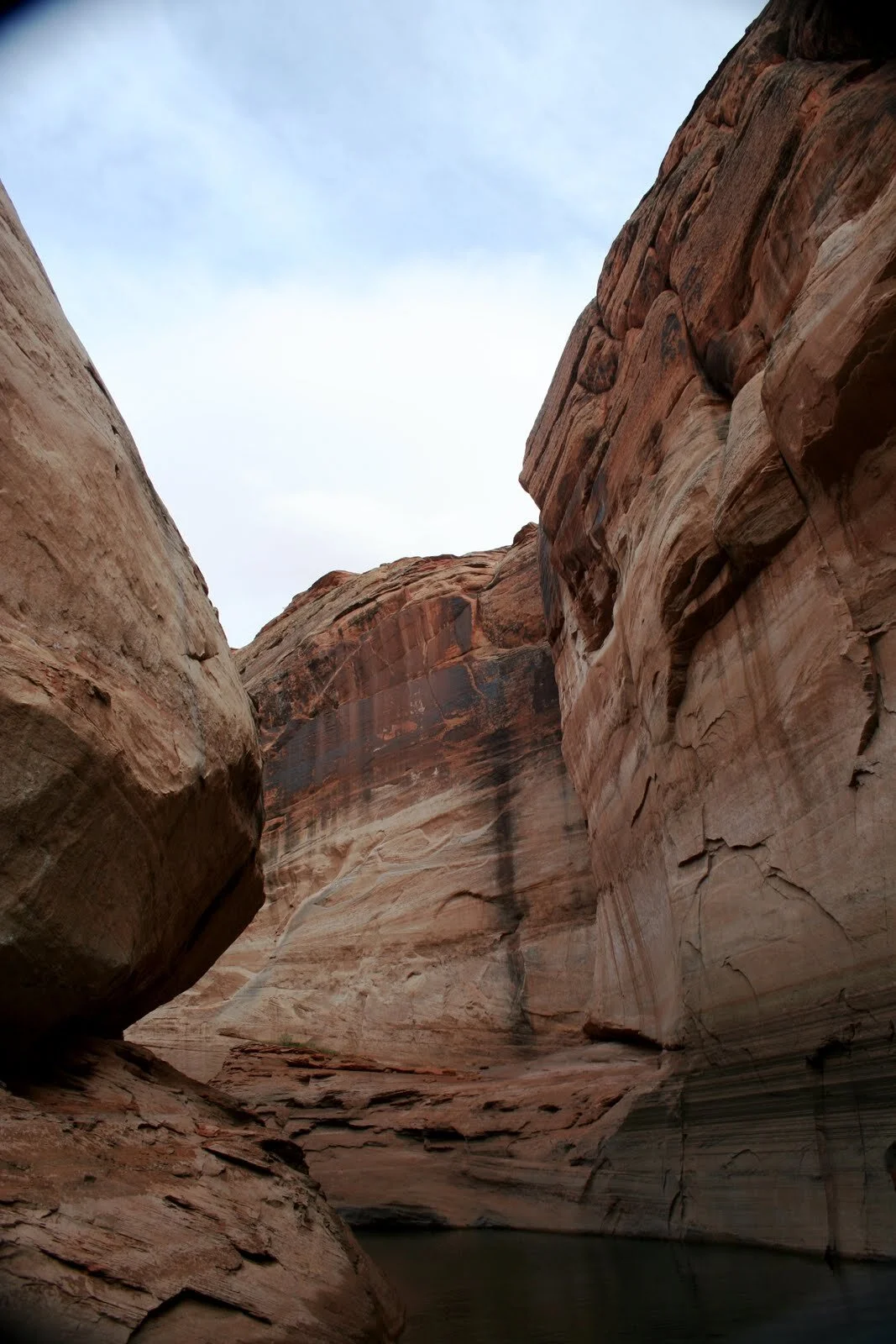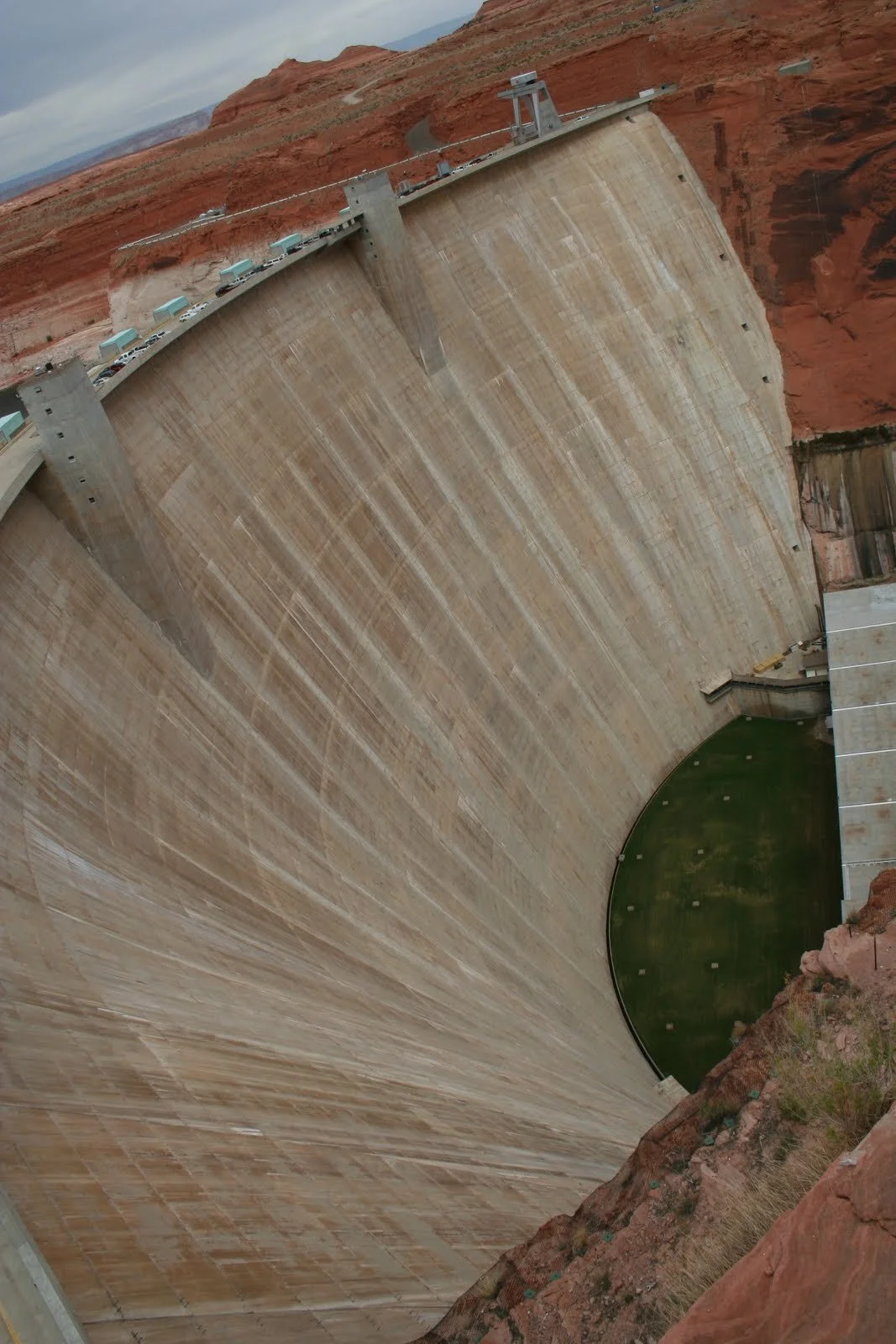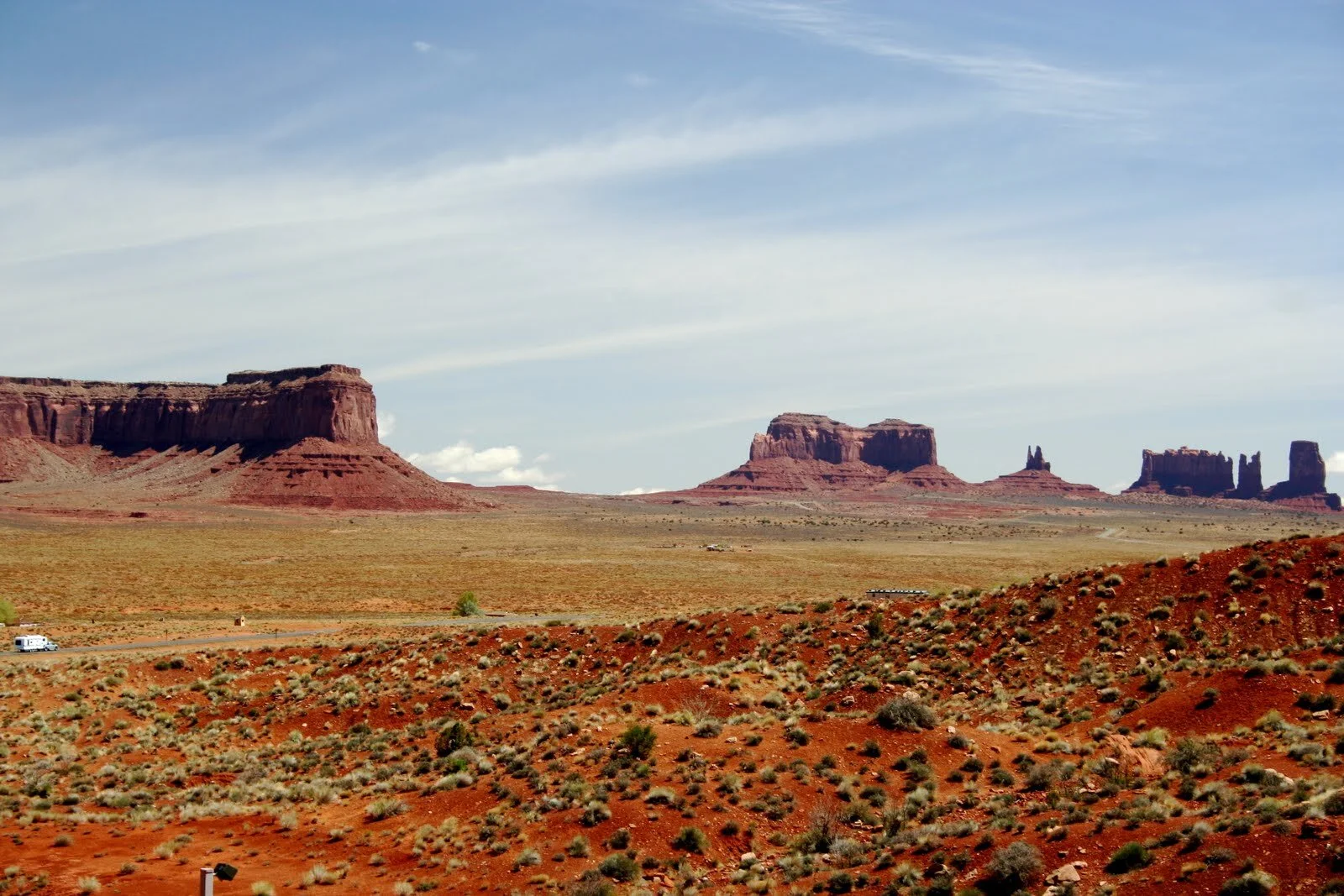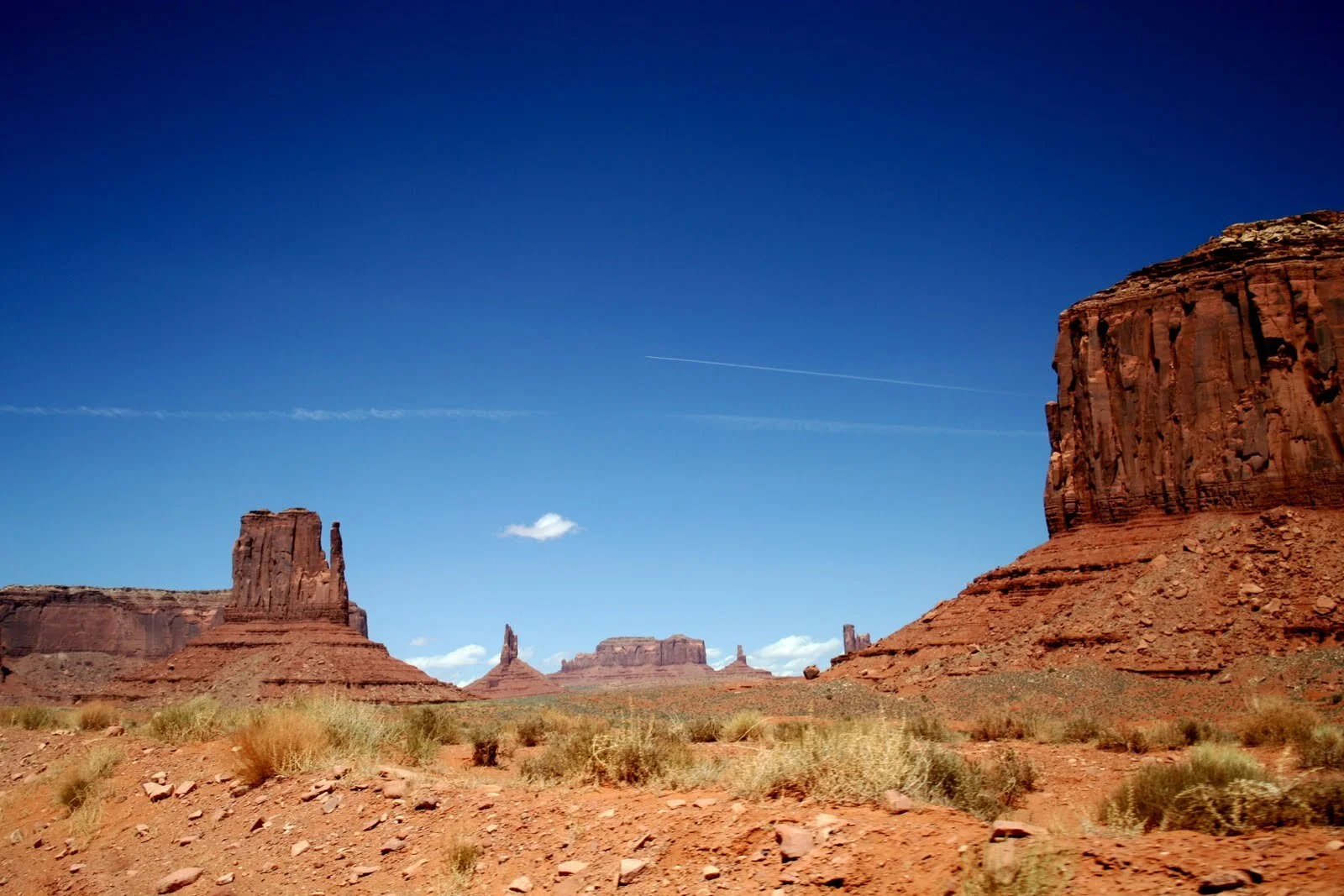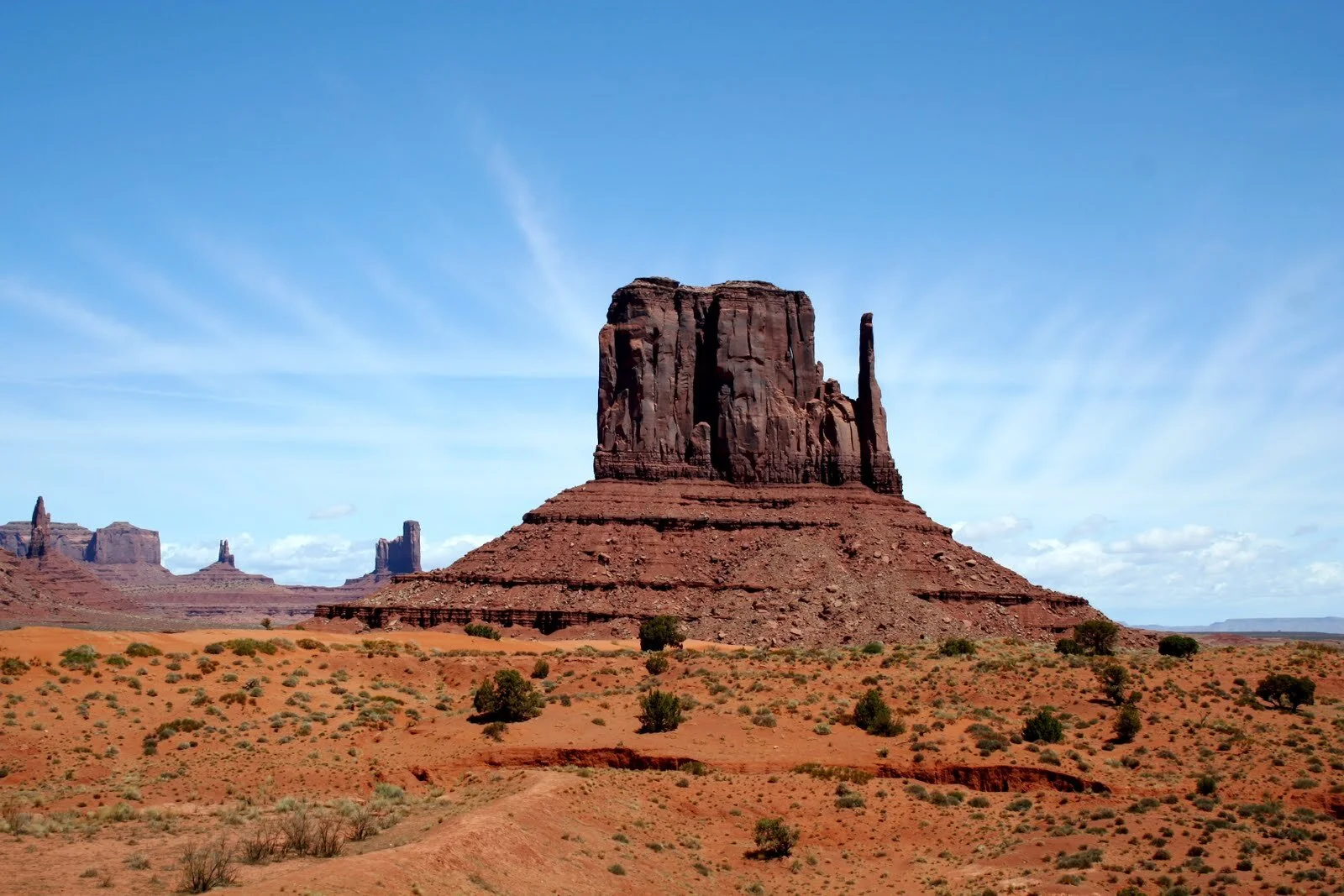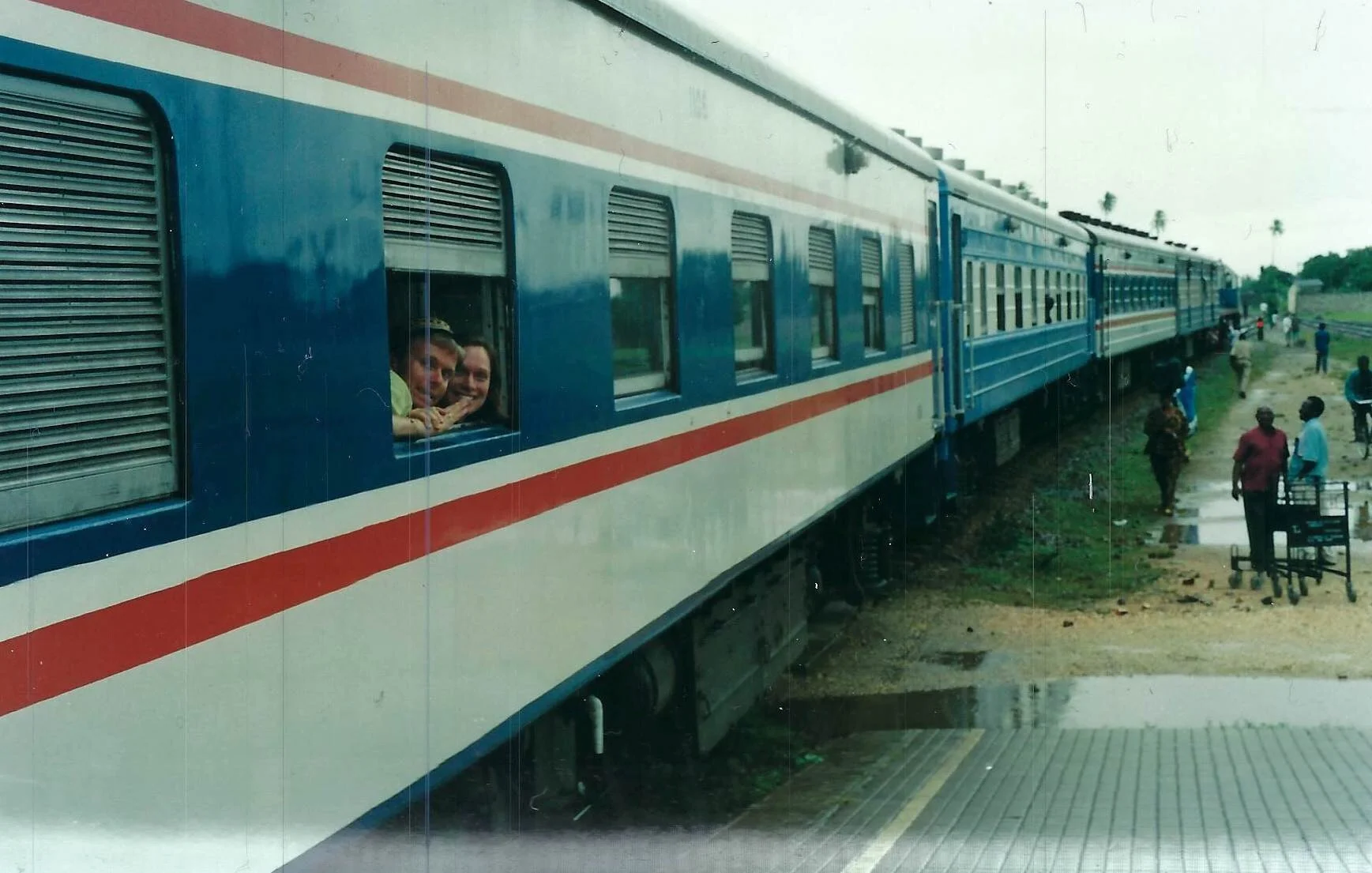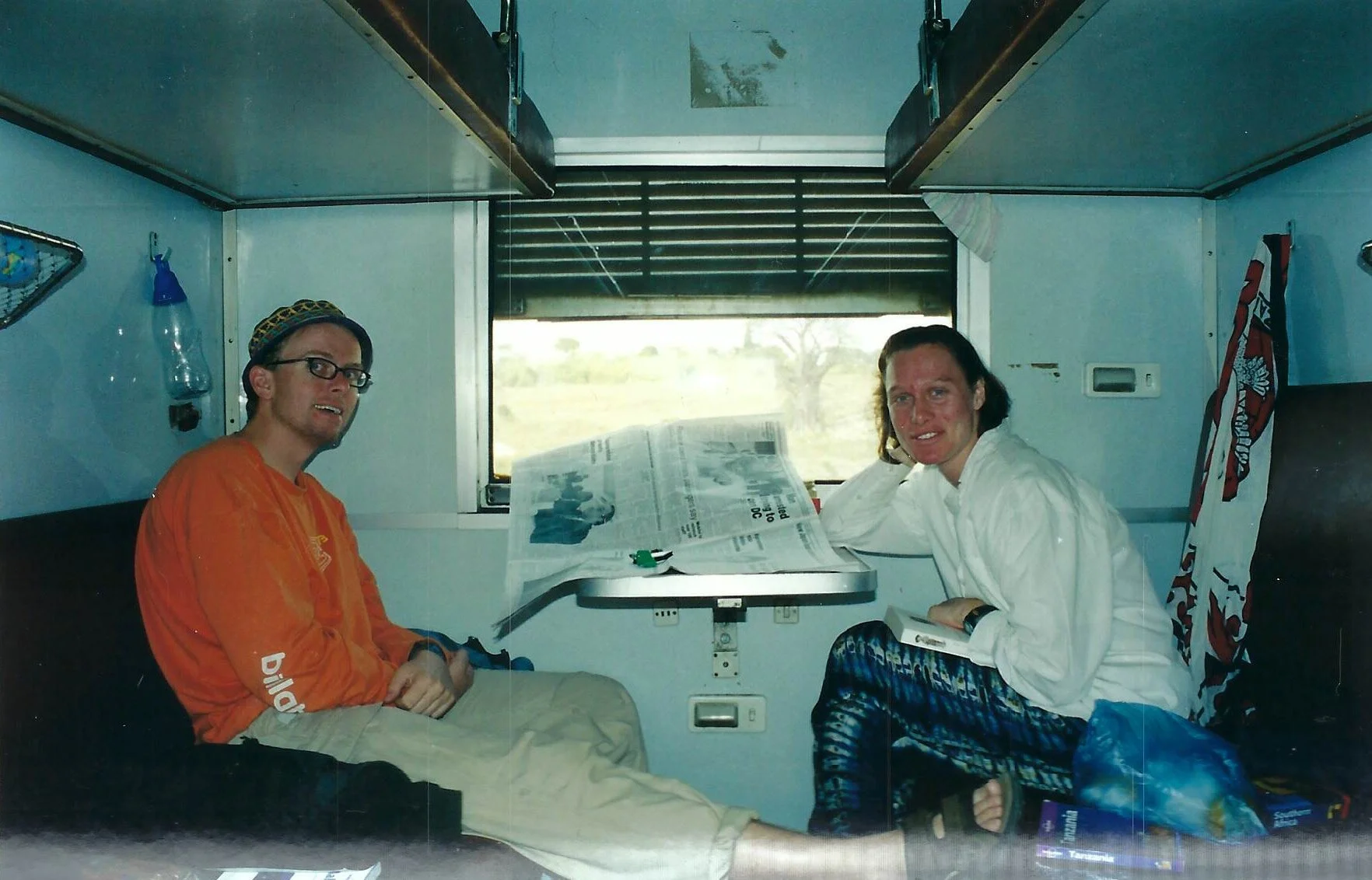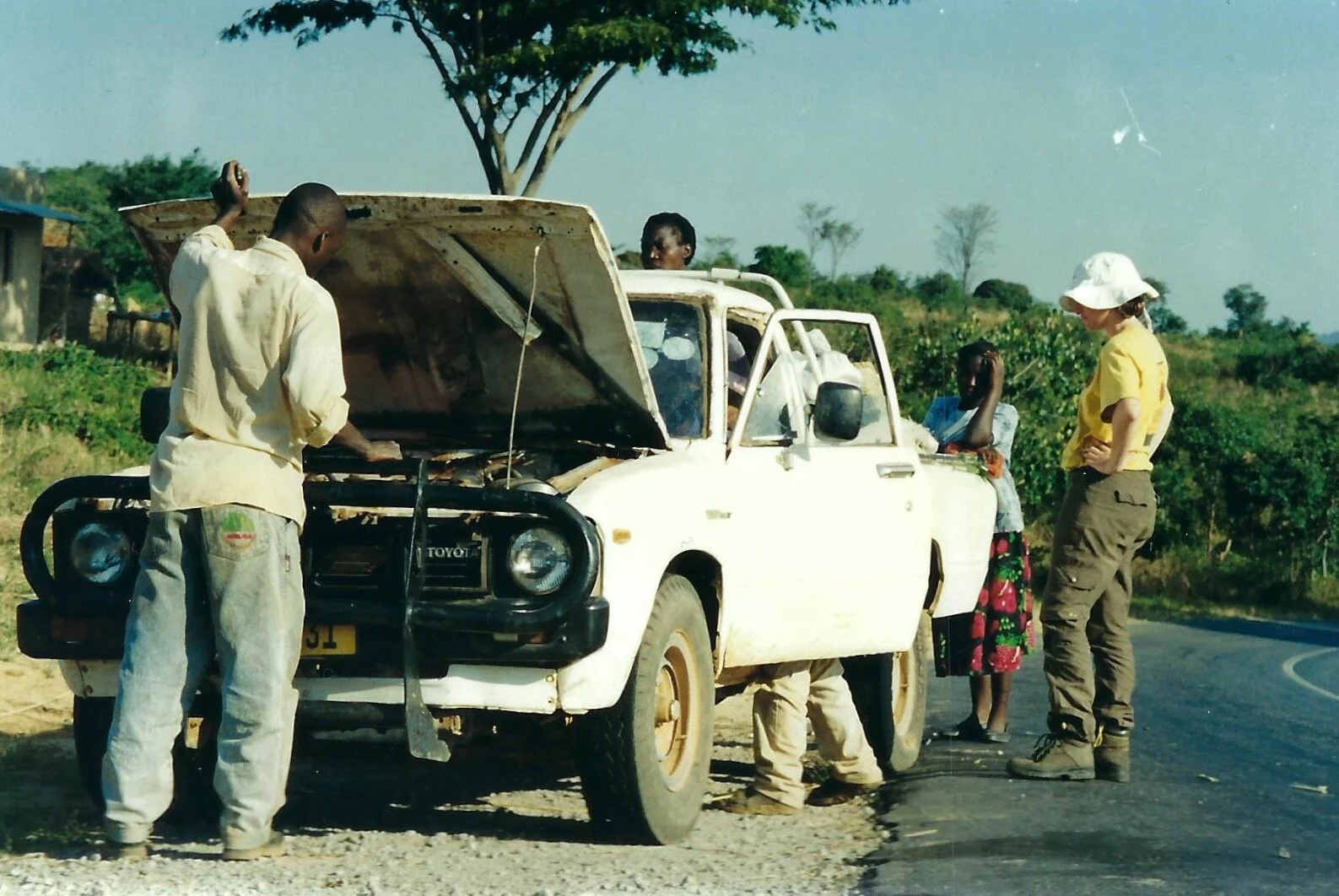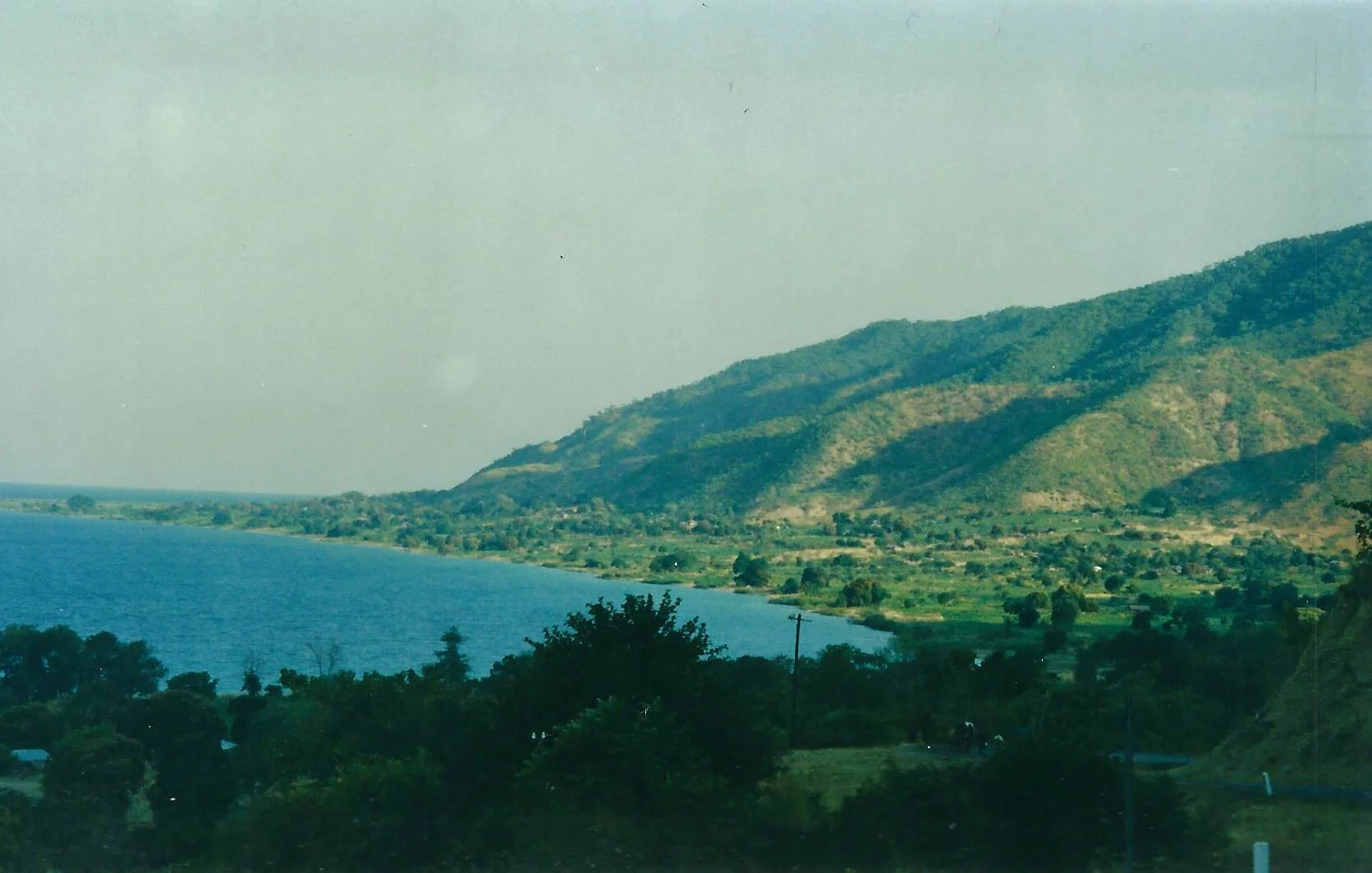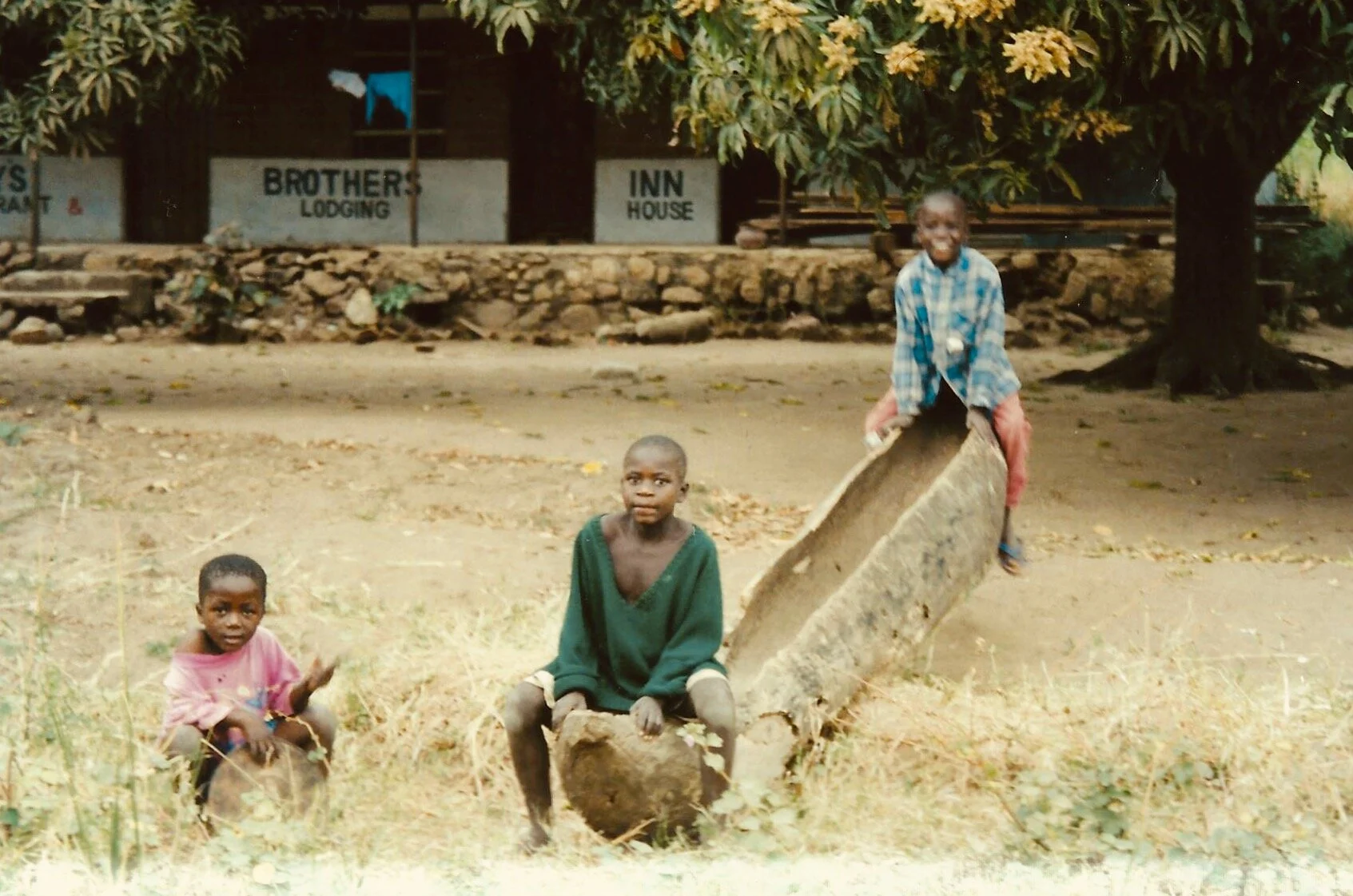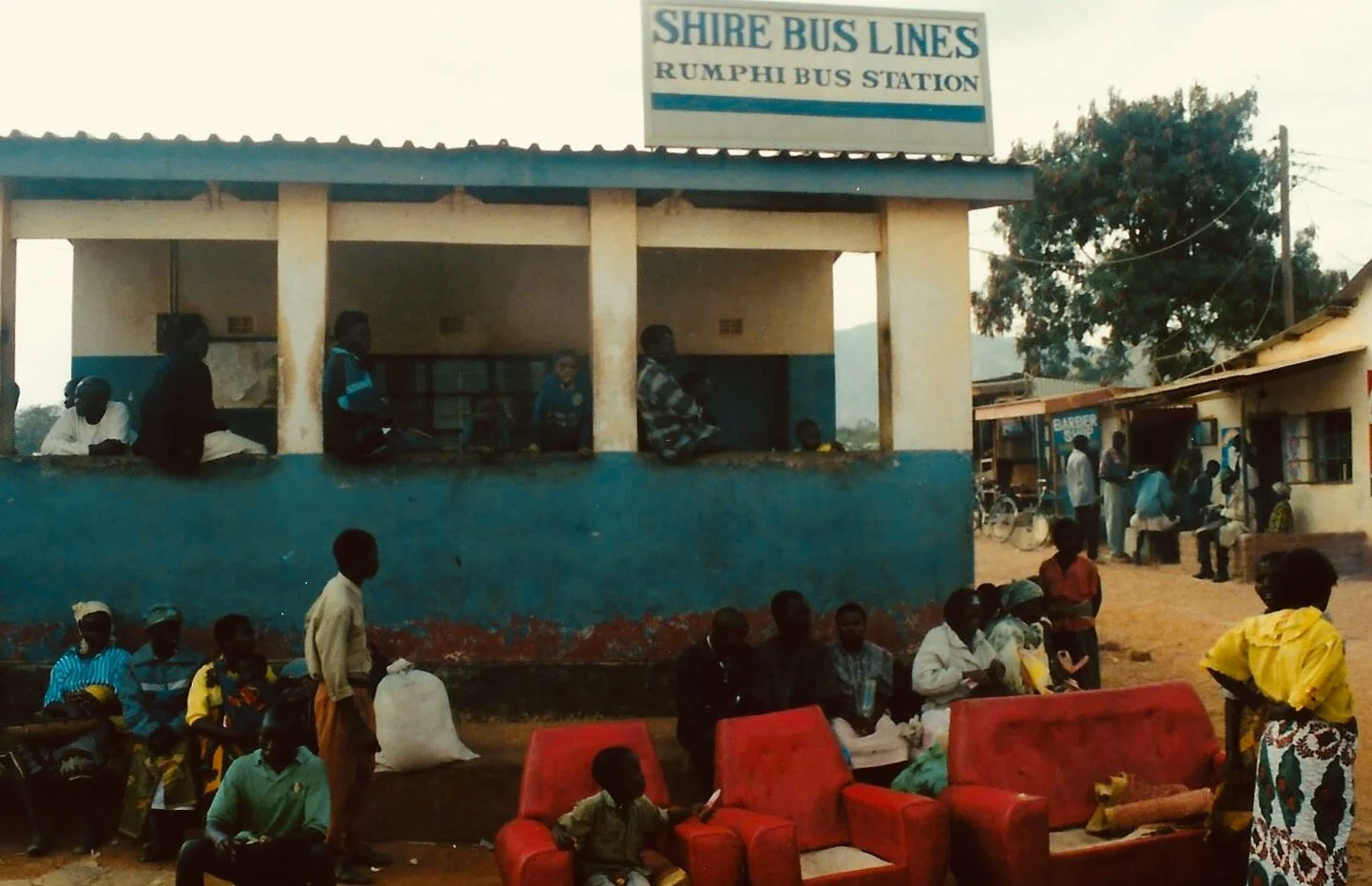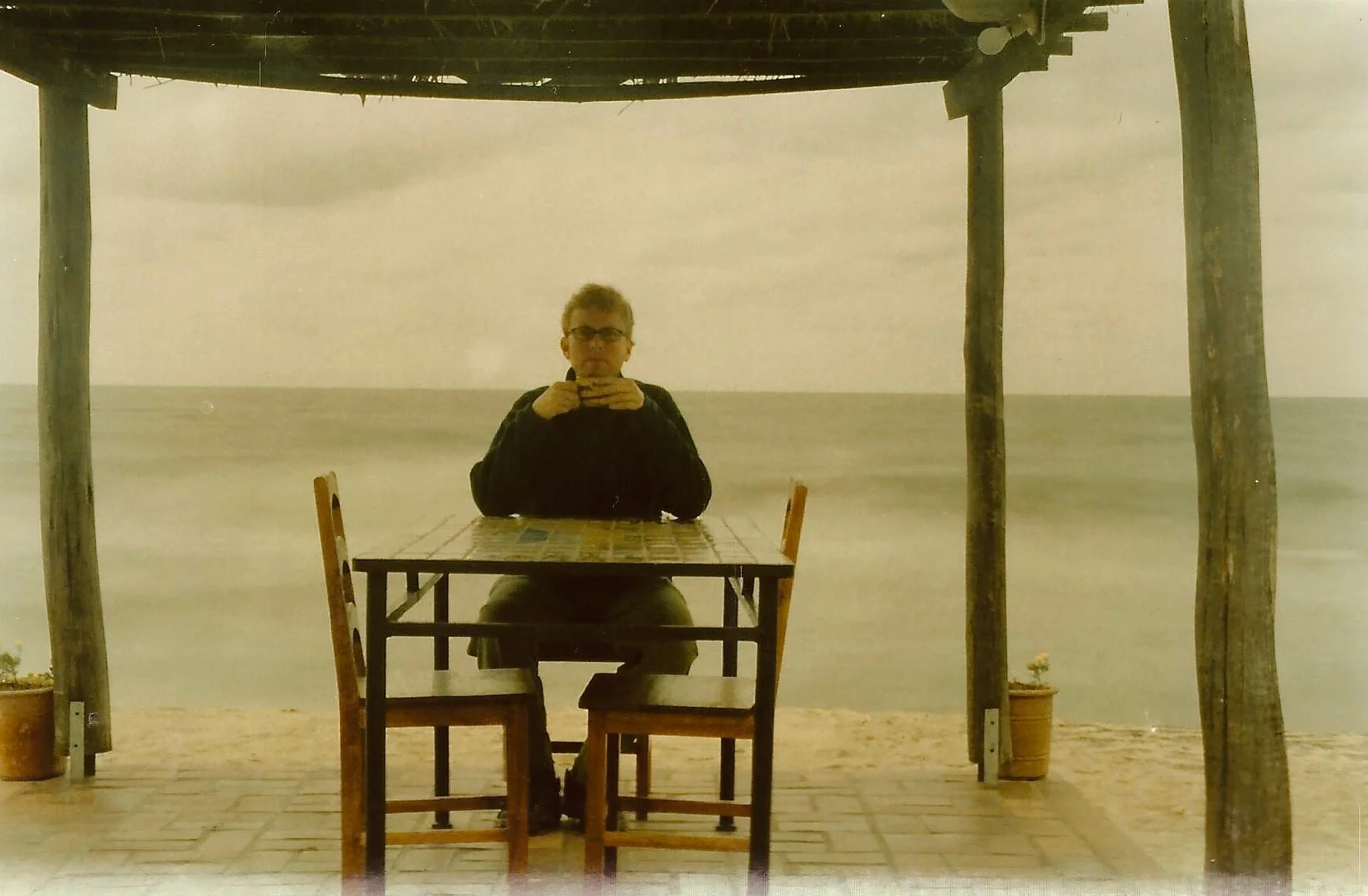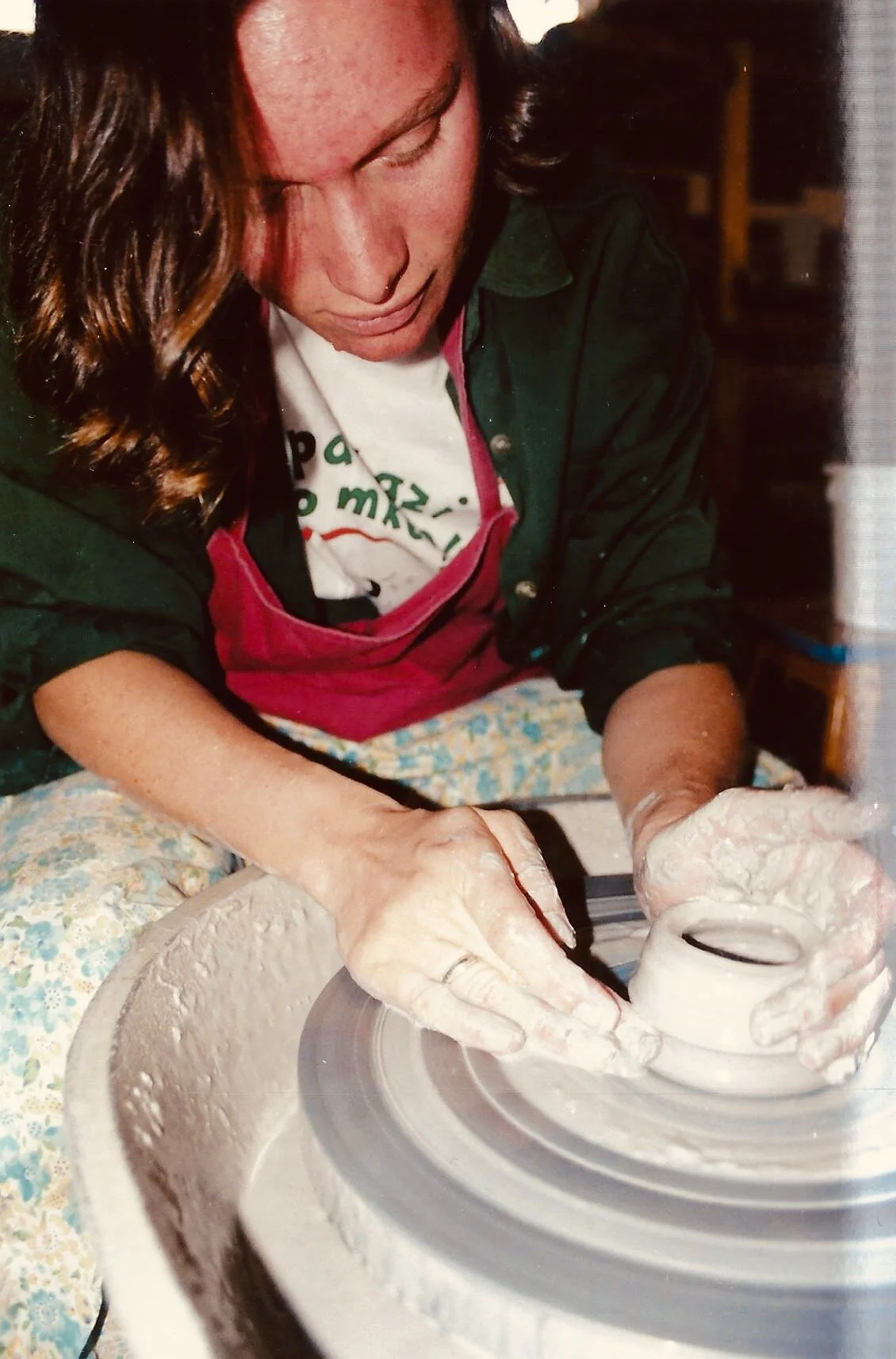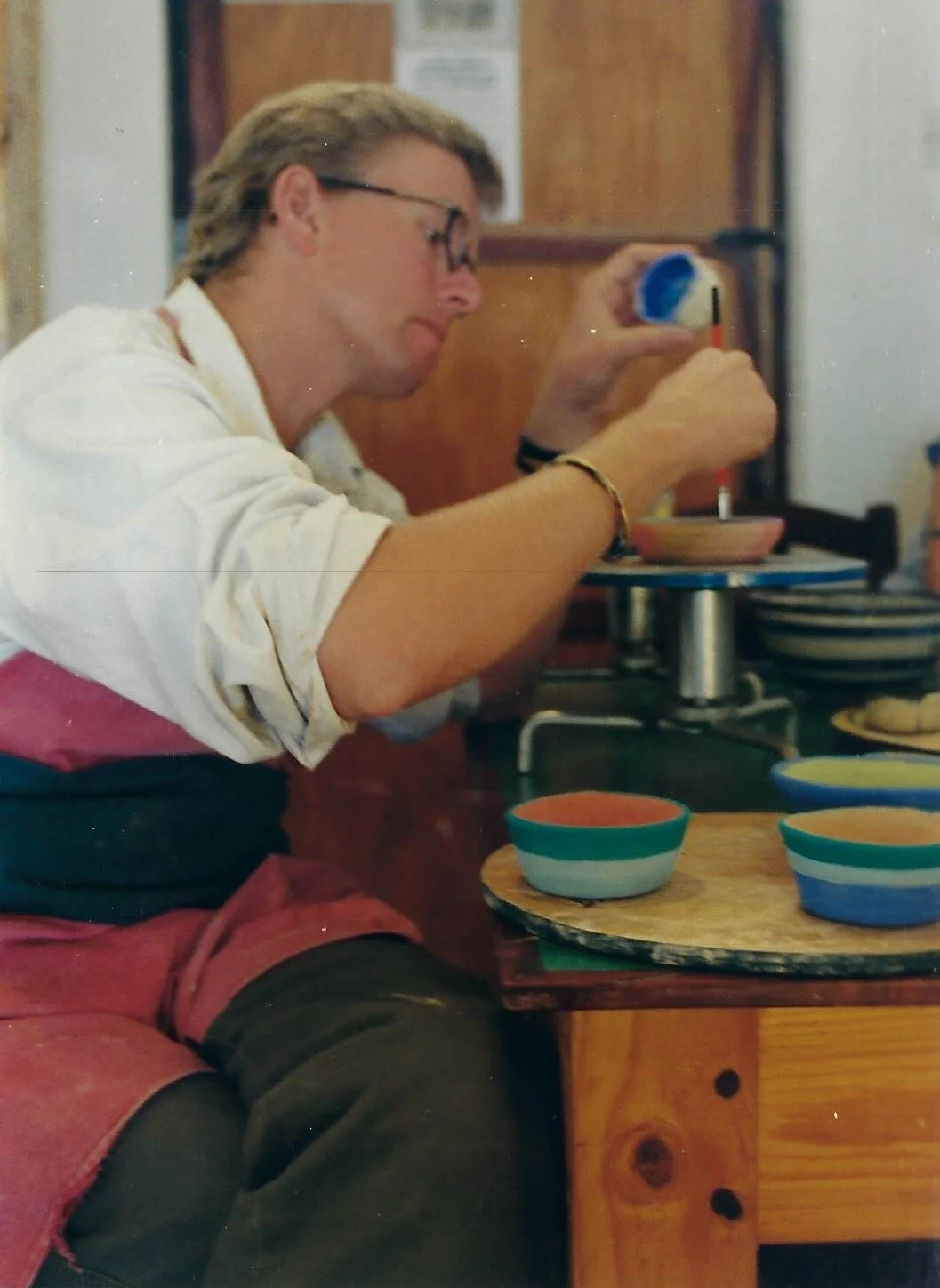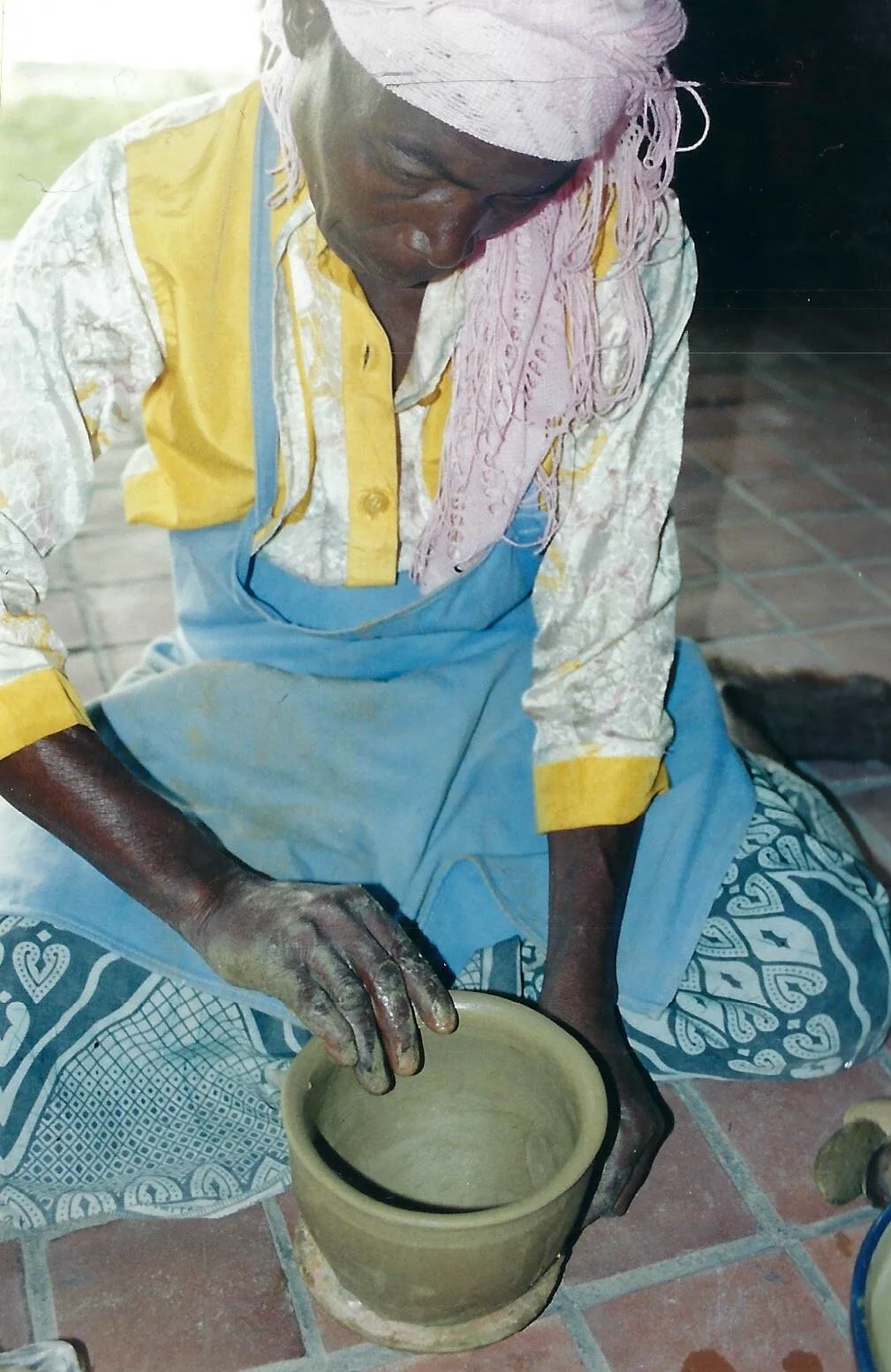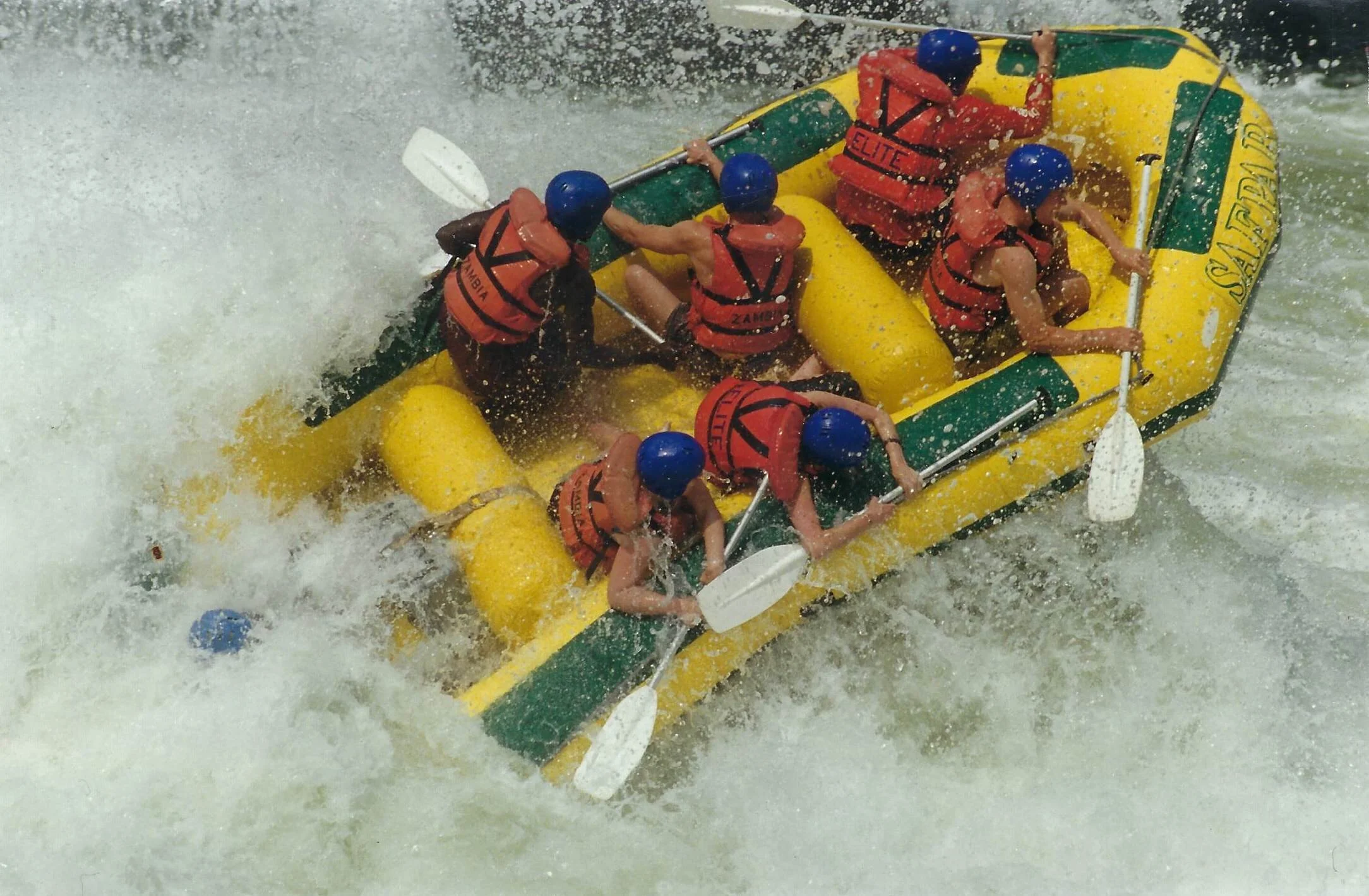South Africa
In preparing for our trip to Botswana, I took advantage of a special deal from KLM to extend my stopover in Johannesburg to visit South Africa. Now keep I mind that this was 1991 — a year after Nelson Mandela’s release from prison — and the country was still officially under economic sanctions. I called the Global Affairs office to see if this was a bad idea or not. They wouldn't recommend it — too dangerous — but they wouldn’t stop me. I hesitated. Relations about South Africa were about to re-open in recognition of the changes that were already underway. so I wasn’t really breaking sanctions. And besides, when would I ever get to go there again? So, I booked a two week layover and focused on finishing my term.
1991 was just pre-internet and there were no guide books available at the Hamilton Public Library. I had never met anyone from South Africa, so I followed the long-time travel rule of “anybody who is a friend of a friend of a friend of mine is a friend of mine”. As it turned out, my brother had met a South African couple on a Contiki tour of Europe a year before and he still had the man’s business card. I wrote “Terry” to let him know that I was coming and that I’d call him in Johannesburg on the way to Botswana.
Not much of a plan, I’ll admit. No one wrote me back, and so when I called from a phone booth at the old Jan Smuts International Airport, I really wasn’t sure what would happen. The secretary put me through to Terry who was surprised to hear from me. “No, we never did get a letter. But if you’re a brother of Brent, you must stay with us. Just call us when you come back through town.” Click.
Five weeks later, I said goodbye to my fellow Canadians, left the secure area of Jan Smuts, and called the number again. Thankfully, Terry took my call and came to pick me up. I stayed at their house for a few days and saw a bit of Johannesburg. But I was itching to get out of town, so he set me up to take bus to Nelspruit. It was dark by the time we pulled into town and the attendant on the bus asked if I knew where I was going.
“To the camp ground,” I said.
“Right….I’ll see if I can find you a ride,” she offered. Five minutes later she pointed to a young soldier a few rows a head. “His family will give you a lift.”
I got off the bus, shook hands with the soldier and his family, and crammed into their small Vokswagen sedan.
“Camping?” the father asked. “It’s too fucking cold to camp tonight. You’re staying with us.” He then drove up the highway much further than I had planned on and I crashed in one of his kids’ beds. The next morning he took me around on a motorcycle to see the local area before dropping me off on the road to catch a lift north.
My time in South Africa continued like this. My next ride north had a cousin who was heading back to Johannesburg a few days later. “Meet her at the Wimpy restaurant in this town at 7 am”. I dutifully got up early and trekked into town in the expectation that they would be there. Sure enough, she and her friends were waiting for me. They in turn put me in touch with her cousin in Cape Town. “Give them a call if you’re going out there……they’ll be glad to see you.”
On the whole, the white South African’s I met were incredibly hospitable. I think that I was a bit of curiosity to people because they really hadn’t had a lot of tourists, never mind backpackers for years.
“What do you think about South Africa?” they’d ask.
“Aw but you’re country is beautiful……”
“No, what do you think about South Africa?” They wanted to talk about politics. Fair enough. I shared my opinions as respectfully as I could while trying to impress that while there was still racism in Canada, at least we knew enough that it was no longer acceptable to think or talk that way. Not so much there. Two drinks in and people said some really awful things.
It was harder to move outside of white circles. I took a local train from Pretoria back to Johannesburg and sat in second class. I was the only white person and I thought this was an opportunity to get the real scoop. “What do you think about South Africa?” I asked the guy across from me, expecting that he’d realize that I was a sensitive white liberal from Canada who had participated in the struggle — or at least a few anti-apartheid demonstrations at McMaster. No response. I can’t say that I blamed him. He probably thought I was an under cover cop with a fake accent.
Fortunately another Seminar participant, Esther, had better connections with the opposition and we visited with some social activists at WITS university. We even took part in a student protest. A few days later, Esther and I took an overnight bus (serving wine!) to Cape Town to meet the cousin-of-the-friend-of-a-stranger and his family. They dropped everything and took us in and around town, sent us down to Cape Point and even took us to the church. Another really hospitable family, but again, they had seemingly few connections with Black South Africans apart form those who worked for them.
But I suppose for a first trip without a plan, things turned out as best as they could have. And that trip started a life-long fascination with South African politics and social movements. I ended up writing my undergraduate research paper on what a post-apartheid government might do. And i’ve had the pleasure of visiting there three or four times since. Every time that I visit, I’ve seen a lot more integration and some progress. The country remains incredibly unequal and faces a lot of problems, but aw, so beautiful.
